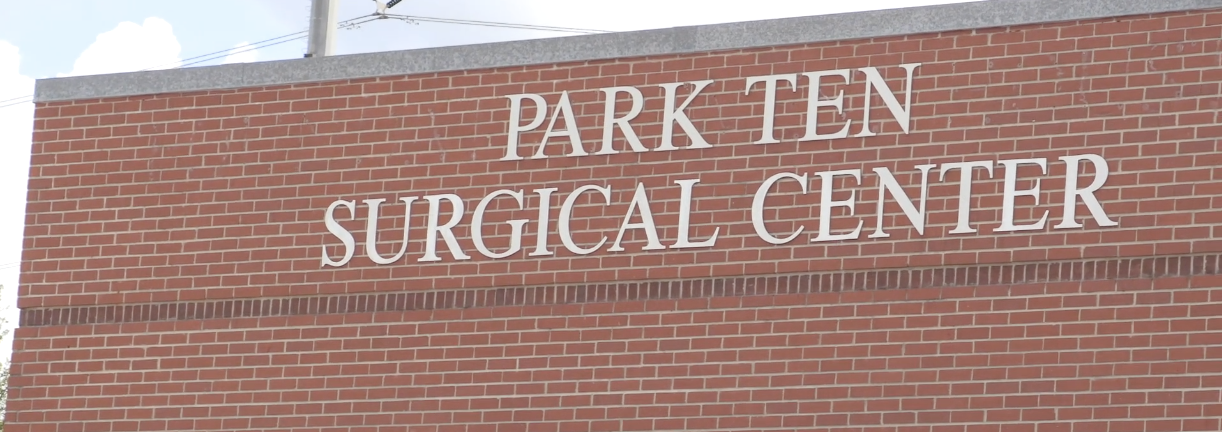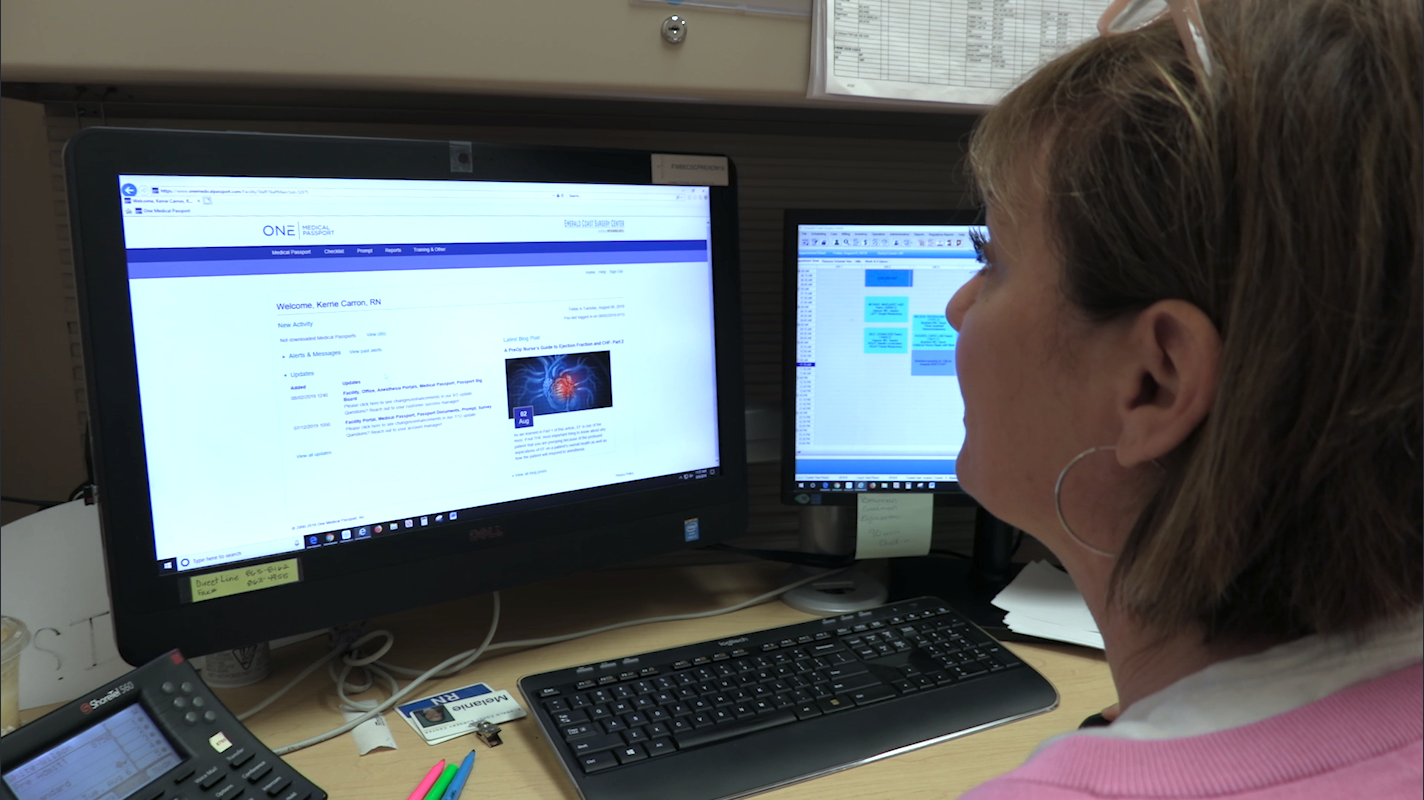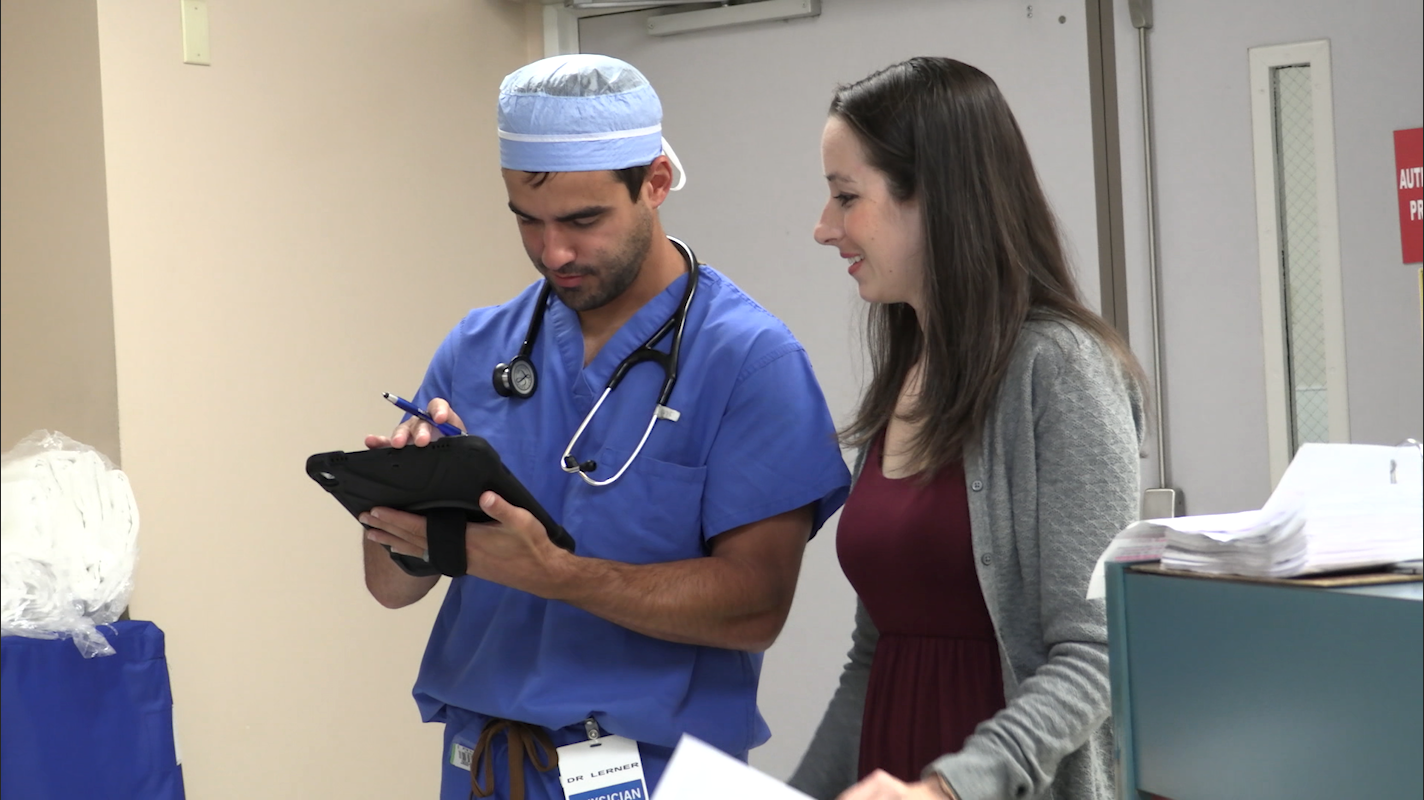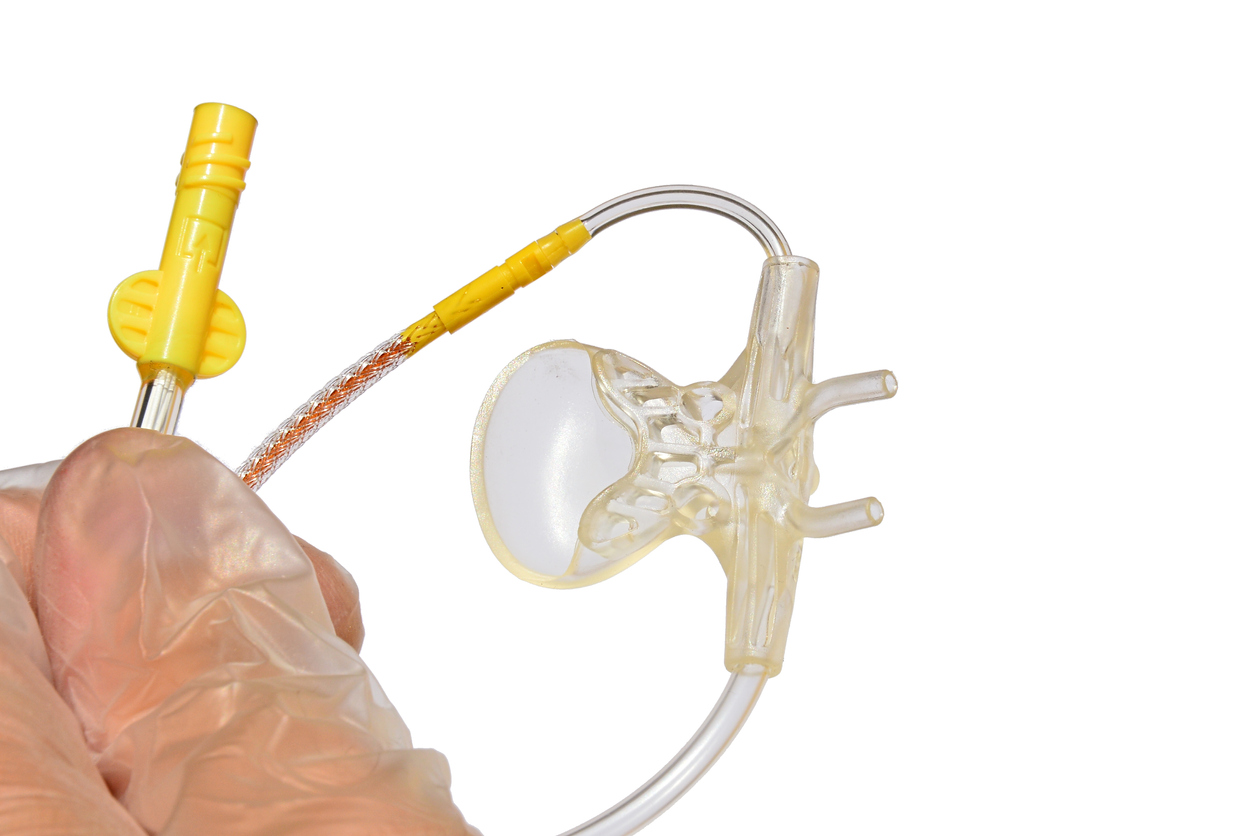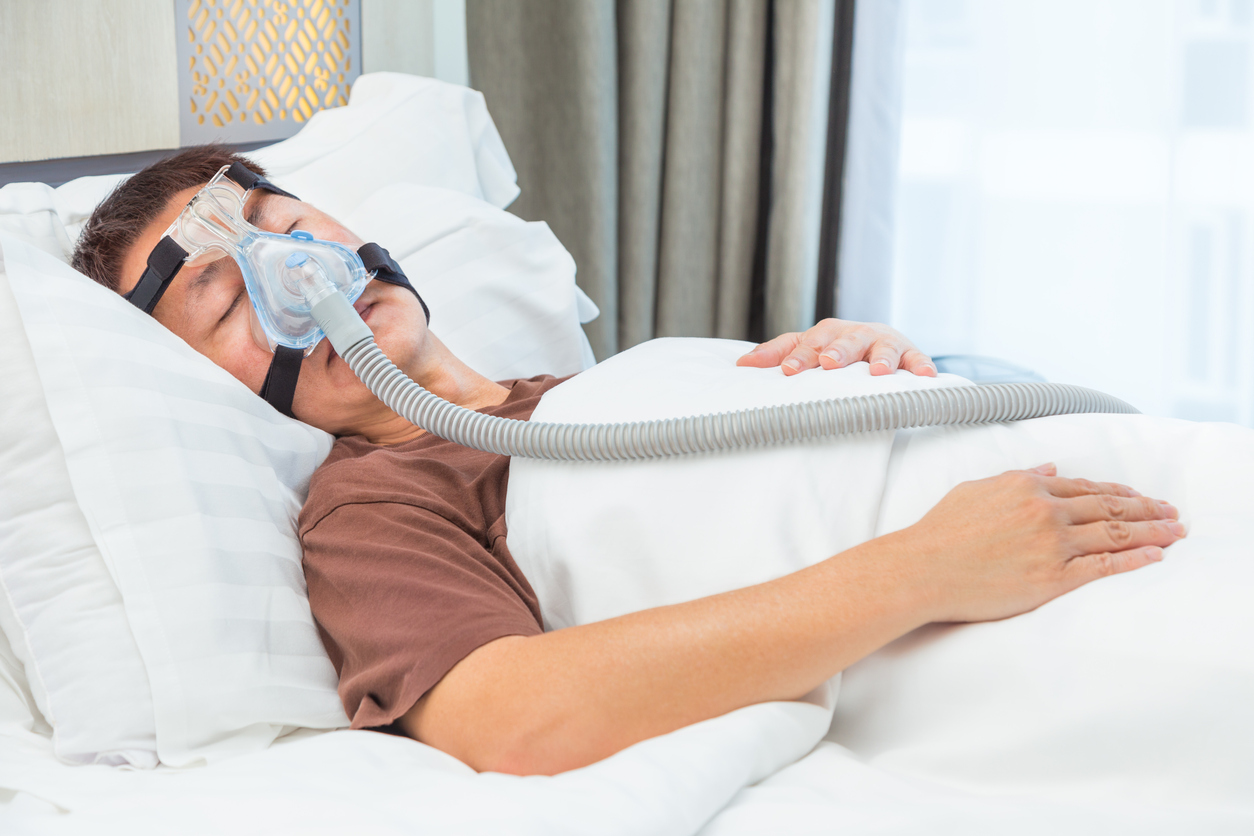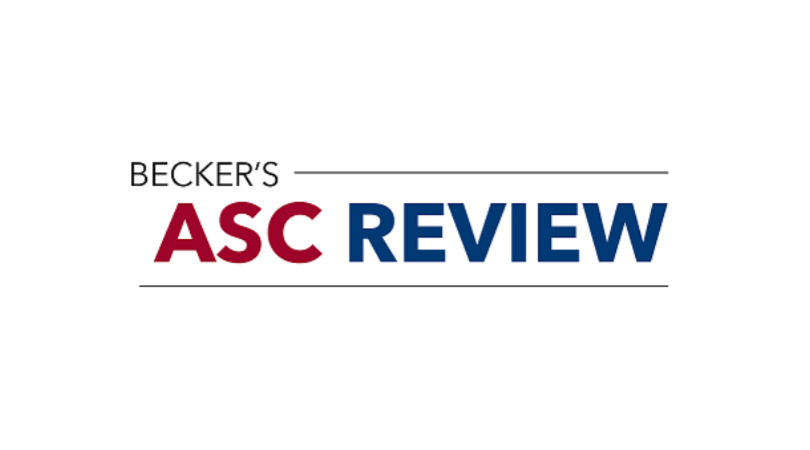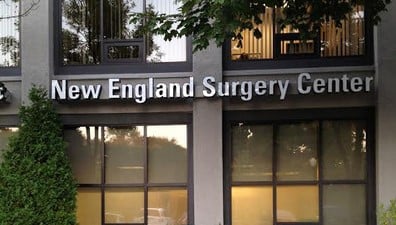It is no secret that healthcare providers are struggling to streamline their cash flow because getting patients to pay in a timely fashion is not always an easy job. Medical debt in the United States has become so commonplace that Forbes reports as many as half of Americans have some kind of medical debt.
Want to stay in the know on the latest ASC tips and topics?
Recent Posts
Looking for Something?
Categories
- ASC (82)
- ambulatory surgery center (82)
- video (36)
- nurse guide (29)
- patient communication (27)
- patient satisfaction (27)
- covid19 (26)
- surgical facility (25)
- business and finance (22)
- technology (22)
- patient engagement (19)
- ambulatory software (18)
- pre-admissions (16)
- Case Study (14)
- ambulatory surgery center software (11)
- outpatient surgery (11)
- culture of safety (10)
- complex cases (8)
- or volume (8)
- administrator (7)
- employee satisfaction (7)
- infection control (7)
- outpatient surgery software (7)
- risk management (7)
- solutions (7)
- cardiac (6)
- disinfect (6)
- patient tracking (6)
- postop (6)
- total joint (6)
- document management (5)
- implementation (5)
- patient survey (5)
- surgery scheduling (5)
- ASC Everyday Heroes (4)
- hiring (4)
- job security (4)
- payment plan (4)
- preop (4)
- scheduling (4)
- security (4)
- surgery center (4)
- women in healthcare (4)
- ASC booking (3)
- CMS (3)
- CMS requirements (3)
- Derek's Corner (3)
- best practices (3)
- data integration (3)
- everyday heroes (3)
- outpatient surgery center (3)
- patient registration (3)
- preop nurse (3)
- revenue (3)
- senior patients (3)
- specialty procedures (3)
- texting (3)
- vendor management (3)
- ASC quality reporting (2)
- Accreditation (2)
- GI (2)
- ambulatory surgery center surveys (2)
- burnout (2)
- cancellations (2)
- clinical (2)
- cost (2)
- digital chart storage (2)
- healthcare consumerism (2)
- hygiene (2)
- new hire (2)
- patient charts (2)
- patient risk (2)
- payments (2)
- screening (2)
- sleep study (2)
- time management (2)
- 2021 (1)
- 4 tips (1)
- Accredited (1)
- Billing (1)
- ERAS (1)
- One Mnet Health (1)
- SaaS (1)
- capnography (1)
- certfication (1)
- colonoscopy (1)
- conscious sedation (1)
- corona virus (1)
- customer spotlight (1)
- diagnosis (1)
- elderly patients (1)
- endo (1)
- intubation (1)
- laryngoscopy (1)
- marketing (1)
- obesity (1)
- online pre-admissions (1)
- outsourcing (1)
- patient (1)
- patient finance (1)
- patient satifaction (1)
- payment (1)
- personalized care (1)
- physician offices (1)
- pricing (1)
- recovery (1)
- sleep apnea (1)
- staff burden (1)
- staffing shortage (1)
- surgery center management software (1)
- top 12 (1)
- vendor communication (1)
- vendors (1)
One of the most pressing challenges facing ASCs and healthcare organizations today is pervasive staffing shortages. While nursing shortages are nothing new to healthcare industry veterans, the Covid-19 pandemic pushed the issue to a critical turning point.
Modern facilities have a number of challenges to tackle on any given day. The ultimate challenge is to figure out how to keep improving your services, increasing patient satisfaction, as well as running an efficient and profitable ASC without bankrupting your most valuable resource — time.
In a bid to mitigate the damage of a mysterious global outbreak, governments worldwide implemented a series of restrictive actions to COVID-19 such as lockdowns, mask mandates, and social distancing. This period of isolation had far-reaching consequences on societies around the world, and created a dramatic surge in the use of digital technologies. In response, the public has grown accustomed to such technological solutions in all aspects of life — remote education, remote work and remote health services have suddenly become a necessity, and not merely a luxury. According to research provided by the International Telecommunications Union (ITU), during the pandemic the number of internet users worldwide grew from 4.1 billion in 2019 to 4.9 billion in 2021.
In the modern day and age, patients — as consumers in everyday life — are highly digitally empowered. As their digital skills evolve and demand for digitalization grows, healthcare providers must make an effort to keep up with the times and adapt to meet patient expectations.
In this day and age, creating a seamless patient journey is not an easy job. While by and large the patient experience depends on staff, they cannot be expected to do everything on their own. When staff are overworked without enough personnel to provide assistance, patient experience — and hence patient satisfaction — suffers.
Healthcare providers across the board, including surgical facilities, struggle to streamline their revenue because getting patients to pay is not always easy. In fact, medical debt in the United States has become so commonplace that Forbes reported no less than half of Americans struggling with some kind of medical debt.
Derek Smith, CEO, explains how One Medical Passport and Mnet Health help with healthcare consumerism through powerful technology.
Do you have anything you'd like us to post about? Leave a comment down below and let us know! Be sure to subscribe so you don't miss our next blog.
As more and more patients seek out reputable ambulatory surgery centers for outpatient procedures, it’s more important than ever that facilities consider ASC patient engagement as a key aspect of their overall communication strategies. What complicates the matter is finding a way to be personal and helpful for each individual patient without burning all of your time and energy doing so. There is ambulatory surgery center software available that makes these processes much easier, of course. But in developing your ASC messaging strategies, it is important to keep a few things in mind:
Our parents and grandparents experienced healthcare in a straightforward way. They went to a doctor they respected, were treated for what was wrong, and didn't question the advice of their physician. They usually went to the doctor only when absolutely necessary and never dreamed of the fantastic array of options now available. Today, patients have access to a wide range of healthcare options. They can research their symptoms and choose when and where they want treatment. Things have changed in many ways, and your ASC has to keep up with these changes.
It’s been rough the last few years at Ambulatory Surgery Centers. Staff members have had to take on additional roles when associates have been quarantined. Staffing shortages across the country now make it necessary for staff to multitask in ways they’ve never had to before. Your ASC still has to run smoothly and care properly for your patients even when short-staffed. The burden can be crushing. Nurses and other health care professionals may feel overwhelmed working in this newly chaotic environment. To ease the burden and let your staff get back to the most essential duties, including patient care, invest in technologies that make life easier on the job.
Healthcare consumerism refers to the recent movement in the United States toward patients taking a more significant part in choosing their healthcare. With more options available and individuals taking the time to better educate themselves, Ambulatory Surgery Centers feel the impact. As patients become more involved in seeking cost-effective, safe, and efficient methods of treating medical conditions, ASCs have to find ways to ensure patients choose their facility. New ASCs open every year, and the competition for patients is fierce.
Ambulatory Surgery Centers are increasingly handling complex procedures, partly because patients are shopping around for the best options for elective procedures. With the rise in the complexity of specific procedures like total joint replacements, ASCs must ensure they provide exceptional care in line with the often lengthy and challenging procedures they perform. If your ASC has recently added more complex procedures to the surgeries it offers, now is the time to upgrade your ASC technology to meet your patients' needs and provide the best possible care.
Derek Smith, CEO of Mnet Health, is a proven executive who is passionate about the ability of technology to simplify and improve healthcare. He joined Mnet in May of 2021 to continue on the mission of addressing the critical issue of healthcare provider reimbursement. After the recent acquisition of One Medical Passport, Derek plans to expand this mission and vision by also providing facilities with state-of-the-art software solutions.
"We're now offering this concierge support... and that support is really defined by keeping the patient in the forefront."
To learn more about Derek and his vision for the company, check out the video below! This is the first edition of our Derek's Corner series, so be sure to check back for more.
Introducing new technology in your Ambulatory Surgery Center can be a complex process. Some staff members may be resistant to change, others may be fearful of the learning curve. Successfully onboarding new technology relies on having your entire team on the same page and enthusiastic about the process. Here are our tips for making a smooth transition when your ASC onboards new technology like our patient tracking boards and vendor management software solutions.
An Ambulatory Surgery Center is only as successful as the satisfaction of its patients. Patients who are happy with how they are treated before, during, and after outpatient procedures are some of the best advertising your ASC can receive. Moving into 2022, consider how you can build on an already good patient experience and make it an excellent patient experience.
It's the time of year when everyone is thinking about New Year's Resolutions and having goals for the coming year. Setting goals for the New Year promotes a positive atmosphere and encourages a team outlook at your ASC. Naturally, you want your goals for 2022 to also create positive surgical outcomes. But how do you determine a tangible goal or set of goals for your Ambulatory Surgery Center?
In December, having a surgical procedure is particularly stressful because most people are trying to get ready for the holidays. The added stress of preparing for Christmas, Hanukkah, or Kwanzaa can make going to an ASC even more difficult. Be sure your Ambulatory Surgery Center puts some fun holiday traditions in place to alleviate some of this. Creating a cheerful, holiday environment will help alleviate some of your patients' stress and contribute to a pleasanter working atmosphere for your staff.
The second feature in our Women in Healthcare series goes to Lauren Illescas, COO at Mnet Health. Learn more about Lauren and how women are uniquely positioned in the healthcare industry and assist with driving operations efficiently.
Even the best Ambulatory Surgery Centers face moments of adversity. Some of these may be adverse patient events, negative publicity, or a serious illness or loss by a staff member that impacts the team. While some adverse events aren’t under anyone’s control, others may need to be handled appropriately by management to minimize the ripple effect of negative outcomes. When adverse events occur, your ASC's recovery will hinge on several factors, including the resiliency of your employees and how your facility handles these events internally.
The patients at your ASC are your most valuable asset. Without individuals turning to your Ambulatory Surgery Center for procedures, you'd be out of business. When patients use your facility, it's vital to foster loyalty and thank them for using your ASC. At this time of year, when everyone is more rushed, it’s particularly important to show your patients how thankful you are for them.
The end of the year is approaching, when many patients have fully paid their insurance deductibles. They often use this time to fit in any covered medical treatments and surgeries before the end of the year. It's natural to want to have a surgical procedure done in the last few months of the year when it is entirely covered by insurance, but it can overwhelm your ASC with patients trying to schedule at the last minute. Your staff will be fielding many phone calls, trying to maximize scheduling without impacting patient care, and coping with additional billing and insurance issues. Make sure your Ambulatory Surgery Center is prepared for the onslaught.
In July 2021, One Medical Passport announced the second round of the ASC Everyday Heroes Program. The program was created in 2020 to not only give back to the ASC community, but to recognize, honor, and reward the remarkable outpatient surgery professionals who have gone above and beyond their role and touched the lives of so many.
Since the 1900s, growth in healthcare has been driven by women, who make up 80% of the overall growth in health services. Since 2000, the number of people in full-time healthcare positions has increased from five million to nine million (U.S. Census Bureau). Three-quarters of those workers are women. To put it frankly, your health is in women’s hands.
The financial success of any Ambulatory Surgery Center depends first and foremost on providing excellent healthcare at a reasonable price, but that's an oversimplification. Some ASCs maintain a healthy profit margin while others continually struggle to maintain a solid financial status despite offering similar services with similar results. Often, the difference falls with how things are handled outside the realm of care itself. It's more about how payments are addressed, the status of their managed care contracts, or how well they market themselves to patients.
Creating a positive work culture is imperative in Ambulatory Surgery Centers. ASC employees are under constant stress because of the fast-paced environment and need to provide top-quality care at all times. The stakes are high, and there is always a risk that negativity can creep into your ASC's culture. Providing a positive culture for your staff will create a work environment where negativity has no place, resulting in better service, higher employee retention, and greater employee satisfaction.
Having top-notch surgeons at your Ambulatory Surgery Center is an essential factor in the success of your facility. Surgeons with solid reputations well known in their field get more referrals from doctors, and more patients request them. To attract and retain top surgical talent for your ASC, there are few things you need to have.
Anticipating the installation of new ASC software can create anxiety for surgeons and staff. Everyone worries if the software will be too complex to learn, whether it will make work life more difficult, and how it will impact patient care. Ambulatory Surgery Centers always have a lot going on and overlapping tasks that need to be handled.
No one likes feeling like they are just a number of a statistic. When patients use your ASC for a procedure, they want to feel like they are valued as individuals, not part of a treatment conveyor belt. You should strive to make sure every patient receives personalized care and leaves your facility feeling that they were treated with dignity and individualized attention to ensure their health and satisfaction.
Covid-19 keeps coming in waves, causing confusion and concern for patients and ASCs alike. Patients try to keep up with shifting, sometimes conflicting, information from the CDC, state and local officials, and their physicians. As a result, many ASC patients are incredibly stressed now that the Delta variant is spiking. Keeping patients satisfied while maintaining a healthy ASC environment is complicated. Still, there are ways to make sure you uphold the highest safety standards and reduce your patients' confusion and worry.
One Medical Passport (1MP) recently announced the launch of their second round of the Ambulatory Surgery Everyday Heroes Program. The company created this program in 2020 to not only give back to the ASC community, but to recognize, honor and reward these remarkable outpatient surgery professionals who have gone above and beyond their role and touched the lives of so many.
An aging population and a rise in gastrointestinal issues in the population have both increased the need for endoscopic procedures that are safe and affordable. Ambulatory Surgery Centers are poised to step in and fill the need. However, there are vital factors that contribute to the success of GI/Endo programs in ASCs.
The administrators of Ambulatory Surgery Centers are tasked with, among many other duties, making sure the staff at ASCs perform their jobs with confidence and professionalism. There are several steps administrators can take to foster a positive environment for the ASC staff and maintain a professional, positive environment.
Ambulatory Surgery Centers have been expanding their reach over the years, taking on a wider range of out-patient surgeries and specialty procedures. These include total joint replacements, ophthalmological procedures, GI procedures, and biopsies. It’s undeniable that doing more procedures at ASCs benefits the surgeons and staff at these facilities, but it’s also a great boon for patients, who benefit in many ways from the option of having procedures done at ASCs.
Our very own Implementations Team Manager, Michele Scott, talks to us about mitigating patient risk and using 1MP solutions to do so.
The work of an Ambulatory Surgery Center doesn’t end when the patient goes home after a procedure. For patients to heal successfully and for your ASC to thrive, post-op patient communication is essential.
Ambulatory Surgery Centers are growing in popularity. More individuals every year realize they can get top-quality health care at a reasonable price without having to check into a hospital. Surgeons are also increasingly opting for ASCs over hospitals for various procedures. How do you get these patients and new surgeons to choose your ASC over others in your area?
Nursing is a calling as well as a career. Most people who become nurses have a passion for caring for others and an intense devotion to their work that can lead to burnout when they are emotionally, physically, and intellectually drained by the demands of their job. ASC nurses aren't immune to burnout, but there are ways Ambulatory Surgery Centers can minimize burnout to ensure good mental health for their nurses and the best possible care for their patients.
Patients considering elective surgery often have questions about why they should choose an Ambulatory Surgery Center over a hospital for outpatient surgery. Many aren't sure exactly what "ambulatory surgery" means and how it differs. Being able to explain the similarities and differences clearly can be a great selling point for your ASC and put patients at ease.
One Medical Passport (1MP) announced the launch of their second round of the Ambulatory Surgery Everyday Heroes Program. The company’s clinical-based team understands the stress, hard work, and sacrifice that comes with being an outpatient surgery professional. The ASC workflow solution company created this program in 2020 to not only give back to the ASC community, but to recognize, honor and reward these remarkable outpatient surgery professionals who have gone above and beyond their role and touched the lives of so many.
The One Medical Passport team had the opportunity to visit Hamilton Eye Institute to see the ways they've used 1MP solutions to streamline their processes. This testimonial covers their use of Big Board, our patient tracking solution.
Ambulatory Surgery Center patients are often uneasy, especially if it is their first time having surgery. For some patients, it may be the first time they've had surgery outside of a traditional hospital setting; for others, it is fear of the unknown. Addressing the most common worries patients have when at your ASC can go a long way toward successful recovery.
There is incredible industry growth in Ambulatory Surgery Centers across the country. In 2019, there were 9,280 active ASCs in the United States. In the first five months, 72 more ASCs opened, and the growth trend is poised to continue into the future.
The staff at the Orthopedic Surgery Center at Bryn Mawr Hospital were looking for ways to improve patient satisfaction at their facility. Case after case, the staff was finding zero patients returned their completed patient satisfaction surveys. Was it because they hated the care they received? Did they lose the survey papers? Bryn Mawr staff knew it was time to get answers to these questions.
Postoperative care is defined as the care that a patient receives following a surgical procedure. It’s an important aspect of healthcare as it encompasses all the procedures necessary for effective recovery after any type of surgery.
According to the World Health Organization, postoperative care includes recovery room orders concerning a patient’s vital signs, pain control, intravenous fluid administration, waste output, medications, and lab investigations. Most if not all of these tasks are performed by specialist nurses.
This means that proper postoperative care is affected by the nursing shortage, especially as it includes medical tasks only doable by those with the right training and qualifications. While more specialist nurses are qualifying for their BSN, it’s currently not enough to answer the high demand for them in hospitals, community clinics, and ASCs. This is why it’s crucial for medical professionals to be well-versed in the fundamentals of postoperative care, which can help streamline the whole process and better aid patients in recovery.
Research has found that undergoing any total joint replacement can make patients feel uncertain, vulnerable, and nervous. They may experience a decrease in trust for their own body. They may have intense anxiety about harming their new joint. As their healthcare provider, you have a crucial role in helping patients feel more confident and at ease. Instead of feeling anxious and uncertain, with your help, patients can experience a significantly improved quality of life.
As a new nurse, going from the hospital environment into an ambulatory surgery center was an eye-opening experience. I remember one of my fellow nurses laughing when I asked where to get a saline flush. I quickly realized why that was so funny and the differences working in a facility that bills globally, as opposed to itemized billing. In my career, I have worked for two large ambulatory surgery management groups. When it came to increasing revenue, they had different approaches, but the ultimate goals were the same. Control the things you can control – supply costs, labor costs, and billing.
What I learned so long ago, is that supplies are something we can control. Here are some considerations when evaluating opportunities to reduce supply costs:
- Is the size of your inventory appropriate for your case volume?
- Is your stock being rotated to prevent items from expiring and having to be discarded? This one really made me batty. It is literally like throwing money away.
- Are there suitable alternatives for supplies that cost less than the item you have always ordered?
- Look for buy-in from your partners to agree on supplies for cost-savings instead of catering to individual preferences. Show them data that supports your position.
Right in line with supply costs are labor costs. There are so many repetitive processes in an ASC or surgery department in a hospital. I know how difficult it can be to stop and really evaluate workflows to look for inefficiencies, but it is so important. One way of doing this is with job shadowing. Calendar some time with each of the departments in the ASC to walk through their processes. When you have a complete picture of the inner workings at your facility, you will gain insightful information that can help eliminate unnecessary steps that will save a minute here and a minute there. That might not seem like much. When you add it up across a day, a week, a month, and a year those minutes add up to dollars and lots of them.
Last but not least, is billing. I don’t mean that you send a bill and hope it gets paid. Here are some items to consider when trying to increase payments at your facility:
- How can you increase billing? Perform more cases by attracting more physicians? Better utilization of block time? Bring on more specialized and higher reimbursing service lines?
- What about your policies for collecting the amount due from the patient? Are your patients being notified in a timely manner of their financial responsibility and given their payment options prior to the day of the procedure? Are you getting all the information you need from the office scheduler when the case is booked?
- Are claims being submitted in a timely manner? What about other correspondence with insurance companies? Are they being addressed before the clock runs out?
While these initiatives are straight-forward, it can seem daunting to get started. I recommend getting the team involved to evaluate what items are most pressing for your facility and then divide and conquer.
What other topics would you like to hear about? Let us know in the comments below! Be sure to subscribe to our blog so you don't miss a single post.
It would be wonderful if all the patients at your Ambulatory Surgery Center paid their bills on time, but that’s not the reality. Each year, the need to send out payment reminders increases and more patients expect them as a part of the services your ASC provides. Facilities that aren't gently reminding their patients about upcoming payments neglect a valuable tool in maintaining their ASC's cash flow. They may also be letting their patients down, as more people every year rely on electronic reminders to keep them on track financially.
Happy National Nurses Day from the One Medical Passport Family.
Revenue may be up at your Ambulatory Surgery Center, but cash flow may still be tight. Revenue is a long-term measure, while cash flow has a daily impact on your facility. To improve cash flow, focus on day-to-day operational costs. Part of the solution is found in how you handle patient payments; if patients drag their feet before getting around to paying for procedures, cash flow can get tight quickly. Here are some tips to increase cash flow at your ASC in 2021.
Once the stepchild of hospitals for elective surgery, today’s Ambulatory Surgery Centers are quickly taking over the market. Every year, millions of patients opt to have a wide range of surgical procedures done at specialized ASCs rather than having surgery at a hospital. In response to the preferences of patients, more surgeons are performing operations at ASCs. They are also performing increasingly complicated procedures at ASCs. What caused the change in perception? It can be traced to three reasons that resonate with patients, particularly in today’s health care atmosphere.
One Medical Passport is pleased to announce the kick-off of its ASC Leaders Advisory Board. 1MP, the leading provider of surgical care coordination and patient engagement software for outpatient surgery, created this group as a “think tank” to provide feedback from the front lines on ways to make outpatient surgery safer, more cost-effective and more convenient.
It's summertime, when most people think about vacations and enjoying the weather, not having outpatient surgery. Keep the revenue at your ASC from taking a nosedive during the summer months by focusing on ways to keep your facility operating at total capacity and ensure prompt, full payment for procedures.
Total joint replacement or reconstruction is an invasive procedure with potentially lengthy recovery times. When patients are facing the prospect of joint procedures followed by weeks of physical therapy and restrictions, a positive experience at your ASC can dramatically improve their recovery and satisfaction.
Any surgical procedure is a daunting prospect for patients. If it’s the first time a patient is having surgery, it can be frightening as well. Anxious patients often have questions or concerns that need to be adequately addressed. Putting these patients at ease is essential to their recovery and ensuring their ASC experience is positive.
Price transparency is increasingly becoming part of ASCs’ efforts to improve the patient experience. Here’s why it’s so important.
A culture of safety is essential to maintaining consistently high health standards for patients, personnel, and surgeons. While all Ambulatory Surgery Centers strive for safety, having a culture focused on this means taking it a step further. It has to become a seamless feature of every activity and transaction in the ASC. How do you achieve a culture of safety, where safety is more than just a buzz word?
Do your ASC patients know your expectations? COVID-19 has changed how all businesses operate, but none are as affected as the healthcare industry.
As ASCs look at ways to run more efficiently, it’s natural to look for strategies to streamline processes with your vendors. With vendors, however, good relationships are key. How can you maintain good relationships with vendors while still maximizing your time?
Case cancellations can be a frustrating hiccup in ASCs. What would you say if I told you that most cancellations are caused by improper patient assessments or poor communication? Here's how.
Attracting and retaining the best physicians is a constant process. You can do several things to help you garner interest from outstanding physicians in your area and maintain those associations.
Communication is a two-way street. It’s crucial for patients and staff of ambulatory surgery centers, ensuring positive outcomes. Efficient and effective patient communication can be challenging to establish with some patients, who may be resistant to talking about medical problems or feel uncomfortable with ASC staff. Patients may also be worried or fearful, which can shut down communication. There are ways to improve patient communication with a few simple adjustments in your ASC routines.
This is blog 2 of 3 that explains the ins and outs of pre-admissions cardiac testing from my perspective. As an anesthesiologist, with over 30 years of experience, I’ve done everything from open heart and liver transplant to fast-paced ASCs and pain management. My goal is to provide a common-sense explanation that helps ASC preop nurses to better understand cardiac testing in the context of a preop evaluation for ambulatory surgery.
So here’s what I can tell you: If stranded on a deserted island (or is it a desert island!?) doing anesthesia on old folks and I could have only one cardiac test, the cardiac echo would be it. Hands down. Stop the show.
20 years ago, most ASCs typically cared for ASA 1 and 2 patients: young, relatively healthy patients having simple, relatively non-invasive surgery. Fast forward to 2021 - as advances in anesthesia techniques, surgical techniques, and an overall better understanding of minimizing risk for ambulatory surgical patients has evolved, most ambulatory surgery center preop surgical nurses today will routinely care for at least some ASA 3 patients.
As an ambulatory surgical nurse, you know what that means: older, sicker patients with more cardiac problems. Frequently, these patients come with either (1) a slew of pre-admissions documentation that you have to weed through or (2) nothing at all. It seems like there’s never just the right amount!
Transitioning from paper records to cloud software offers multiple advantages to your ASC. Records are more secure, efficiency is increased, paperwork is minimized, problems with misfiling and lost forms are eliminated, and you no longer have to store vast amounts of paper. Despite the many advantages of ASC cloud software, staff can be resistant to the change. In a hectic Ambulatory Surgery Center, individuals may resist changing the way they've been doing things for years. How do you get your staff on board with a change from paper to cloud software solutions?
It's been a challenging year for Ambulatory Surgery Centers. The unprecedented spread of a new virus, financial woes for patients, and continuing changes in how insurance companies treat ASCs for outpatient surgery have all had their impact. Moving into 2021, the success of any ASC hinges on preserving patient safety and satisfaction.
There were several unexpected issues in 2020 that have impacted the health care industry, and Ambulatory Surgery Centers in particular, in profound ways. If ASCs were paying attention, they have learned some valuable lessons to apply to the coming year to ensure they continue to operate smoothly.
Accreditation is a daunting process that most facilities dread. We put together a guide to help you feel as prepared as possible.
The twofold goal of every ASC is the same: provide excellent ambulatory care, increase revenue. When we think of growing revenue, we often focus only on filling up the OR and working more efficiently. But payment plans are a crucial way to avoid leaving money on the table.
Complex surgeries like spine and total joint replacement were once the exclusive domain of hospitals because of the long post-op recovery times and the massive amount of equipment and implants needed. With new anesthesia techniques, these surgeries have made the leap to ambulatory surgery centers. For some ASC’s, this move has created a logistical nightmare.
Across healthcare, increasing quality and decreasing costs are two common goals. To keep your ASC running efficiently, it’s crucial to cut the fat. Where are you spending money that you don’t need to be spending? Here are 3 areas to think about as we enter into the new year.
In August, our team announced The Ambulatory Surgery Everyday Heroes Program which was created to recognize, honor and celebrate the remarkable ASC professionals who have overcome incredible challenges, gone above and beyond their role, and touched the lives of so many.
Outpatient total joint replacements are becoming more and more attractive to patients. Particularly in a post-COVID-19 world, patients are attracted to the idea of at-home recovery and a shorter length-of-stay in the acute setting. As demand rises, outpatient joint replacements are expected to increase by nearly 80% over the next few years. Your ASC can meet this increasing demand by optimizing and implementing best practices now for total joint surgery.
With rapidly-changing healthcare regulations, ASCs must consider how to deliver high-quality care while pivoting to meet the demands of changing legal and safety requirements. At the same time, patients want more information and they want it to be easily accessible.
At the height of the COVID-19 pandemic, elective orthopedic procedures dropped about 61%, according to the American Alliance of Orthopaedic Executives. Postponing these elective surgeries has left a significant amount of revenue on the table. While general hospitals are still prioritizing COVID-19 treatment, ASCs have a perfect opportunity to increase their volume of elective procedures, such as total joint replacements.
We have the pleasure of working with ASC staff from all over the country. They use 1MP software to streamline and improve whichever daily functions they desire - and the results? Incredible functionality, fewer cancellations than ever before, increased revenue, and so much more. Here are a few real examples of how 1MP can help increase patient satisfaction.
Last month, our team announced the first round of a new initiative to help celebrate the unrecognized heroes in outpatient surgery: The Ambulatory Surgery Everyday Heroes Program.
One of the top questions regarding ambulatory surgery software is data privacy and security. With just one click, cybercriminals can gain access to a network of data. If this happens at your ASC, the results can be devastating.
Over 250 ambulatory surgery centers in the U.S. offer outpatient total joint replacements. With costs for ASC joint replacements at 40% less than the cost of inpatient replacements, more and more ASCs have adopted the procedure in recent years.
A surgical protocol called Enhanced Recovery After Surgery (ERAS) has been shown to significantly improve patient satisfaction and outcomes. The protocol focuses on a few key strategies outlined in this article. Overhauling processes to ERAS compliance is a huge undertaking. However, there are some concepts in ERAS that every ASC can start using right away to increase patient satisfaction and improve outcomes.
The physical environment of your ASC can have a significant impact on your bottom line, patient satisfaction, and efficiency. Consider how your ASC facility is working—or not working—for you.
Patient satisfaction can make or break the success of your ASC. As an anesthesiologist, I broke down 5 changes you can implement to keep your patients happy without costing you anything! Here are my thoughts:
From unpacking jargon to efficiently communicating care instructions, using video in healthcare can have substantial positive impacts. When it comes to your surgery center, how can video make a difference?
In today’s technological landscape, it’s rare to find someone who doesn’t have a smartphone. Gone are the days of television being the only source of video content—now, nearly everyone has a pocket-sized computer where they can stream hours of content on-demand. From video recipes to news stories to healthcare education, your patients expect to find what they need online.
An overwhelming amount of evidence has shown that better health outcomes occur when patients are actively engaged in their care plan. While this might seem like an obvious statement, keeping patients engaged can be challenging. What can your ASC do to make sure patients are active participants in their care?
One Medical Passport is pleased to announce the first round of their new initiative to help celebrate the unrecognized heroes in outpatient surgery: The Ambulatory Surgery Everyday Heroes Program. In every Ambulatory Surgery Center, there are workers who go above and beyond, and truly make an impact on people's lives. One Medical Passport’s clinical-based team understands that the hard work and sacrifices of many ASC staff often goes unnoticed due to the fast-paced, stressful environment of an ASC. The Ambulatory Surgery Everyday Heroes Program was created to recognize, celebrate, and reward these remarkable ASC professionals.
In healthcare, patient satisfaction is always a top priority. But what about team member satisfaction? At its core, strong employee engagement leads to reduced turnover, increased revenue, and even higher patient engagement. Consider the following strategies for boosting staff morale: staff communication, celebrate success, and lead iin more ways than one.
Your ASC may opt for a software solution for a variety of reasons -- more robust patient communication, digital charting, more collaborative scheduling. Most of the time, however, these software options are created by marketing and IT experts. And while your ASC can probably benefit from a genius marketing and tech-savvy mind, your software provider also needs to have clinical expertise. Otherwise, your software solution likely won't do everything you need it to.
Digital transformation is a buzzword in many industries—including healthcare. When you ask leaders how to best leverage technology in healthcare, you’ll get many different answers. Before you invest in overhauling your digital strategy, your ASC needs to set goals and gain a clear understanding of how technology directly benefits your patients.
Every ASC leader knows that you can collect data all you want, but if you don’t know what to do with that data, nothing will ever change. How are your reporting processes working for your ASC? Here’s what you need to know about honing your data collection to pinpoint issues within your surgery center.
Running a surgery center requires a range of equipment. In most cases, ASCs can’t afford to purchase every instrument needed for a wide range of procedures. Coupled with a lack of storage space, most ASCs opt to use at least some loaner equipment. While this strategy can save a significant amount of money, it requires a high level of organization. Here’s what your ASC can do to improve your vendor management systems.
Surgery Center of Fairbanks had already been working with One Medical Passport for online patient registration before COVID-19. Once COVID-19 hit, they decided to integrate Engage, One Medical Passport’s patient communication solution. This allowed Fairbanks to communicate with patients and their loved ones on COVID-19 screening results, all of their new social distancing and waiting room guidelines, as well as surgical updates (so family members could completely avoid the waiting room.)
COVID-19 has rocked our world—from how we work to how we access healthcare to how we connect with each other. Recent research found that during the coronavirus pandemic, video chatting apps and social media website usage spiked significantly, in some cases up to 80%! What does that mean for older patients? Well, they probably are not as technologically disconnected as you might think.
Let's face it- staff at ambulatory surgery centers often haven't been trained in marketing their facility. They're medical professionals, not marketing gurus! Every facility wants a full OR to bring in as much revenue and as many patients as possible, but it's tricky to do this without insight on marketing. Our very own Marketing Director, Melissa Gall, outlined a few steps to follow to better market your facility and keep your OR full.
The twofold goal of every ASC is the same: provide excellent ambulatory care, increase revenue. When we think of growing revenue, we often focus only on filling up the OR and working more efficiently. But payment plans are a crucial way to avoid leaving money on the table.
As the COVID-19 pandemic curve starts to flatten in some states, you are probably itching to ramp back up to full speed in your ASC. As we ease into a post-pandemic new normal, consider these tips for ramping up to full capacity post-COVID-19.
What exactly are Patient Tracking Boards? What makes them so crucial to have in my facility?
As your ASC resumes surgeries, patients and staff members alike will likely have many questions about infection prevention and new safety measures. And to increase your culture of safety, reassuring and communicating with your employees and patients is crucial.
Getting top talent in the door of your ASC is among the most critical priorities. However, the landscape of recruitment is changing. A recent survey found that 20% of ASC leaders planned to retire in the next three years. And replacing these leaders is becoming harder and harder, as many young surgeons are recruited directly after residency to large practices or hospitals. What can you do to recruit and retain top talent?
Take a look at this video blog from when Medical Passport visited Hunterdon Center for Surgery to hear all about their successes with our solutions.
All ASCs strive for top-notch quality and safety. But what if your employees don’t have the perception that you are trying to improve safety? Increasing safety culture starts by acknowledging the barriers and challenges.
COVID-19 has changed how all businesses operate, and none are affected more than healthcare. As ASCs receive approval to reopen, how has the virus changed your culture of safety?
COVID-19 has changed how all of us communicate. Chances are, you haven’t seen your patients in a while. So how can you increase patient engagement now?
"It is the technology our patients expect. Most [patients] love being able to do this online. We have even won over many of our older, more hesitant patients."
-Joyce White, Administrator at Cypress Surgery Center
With an average of over 900 cases per month, Cypress Surgery Center sought a solution to help them work as efficiently as possible. The center prides itself on its commitment to quality patient care and looked to One Medical Passport to help deliver this level of care while saving time, money, and frustration.
As ASCs prepare to re-open post-COVID-19, infection control is first and foremost on everyone’s mind. What protocols does your ASC have in place to make infection prevention a priority?
As healthcare evolves daily, some crucial challenges remain for ASCs. What does the 2020 landscape hold? Consider these key challenges and what to do about them.
In some regions, the COVID-19 curve is successfully flattening, and we are getting closer and closer to restarting elective surgeries. Already, administrators should be evaluating the backlog of missed operations and re-prioritizing how to proceed when they get the sign-off to re-open. How has COVID-19 changed the landscape of outpatient surgery?
The Ambulatory Surgery Center Association (ASCA) has released a checklist to help ASCs consider what they need to do to begin caring for non-COVID-19 patients. The full list is available for ASCA members, and we’ve outlined some of the most crucial factors below.
In these dark days of closed facilities and furloughed/terminated staff, it is easy to get caught up in how unfair, unforeseen, and terribly depressing this situation has been for ambulatory surgery centers and the world.
We live in a hyper-partisan, hyper-sensitive, hyper-litigious society. We are also addicted to our social media. The two can be an explosive combination.
One Medical Passport is pleased to announce that hyper-growth SaaS sales leader Craig Silverman has joined the company as its Chief Revenue Officer. In his prior role as VP of Sales at DrChrono (2014 – Q1 2020), Silverman helped orchestrate the explosive growth of one of Silicon Valley’s hottest health-IT companies from startup to market leader.
On April 13th , it will be exactly one month since the American College of Surgeons released its statement that surgeons should “minimize, postpone, or cancel elective operations at the current time until we are confident that our health care infrastructure can support a potentially rapid and overwhelming uptick in critical patient care needs.” 5 days later, on March 18th, CMS echoed the call for a halt to elective surgeries. CMS Administrator Seema Verma said, “The reality is clear and the stakes are high: we need to preserve personal protective equipment for those on the front lines of this fight”.
Patient engagement tools are rapidly expanding. When they are implemented correctly, these solutions can offer significant benefits—improving outcomes, reducing costs, and increasing patient engagement. In an ever-expanding world of options, how do you choose the right patient engagement solution for your ASC?
We understand that these times continue to make life feel stressful and heavy. We are all affected in different capacities; some are working more, some from home, others are dealing with the stress of not working at all. Some of us live in the states that are considered 'hot-spots' and others are in an area with only a few cases of COVID-19. Some have cancelled major life events, missed out on our big plans, and some have even had to say goodbye to family members and friends.
We haven't lost sight of you. The healthcare field consists of real-life superheroes and our job here at 1MP is to help you through these uncharted waters in any way that we can. No matter how much or how little you feel affected by this, we want to remind you just how appreciated you are each and every day.
We will get through this together and we vow to have your back even after this storm has passed.
With COVID-19 affecting small business in the US, the government has issued various relief programs that you may be eligible to participate in. Below are a list of the top 4 relief programs we wanted to help you learn about and be aware of:
So you’re shut down or slowed down because of the coronavirus. We are all a bit worried, fearful and even angry about what has happened. In dark times like these, I find it helps to stay busy, and know that very soon, to rip-off the classic line from Annie – “The Sun Will Come Out Tomorrow”. This pandemic WILL end in the near future, and the end is likely to be just as rapid as the onset.
So what to do while you are waiting? Here’s Part 2 of my list of 10 things every ASC can do to stay busy and come out the other side of this pandemic stronger and more prepared than ever:
DISCLAIMER - I am not Anthony Fauci, MD or Deborah Birx, MD. I am not speaking for the CDC and I don’t have any randomized clinical trials to point to. What I do have is common sense. So here’s my thought: We should be washing our faces with soap and warm/hot water, not just our hands.
With the COVID-19 pandemic evolving daily, the Ambulatory Surgery Center Association (ASCA) has released a list of scenarios in which ASCs can be activated to handle surgical overflow. We’ve summarized the ASCA’s list of options for how ASCs can assist with surge capacity.
As frightening as the news is right now - it will pass. Our healthcare industry will be smarter and stronger from what we are learning today from this crisis. On the other side of this nightmare our hospitals will be more focused on greater healthcare challenges such as intensive care, organ transplants, and acute care management. Surgery centers will rapidly expand and multiply as we realize that elective and routine outpatient surgery does not belong in acute care facilities.
More individuals will choose healthcare as a profession, impressed by the inspiration of our first responders, our nurses, our physicians, our intake personnel. Our healthcare supply chains will not be dependent upon countries outside of the US to maintain adequate par levels of needed supplies. Our strength shall come from within. Thank everyone of you for the job you are doing! It may get darker before the light - but the light will come...
It’s amazing how “what’s really important” can change in a matter of days and even hours. Because the number of cases and the death toll has spiked around the world and here in the U.S., and because the news from experts has become more dire, the Corona Virus is now everyone’s top concern.
So you’re shut down or slowed down because of the coronavirus. We are all a bit worried, fearful and even angry about what has happened. In dark times like these, I find it helps to stay busy, and know that very soon, to rip-off the classic line from Annie – “The Sun Will Come Out Tomorrow”. This pandemic WILL end in the near future, and the end is likely to be just as rapid as the onset.
One Medical Passport (1MP) and the Ambulatory Surgery Center Association (ASCA) have teamed up to make a Culture of Safety Survey available to ambulatory surgery centers (ASCs). The survey will help ASCs measure current safety practices, identify trends and implement best practices for establishing and maintaining a culture of safety in their facility.
The overall measure of a patient satisfaction score comes down to how patients feel about their care. While a patient’s impression of your facility can feel elusive, there are some tangible steps you can take to increase your patient satisfaction scores.
It’s amazing how “what’s really important” can change in a matter of days and even hours. Last week, we were all somewhat concerned about coronavirus aka COVID-19. As the number of cases and the death toll has spiked around the world and here in the U.S., and as the news from experts becomes more dire, it is now everyone’s top concern.
First things first: I have ZERO, ZIP, NADA relationship with McGrath.
A last-minute surgery cancellation can be a costly occurrence. The Association for periOperative Registered Nurses recommends keeping same-day cancellation rates under 2%. This is an exceptionally low rate, but not one that is unachievable. Something as simple as a pre-surgery reminder text can significantly reduce costly cancellations.
You’ve implemented technology and software to help you collect better data. Now what? How can you use that data effectively? When appropriately used, healthcare data analytics can have a direct impact on improving your patient care.
In the fast-paced world of healthcare, the right technology can improve your efficiency in crucial ways. What’s more, choosing technology solutions that work together and integrate seamlessly gives you the most bang for your buck. When evaluating new software, consider how all the parts work together to create the whole.
Innovations Surgery Center (ISC) in Rockville, MD is a surgery center that is dedicated exclusively to GYN procedures. Their innovative techniques keep even the most complicated procedures to a minimally invasive level. They are known for their exceptional patient outcomes and revolutionizing female health procedures.
We had learned about the power outages and fires happening in California; we wanted to help.
News Anchor: “California is burning...statewide utilities cut power to more than 209,000 customers to minimize the fire risk.”
Paula: My name is Paula Schinning and I'm a Customer Success Manager here at One Medical Passport. We reached out to our California clients to see if we could help them get the word out to their patients about facilities closing or delaying surgery.
Sarah Sterling, an Administrator at Sutter Health: “It was 10pm when our center lost power. We were in a position where we just didn't know how to get ahold of our physicians, our staff, and most importantly, our patients. We needed to let them know the status of the center and their procedures”.
Paula: We reached out to a couple of facilities and went ahead and turned on one time messaging through Passport Engage, our patient engagement solution. They were able to reach out to their patients pretty quickly. We left it on for them just as they were kind of recovering from that, and then we had customers that were actively evacuating.
News Anchor: “Further north and Sonoma County conditions are even worse, forcing 200,000 evacuations”.
Paula: Some of the facilities had smoke in their OR’s and they couldn’t have access to their scheduling system. So, being at home, they were able to get ahold of patients to tell them “hey we're closed for the week due to the fires” and much more effectively manage their patient cases.
The clients were extremely happy because we were able to quickly do this for them. They want to be able to put these actions into place in their emergency preparedness plan, so, in the future, if there's these things, they know these steps to take. Some of the administrators were out-of-state and they didn't have access to their computer systems on site. We were able to do this because we're a cloud-based solution and we have all that information for them.
Sarah Sterling: “Now I'm more comfortable in knowing that I have that feature and I know that we'll be able to communicate with our patients and so it was very helpful.”
Paula: It was a very easy process for them and they were able to get ahold of us very quickly. Even on a Sunday, I noted that they are calling me from California, so, I answered the phone. I knew they needed help for Monday morning.
As ASC clinicians, we get used to surgery. But for patients’ family members, sometimes this is their first time in the waiting room. Communicating with family members effectively and regularly is key to keeping high satisfaction scores and providing top-quality care.
Getting patients in and out of the OR safely and efficiently is the top priority at an any ASC. You’re using the best, most innovative equipment in the operating room. Are you using the same cutting-edge tools to track patients?
Do you know how much paper charts are costing you? By some estimates, manual charting can consume up to $3-7 per chart. Based on national case volume averages, this can add up to $30,000 per year spent on recording patient data, assembling and disassembling case files, and retrieving charts. With these numbers in mind, the time is now to transition to digital patient charts.
What does it take to successfully manage an ASC? As with any administrative role, you must find the balance of being a leader and being a team player. Follow these 4 habits for success in your leadership role and in your ASC.
Quality reporting is a crucial strategy for improving your ASC's efficiency while ensuring patient safety. However, increasing OR volumes and CMS survey requirements mean that quality reporting can easily consume many extra hours. Here’s how you can improve without bankrupting your most precious resource—time.
Onboarding new technology is the beginning of easier processes within surgical facilities. The process of onboarding can appear daunting, but by debunking a few misconceptions and explaining the best way to navigate your staff through this process, we'll help you realize why it's not.
The Ambulatory Surgery Center industry is seeing unprecedented growth in 2020. According to the 2019 Ambulatory Surgery Center Market Report, the ASC market is expected to set an all-time record and surpass $40 billion in revenue in 2020 and is projected to hit $50 billion by 2025.
In 2018, nearly 22 million surgeries were performed in the United States with more than half being of the outpatient variety and experts predict this number to increase by roughly 15 percent by 2028. In recent years, more than half of outpatient procedures have been administered in ASCs. As healthcare costs continue to increase steadily, these statistics are expected to trend upwards in 2020 and beyond.
But why the unmistakable draw to ambulatory surgery centers in 2020? The reasons are many and certainly differ depending on each patient’s circumstances, but there are several key benefits that cement the role ASCs play in the healthcare industry.
As more and more patients seek out ambulatory surgery centers over hospital settings for outpatient procedures, ASCs are faced with the constant challenge of scheduling more and more appointments. And unfortunately, with higher traffic numbers, scheduling aspects can (and do) fall through the cracks. Investing in a quality ambulatory surgery center software program can help ASCs a great deal on this front. But before we get into fixing problems, it’s important to recognize how mistakes are made in the first place. Below are some of the most common issues ASCs face that lead to mistakes in scheduling.
More and more, hospital systems and private entities are exploring ventures into the ASC market. Here’s what you can do to successfully navigate and flourish under an ownership change.
As we previously discussed, accreditation guidelines are there to help your ASC improve quality, safety, and efficiency. However, staying on top of certifications can be time-consuming. Some specific digital solutions can help.
Accreditation guidelines aim to help your ASC run more efficiently. The Centers for Medicare and Medicaid Services (CMS) and the Accreditation Association of Ambulatory Health Care (AAAHC) are there to help you improve the quality of care and patient safety. But staying on top of these accreditations can be a lot of work. Fortunately, some specific strategies can help you streamline.
Anyone reading this has been hired to do a job, has hired others, or both. It is soooo expensive to find the right person, with the right skills, and the right fit for the position and your company culture. If you are the person hiring someone, typically all you have available to you is his or her resume for screening. Then after you identify half a dozen (if you are lucky) you have the process of screening them via a phone interview and then an on-site interview. Tedious, time consuming, and expensive! And...if you are the person looking to be hired, it is sometimes the roll of the dice if you will get the attention of the hiring manager.
Starting IVs is a crucial part of being an excellent ambulatory care nurse. While painless IV cannulations can be a challenging skill to master, they are vital to your patient’s recovery. Here’s our 5 steps to starting an IV for new nurses (or nurses who need a refresher):
Two thousand twenty.
As a nation, we are over-surveyed and it is killing the value of surveys to give meaningful, actionable intelligence on how to make things better.
You know that days at an ASC can fly by in a blink. And as ASCs add more surgeries to the OR board to increase revenue, time management becomes even more precious. Here are 7 tried-and-true tactics your ASC needs to improve nursing time management.
Patient surveys are crucial tools for assessing patient satisfaction. And research has shown that 86% of patients find experience surveys valuable. But many facilities have low response rates. What gives? Why aren’t patients filling out the surveys? And how can you improve your ASC’s patient survey response rate?
At ASCs, the majority of your patient volume comes from physician referrals. Thus, keeping strong communication and relationships is vital to keeping your OR volume up. Below, we outline 4 of the best ways to improve your communication with physician offices.
In the ambulatory surgical setting, nurses are forced to wear a lot of hats. They are not only the nurse, but may be a respiratory therapist, secretary, physician liaison for physician office referrals, educator, physical therapist, housekeeping, infection control, quality coordinator, and any other role necessary to deliver exceptional care to the patient. With limited budget and resources, surgical facilities are still expected to maintain infection control and quality assurance (QA) programs to ensure patients are receiving the safest care. The Joint Commission requires QA programs to cover Infection Control, Performance Improvement efforts, and the Culture of Safety within the ASC. In Texas, the Department of Health (TDH) wants all transfers, emergency department admissions, hospitalizations, and patients returned to surgery to be included in reporting requirements.
Cancellations can wreak havoc at a surgery center. There are often many reasons for cancellations but, when patients self-select out of surgery, it often comes down to one thing: adequate communication.
Stephen Punzak, MD, founder and CEO of One Medical Passport, spoke to Becker's ASC Review about the shift of more complex surgeries to the outpatient setting and how ASCs can use technology to enhance patient preparation and recovery.
It can be easy to feel like your nursing hours are taken up more and more by patient charting and paperwork. Fortunately, some changes to how you approach patient charting can help.
Nurses at every level of the care continuum must be leaders. Showing leadership doesn’t only help your department run smoothly, but it also improves communication and patient outcomes. This post explores four strategies every nurse can use to can show leadership qualities—no matter your title.
Nurses are integral to the culture of safety in every ASC across the country. This post explores four strategies that can place safety at the forefront of your ASC’s patient care culture.
Well, we all do it. Some more than others; some do it all the time, others, just a few times per month. After awhile, you want to do it all the time – and that is when you open yourself up for disappointment.
Well, it looks like the summer’s back has been broken. Cooler temperatures (less flooding hopefully), kids back in school, and renewed energy. So let’s get to the task of fixing a few issues at the office.
The successes of an ASC can be largely linked to patient satisfaction scores. We took a poll of over 750 surgery centers to see what tips they had for increasing patient satisfaction.
I like to read the ASCA blog every morning. When topics come up that have to do with anesthesia, I will frequently respond. As an anesthesiologist with over 30 years of experience doing everything from open heart and liver transplant, to pain management, OB and fast-paced ambulatory surgery, I’ve pretty much done it all.
According to iDataResearch, approximately 51 million patients in the U.S. underwent GI endoscopies in 2017, of which 19 million were colonoscopies. That’s a whole lotta patients, and the following 5 tips can lead to a better patient experience in your ambulatory surgery center for every one of those patients.
Last week we discussed how to screen patients for undiagnosed sleep apnea. This week, let's continue the discussion by delving into practical considerations for sleep apnea management. There are many factors to consider, but we want to focus on what’s practical and within the surgery center’s scope. We want to focus on easy-to-implement, cost-effective, efficient ways to best help these patients.
With over 70% of Americans considered overweight or obese, ambulatory surgery centers are handling patients with higher BMIs than ever before. So how do we stay competitive with hospitals? Surgery centers need to know how to safely take care of obese patients that often have sleep apnea.
As we learned in Part 1 of this article, EF is one of the most, if not THE most important thing to know about any patient that you are preoping because of the profound implications of EF on a patient’s overall health as well as how the patient will respond to anesthesia.
We wanted to introduce Joan, our typical customer. When many ASC administrators come to us, like Joan, they are stressed, pulled in a million directions and used to doing things manually. Joan, using One Medical Passport, was able to automate her document processes. She saved an average of 20 minutes per patient on pre-admissions and countless dollars of nursing time. Beyond that, using our patient engagement solution, she saw a significant decrease in cancelations. Learn more about Joan and her story by watching the video.
Disclaimer: I LOVE cardiac physiology. I spent the first decade of my career doing hearts almost every day at the New England Deaconess Hospital. Lots of liver transplants too. With my engineering mindset, cardiac physiology just clicked. However, there are a lot of nurses (and doctors too!) who really don’t understand cardiac physiology. It's a real shame, because cardiac physiology is easy to understand if you’ve been taught “how” things work versus just being given a bunch of numbers to memorize.
To best understand how an ASC operates, it's crucial to have a good grasp on some main keywords and their meanings. Below, we've listed a collection of ASC terms and their definitions so you can be sure you have the most thorough understanding possible.
Becker's ASC Review interviewed Dan Short to learn more about the processes necessary for meeting CMS' conditions for coverage. These conditions require ASCs to provide patients with written acknowledgement of patient rights, ownership and advance directives prior to the date of service. In order to meet these conditions, ASCs across the country have responded in a number of ways.
When opening an ambulatory surgery center, there's lots of planning involved and many expenditures are required. To get your business started on the right foot, here are a few critical (but common) mistakes that can mean failure for your ASC:
New England Surgery Center recently shared their success story using One Medical Passport to run smarter and save time using our pre-admission solution.
We all know outpatient care at an ambulatory surgery center (ASC) is better. We might be partial though since we live, eat and breath it everyday. Recently, healthcare leaders were surveyed on industry trends and their points back up our feelings on ASCs being the best.



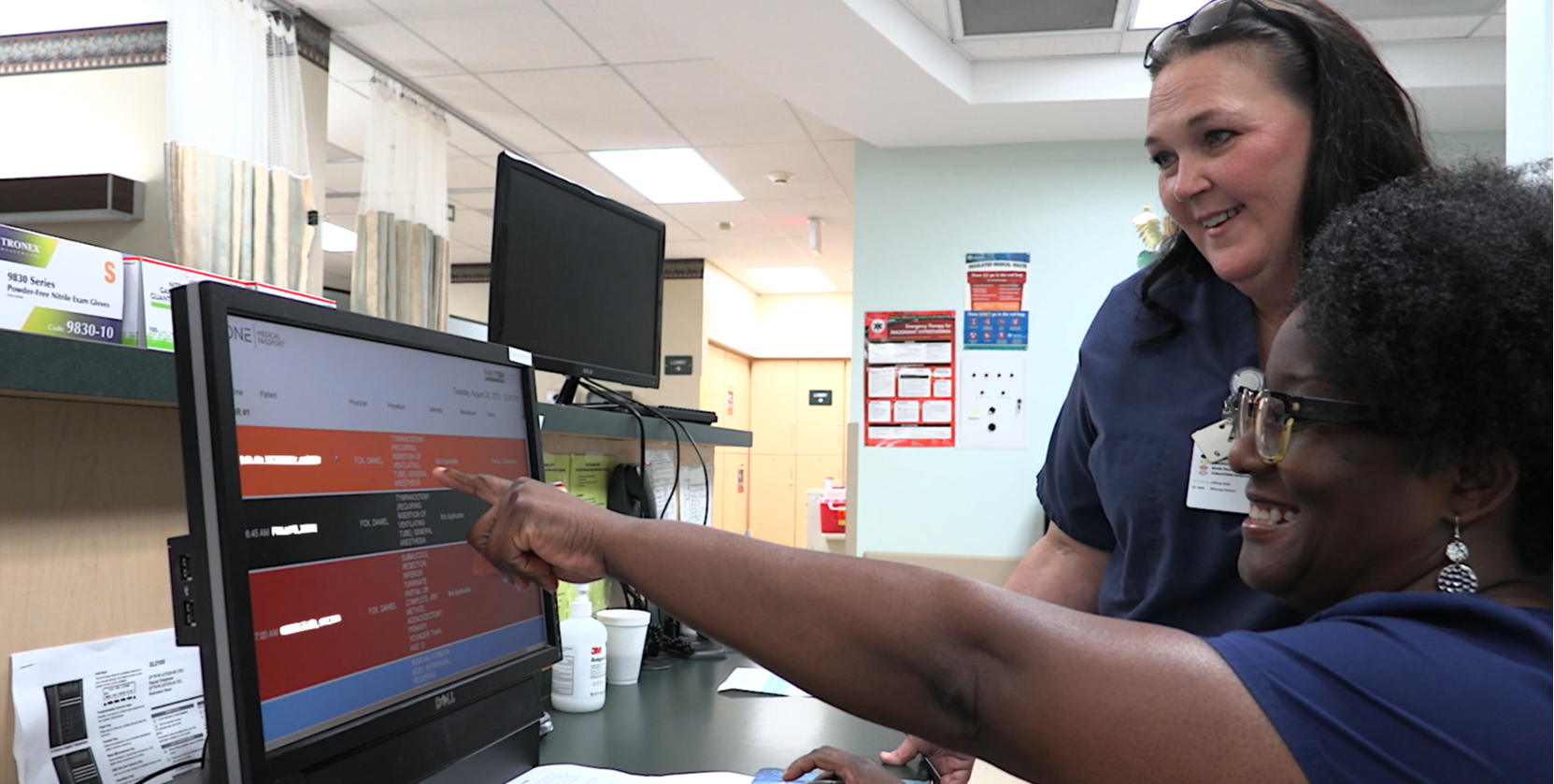

.png)


.png)


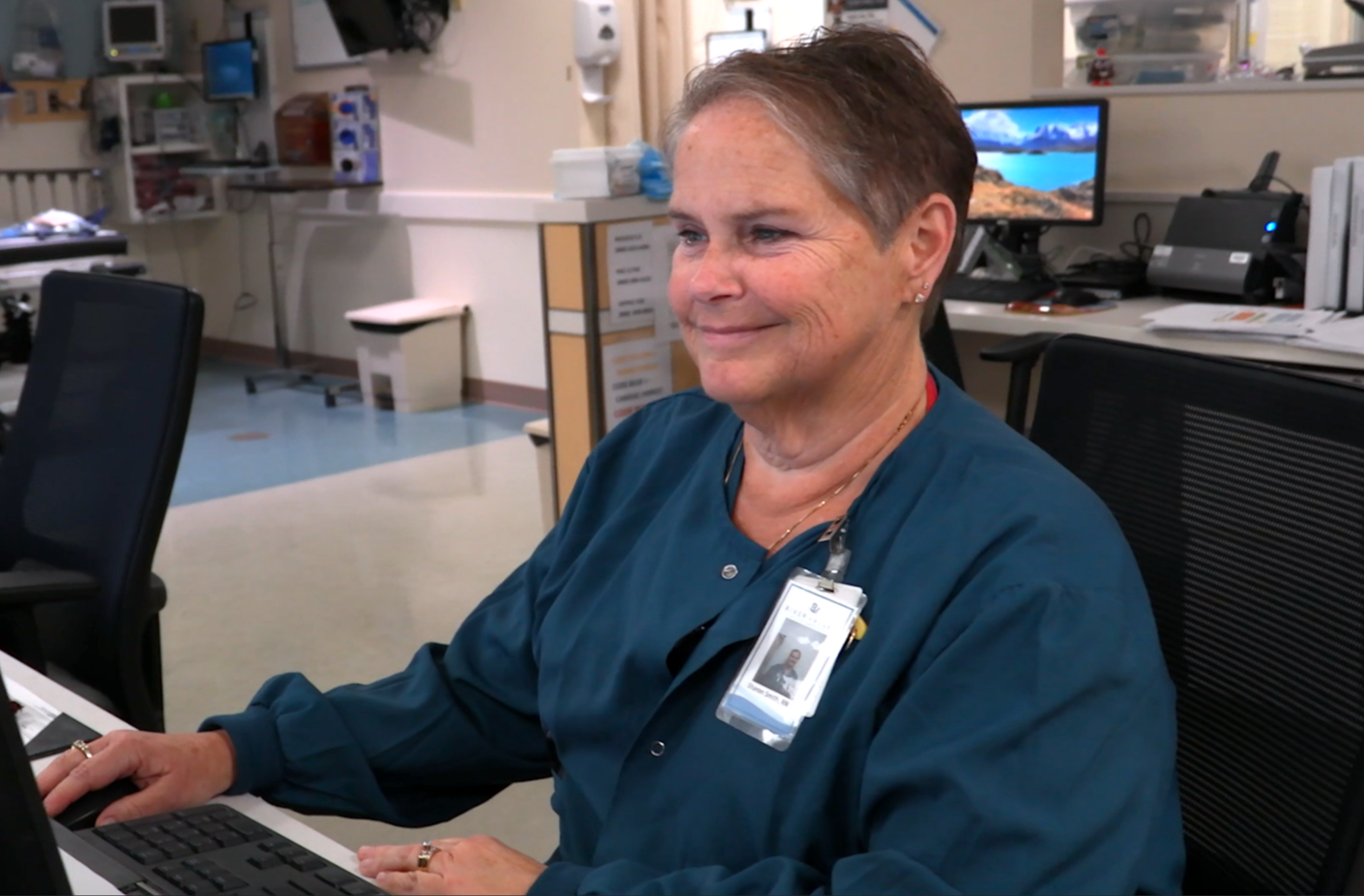


.png)
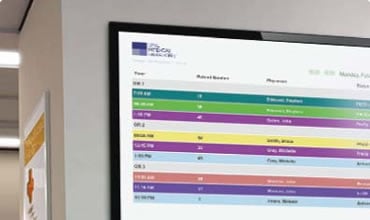
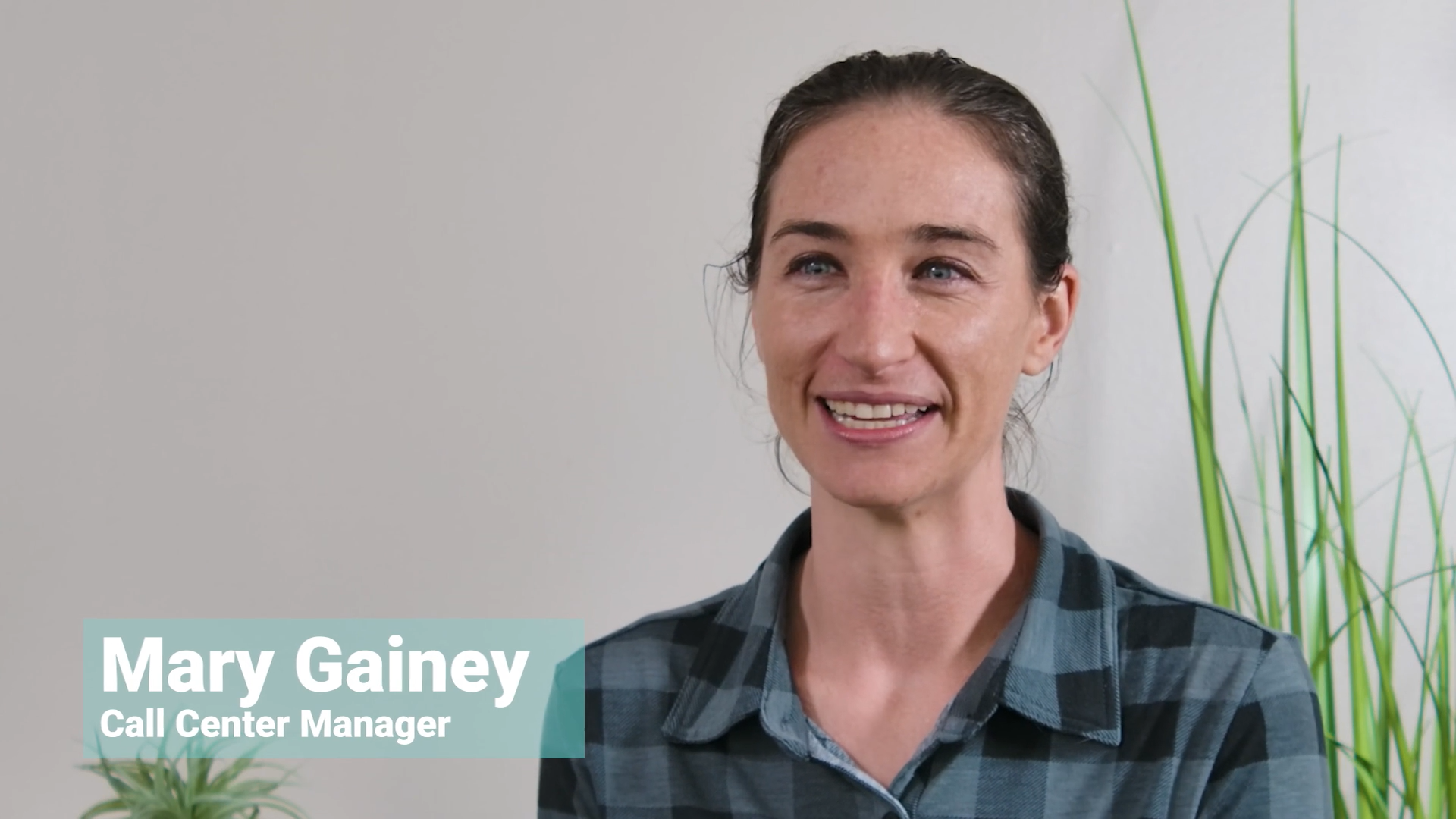
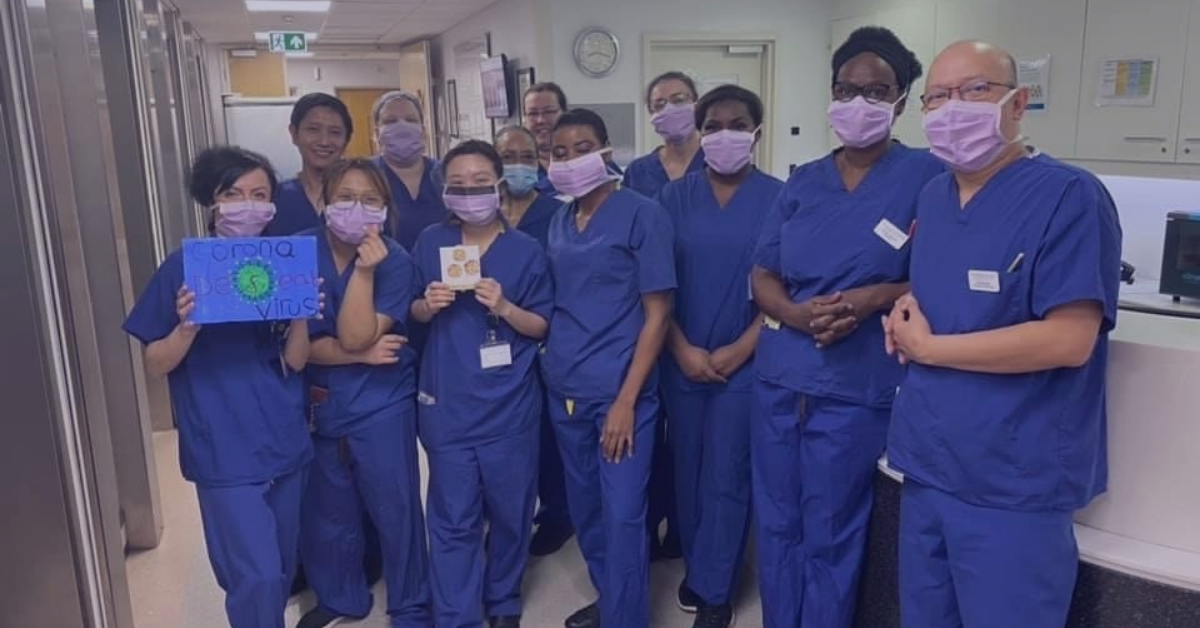


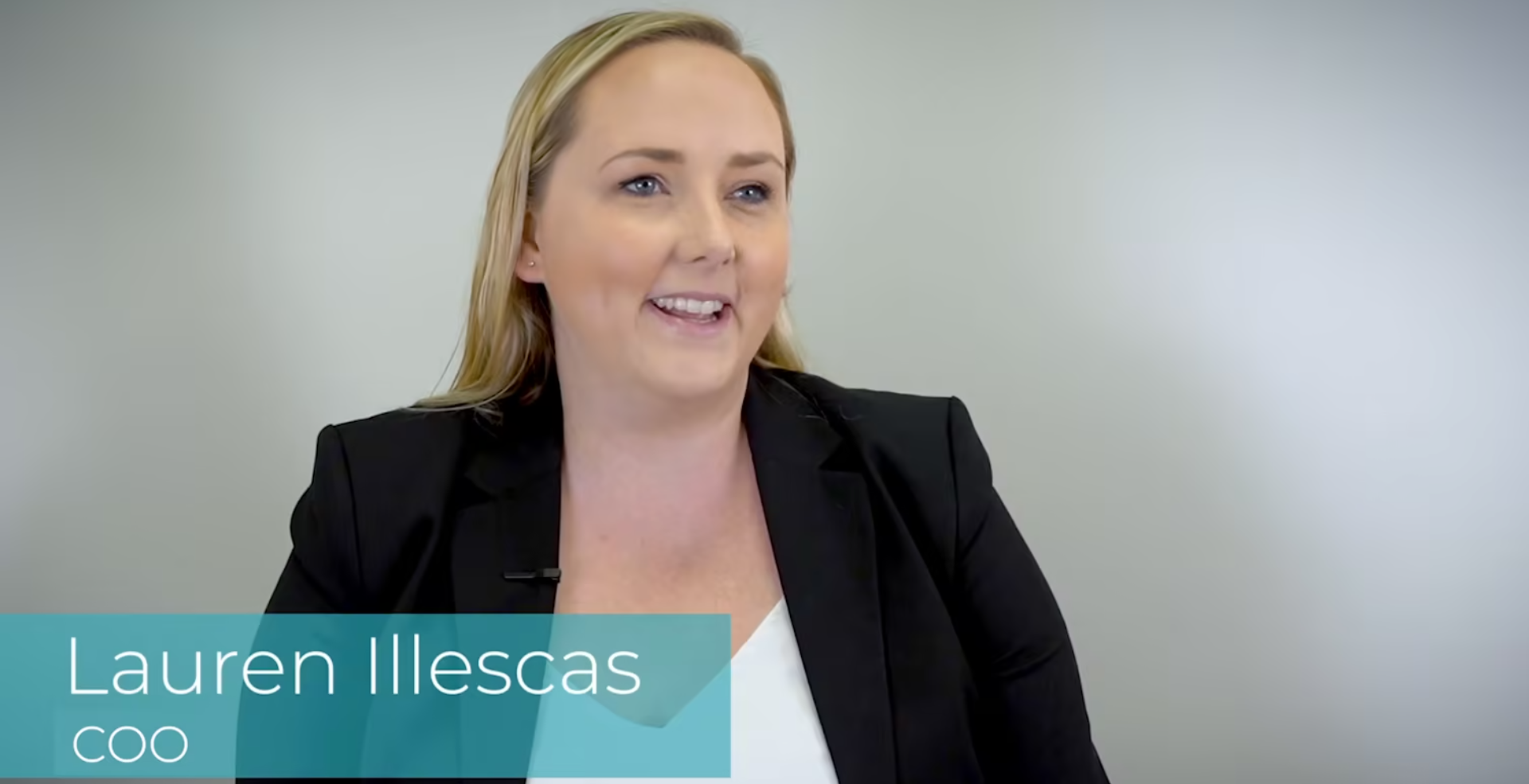
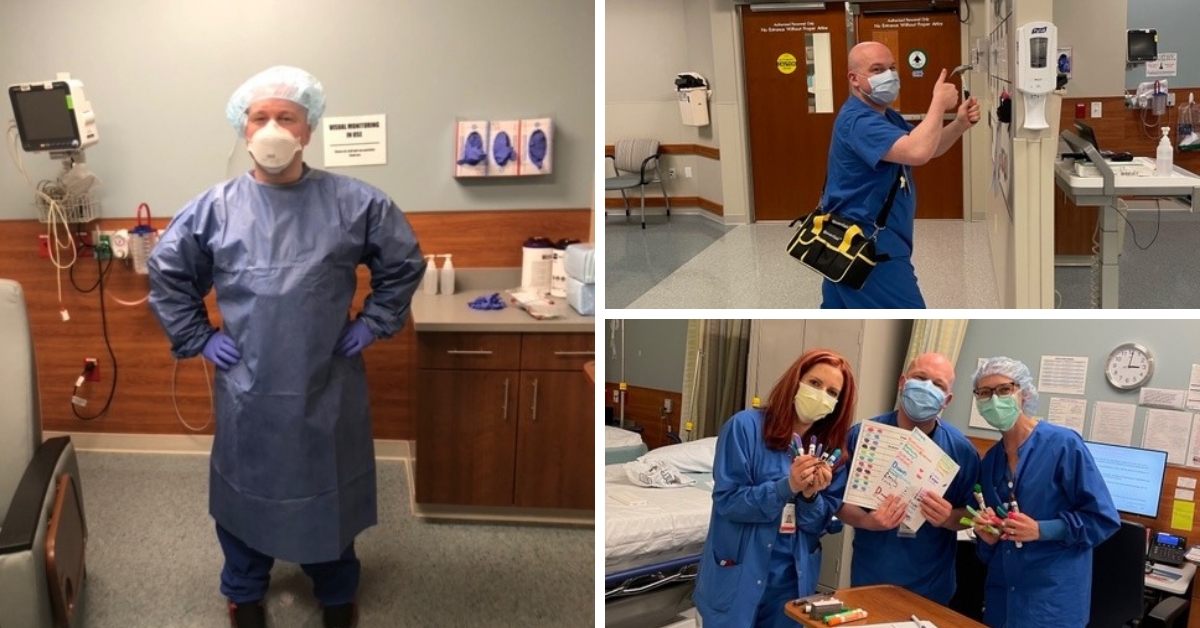







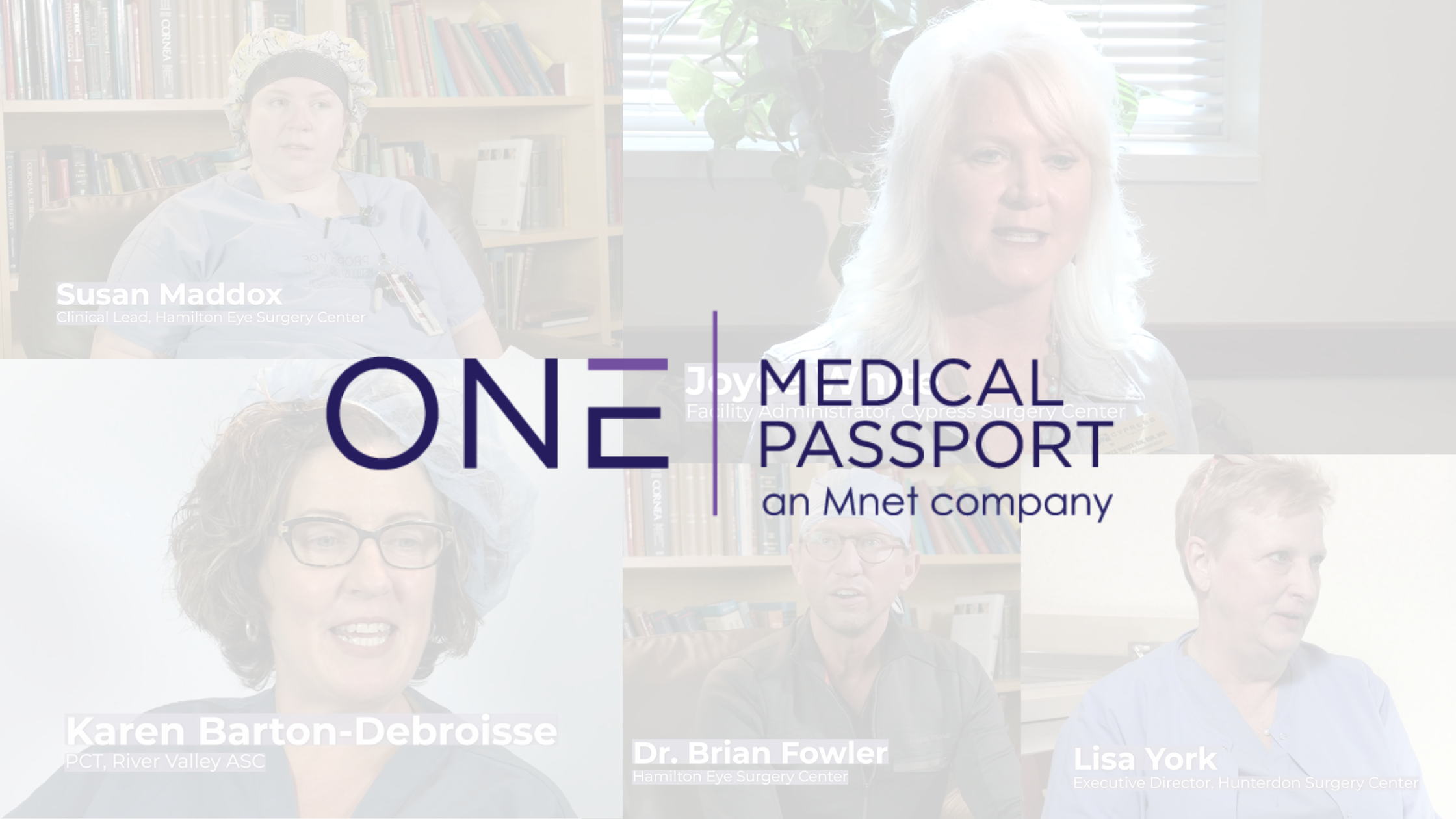
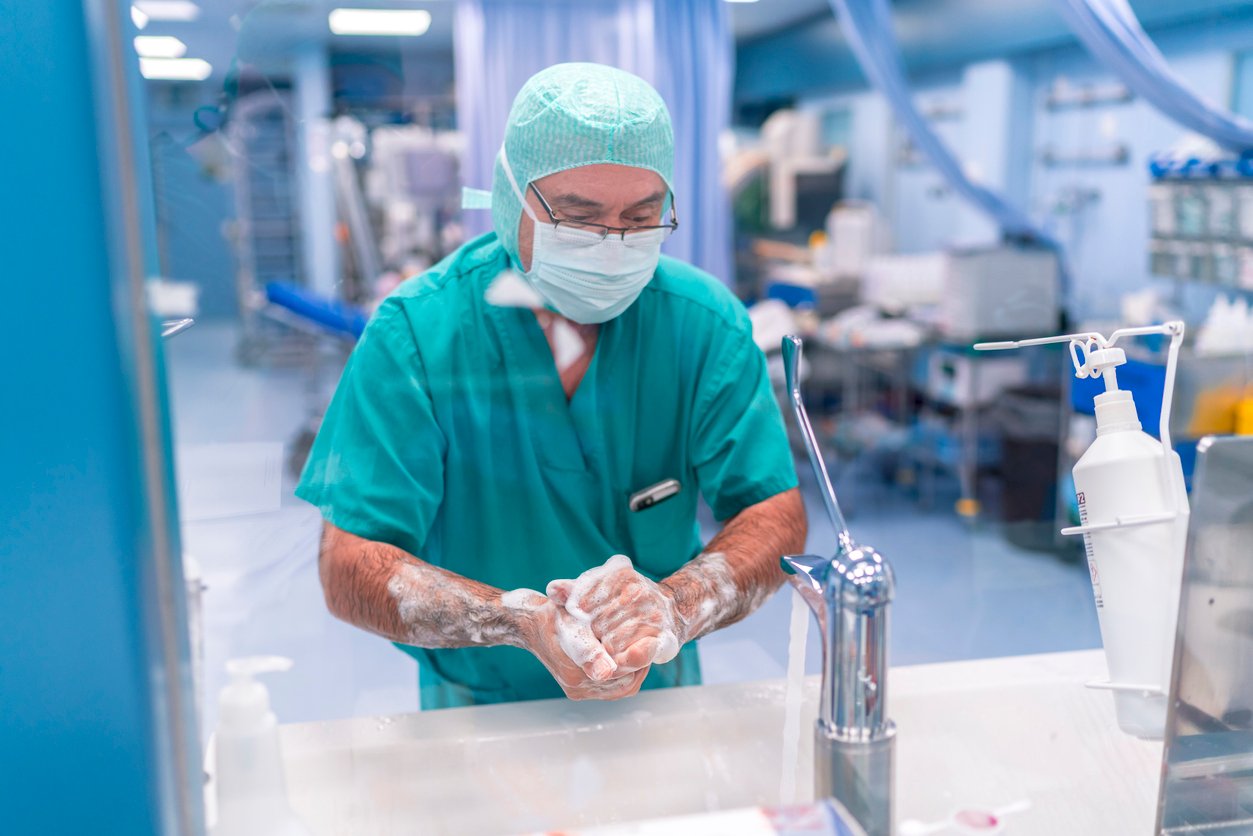
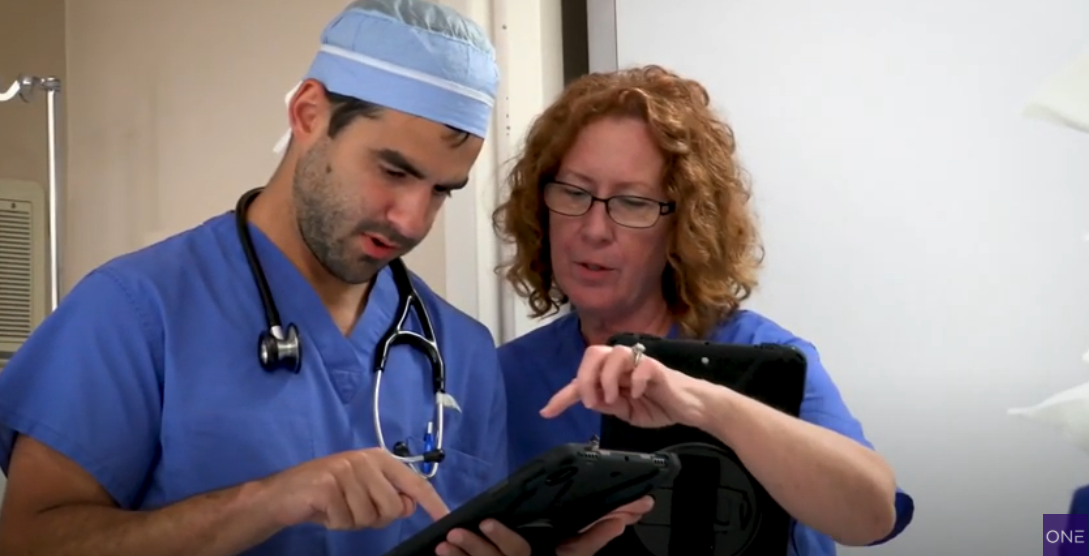


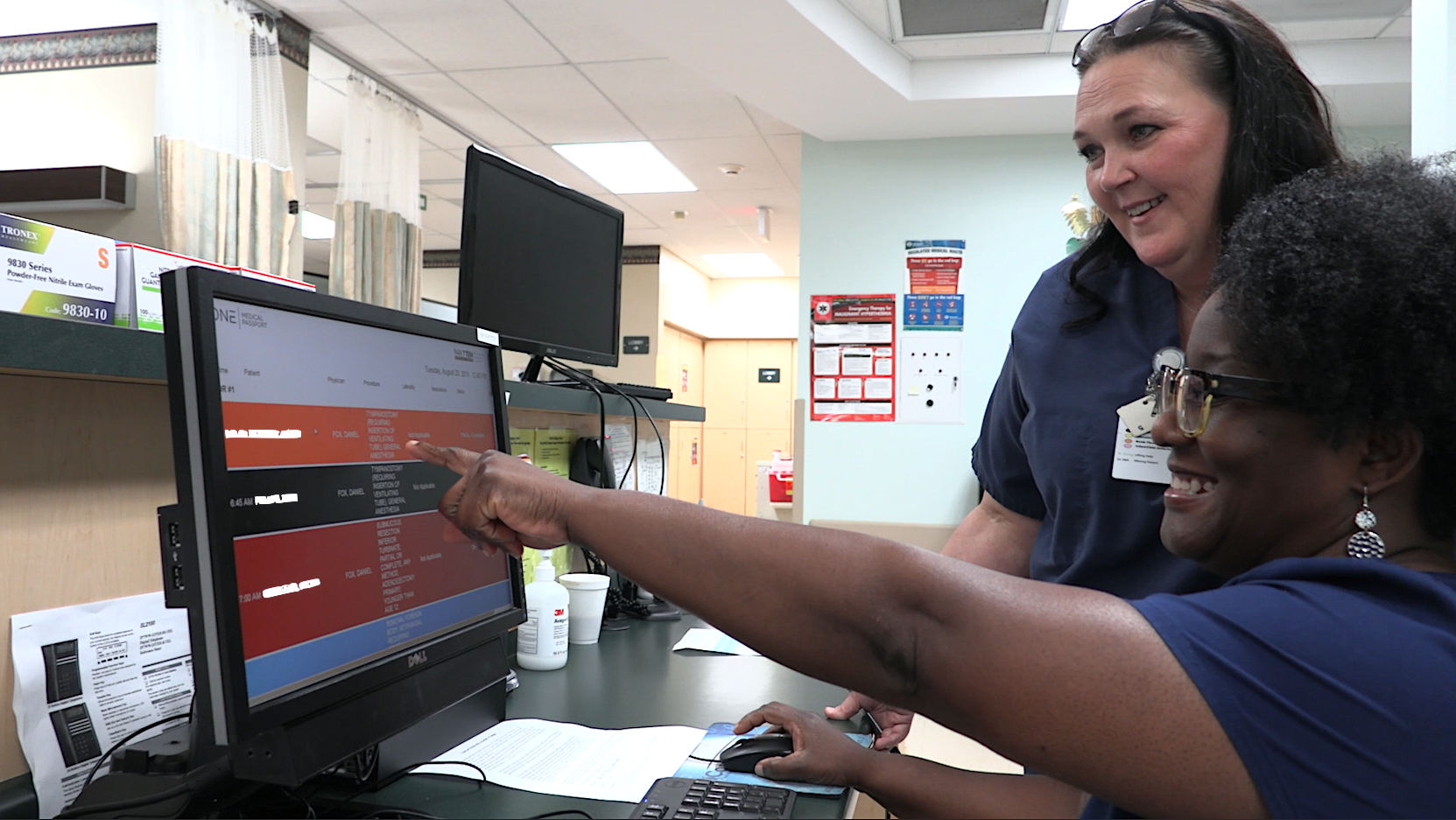

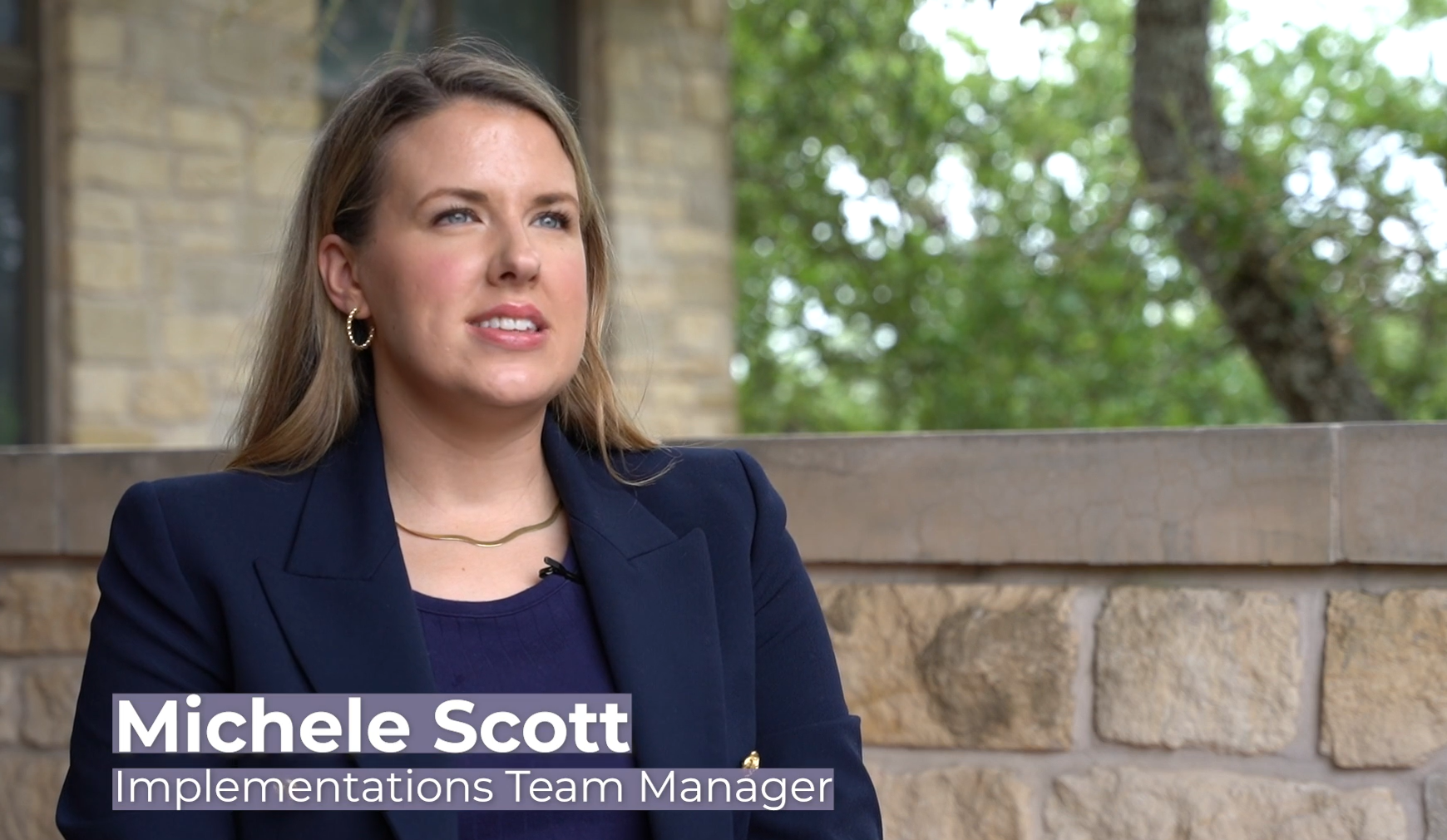




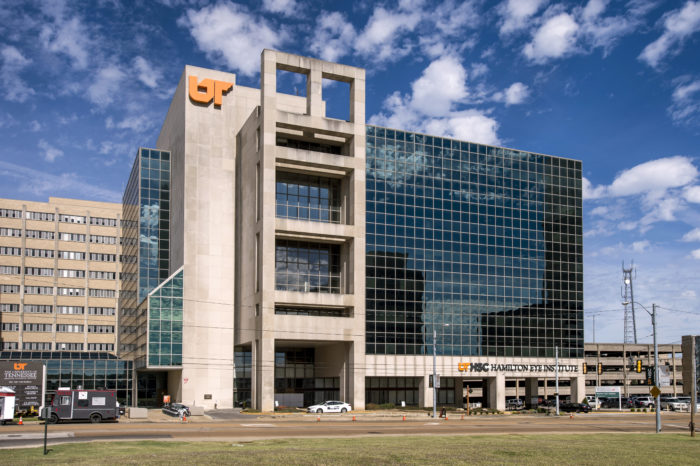
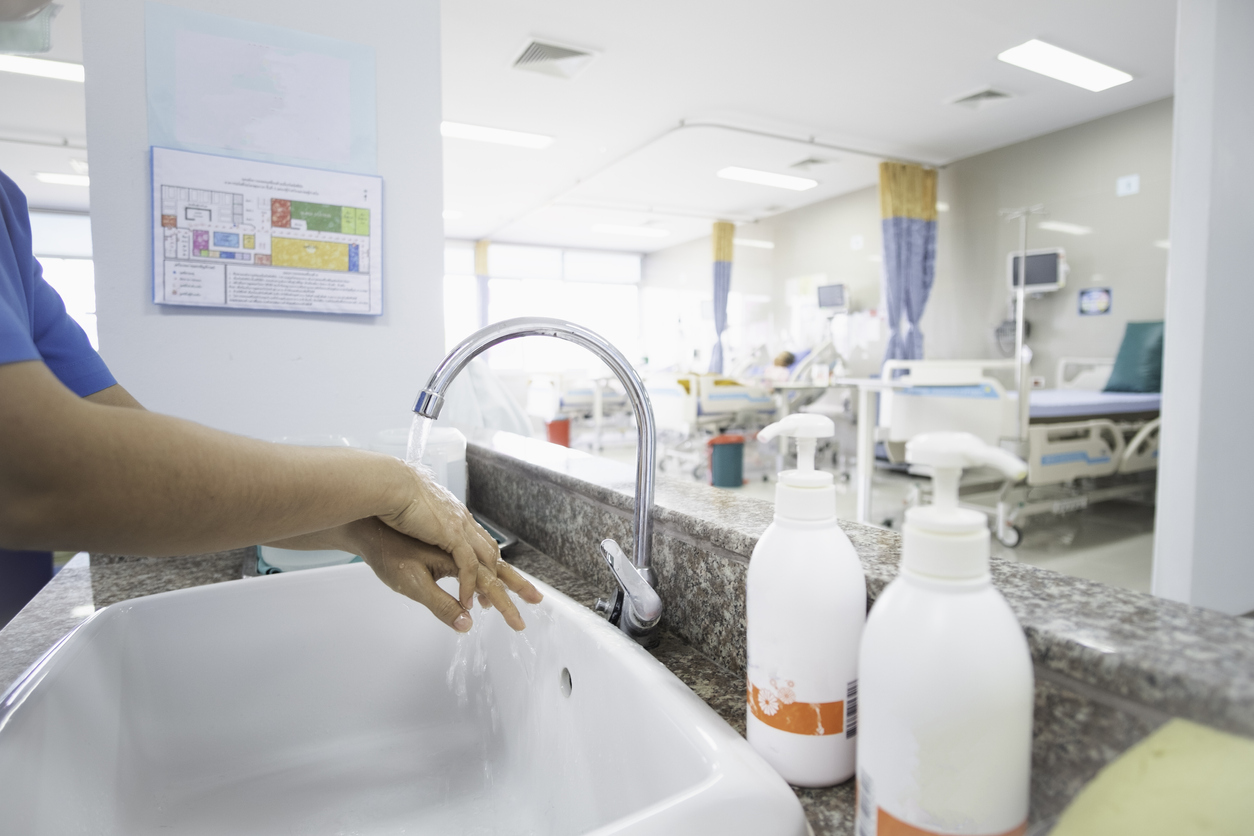

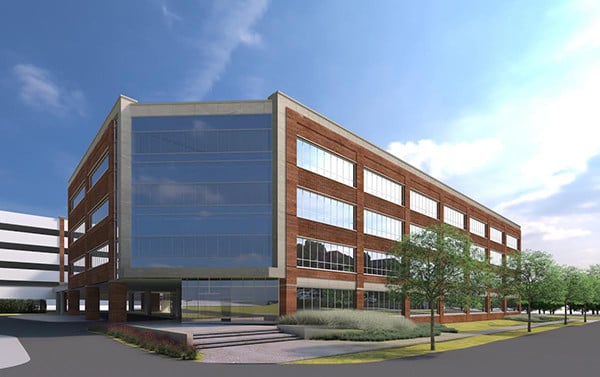


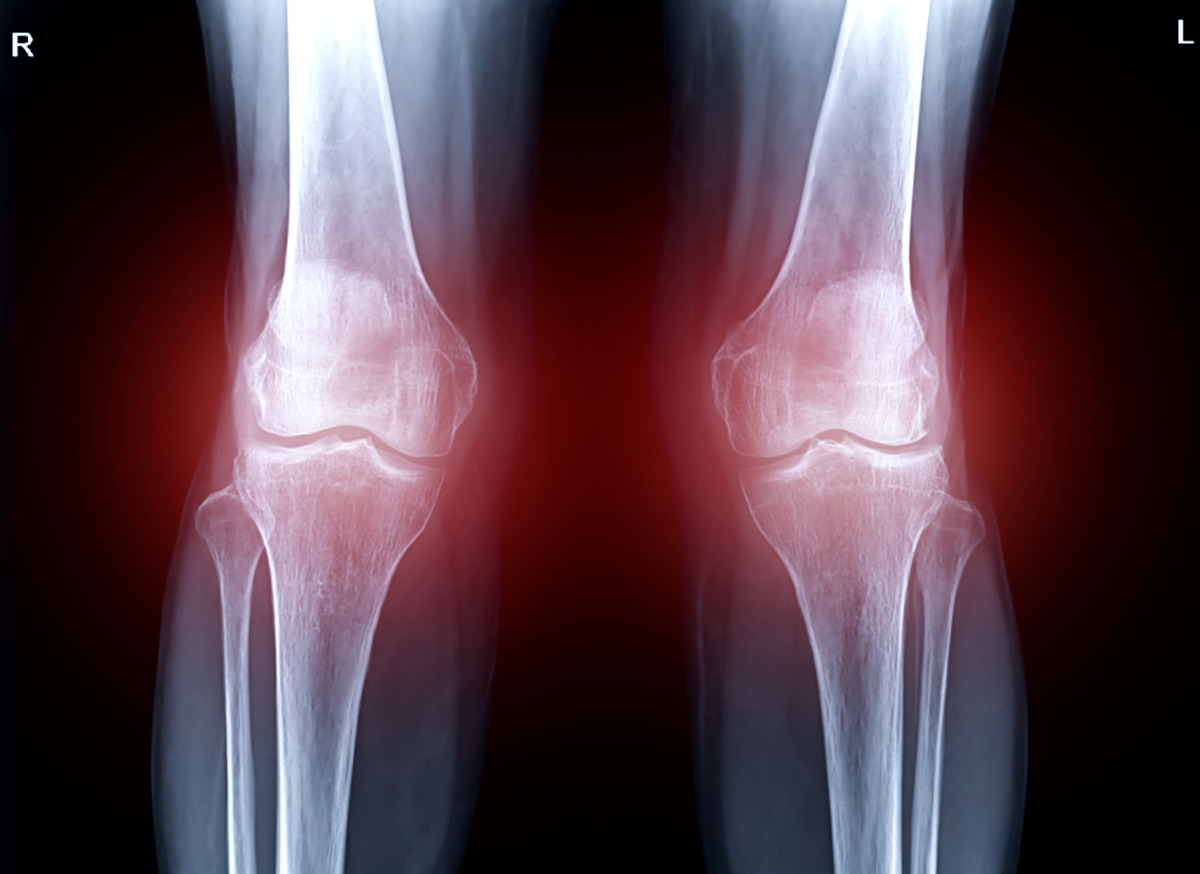


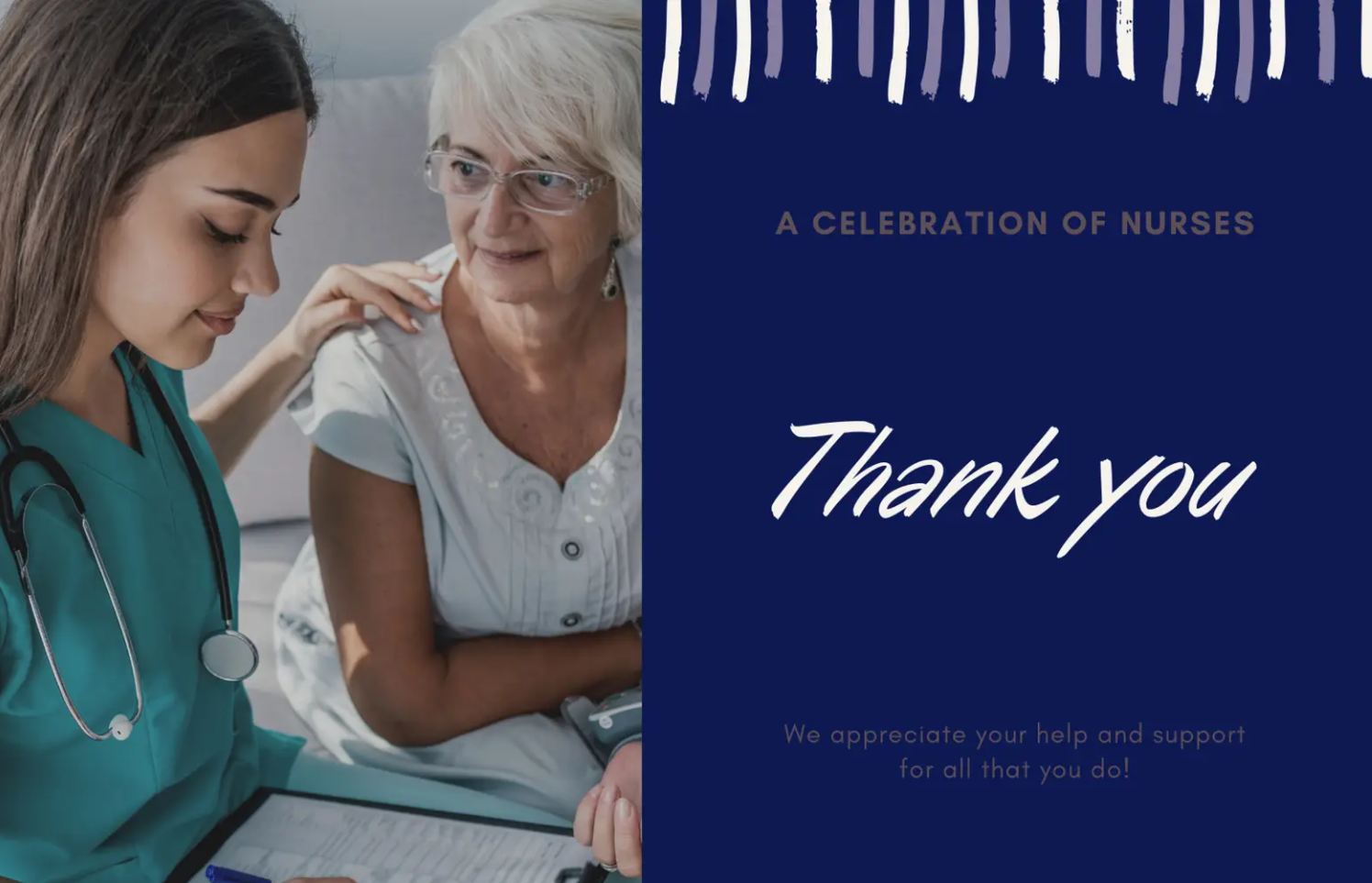

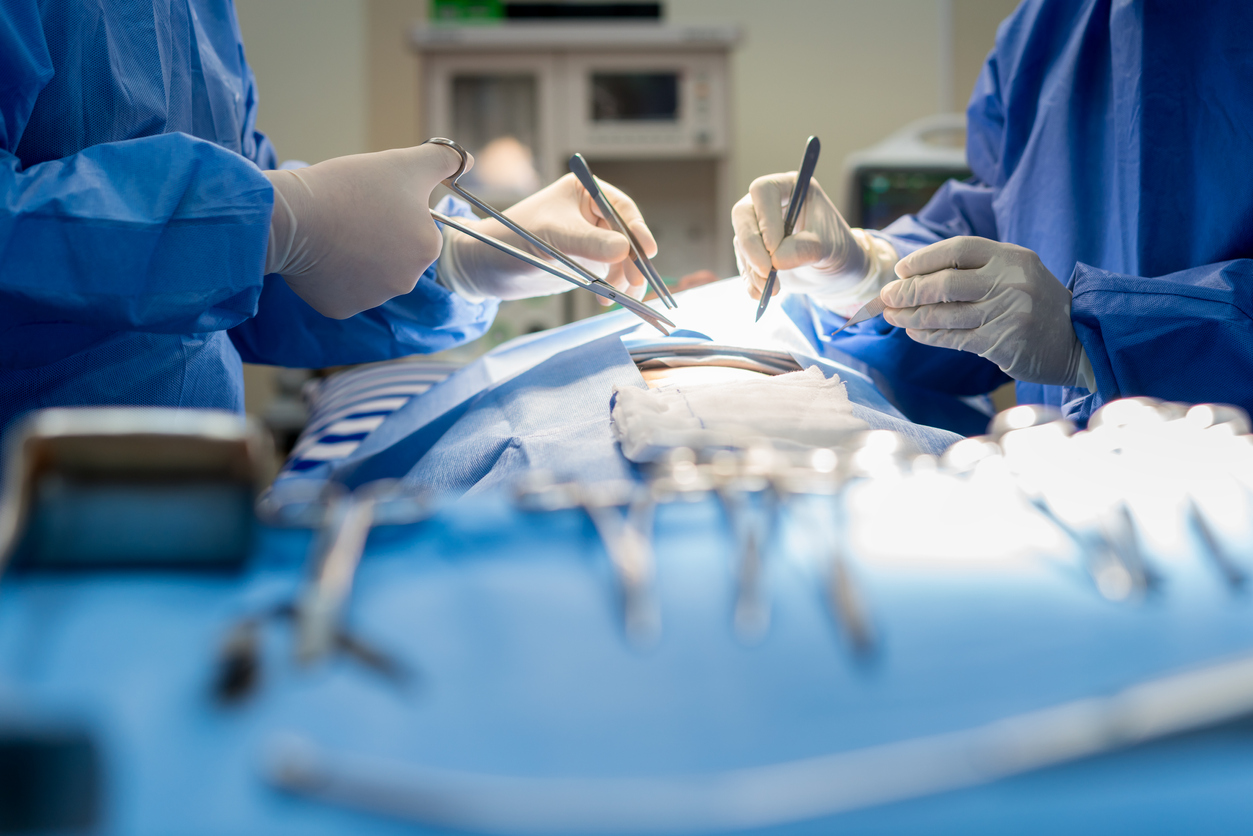
.jpg)




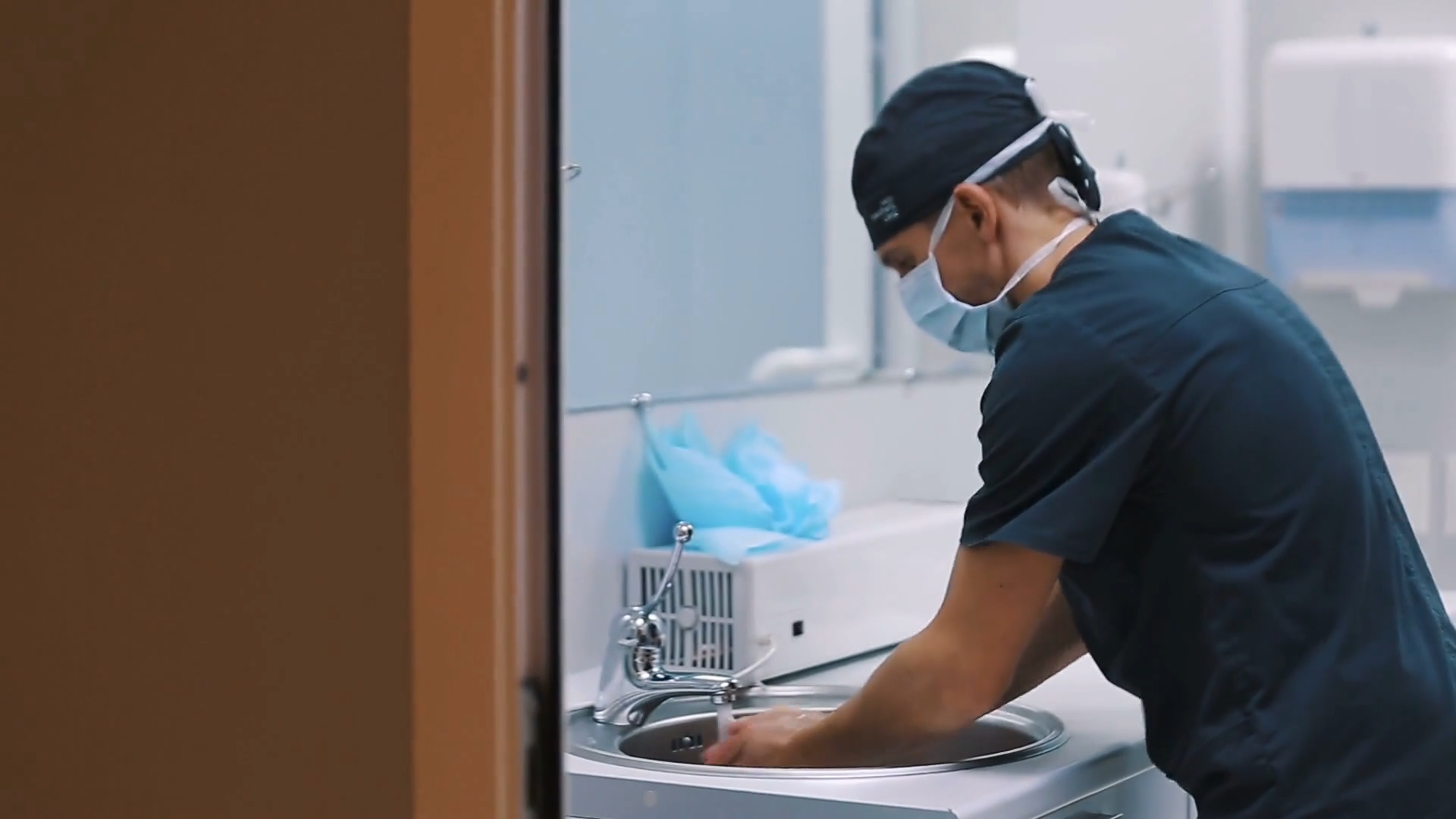
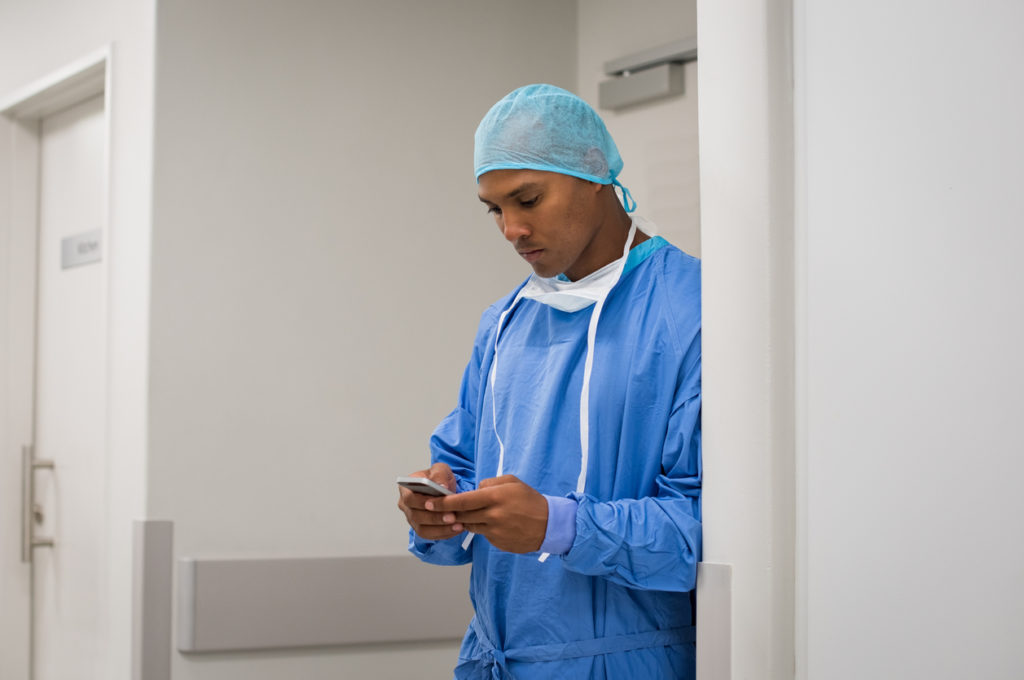


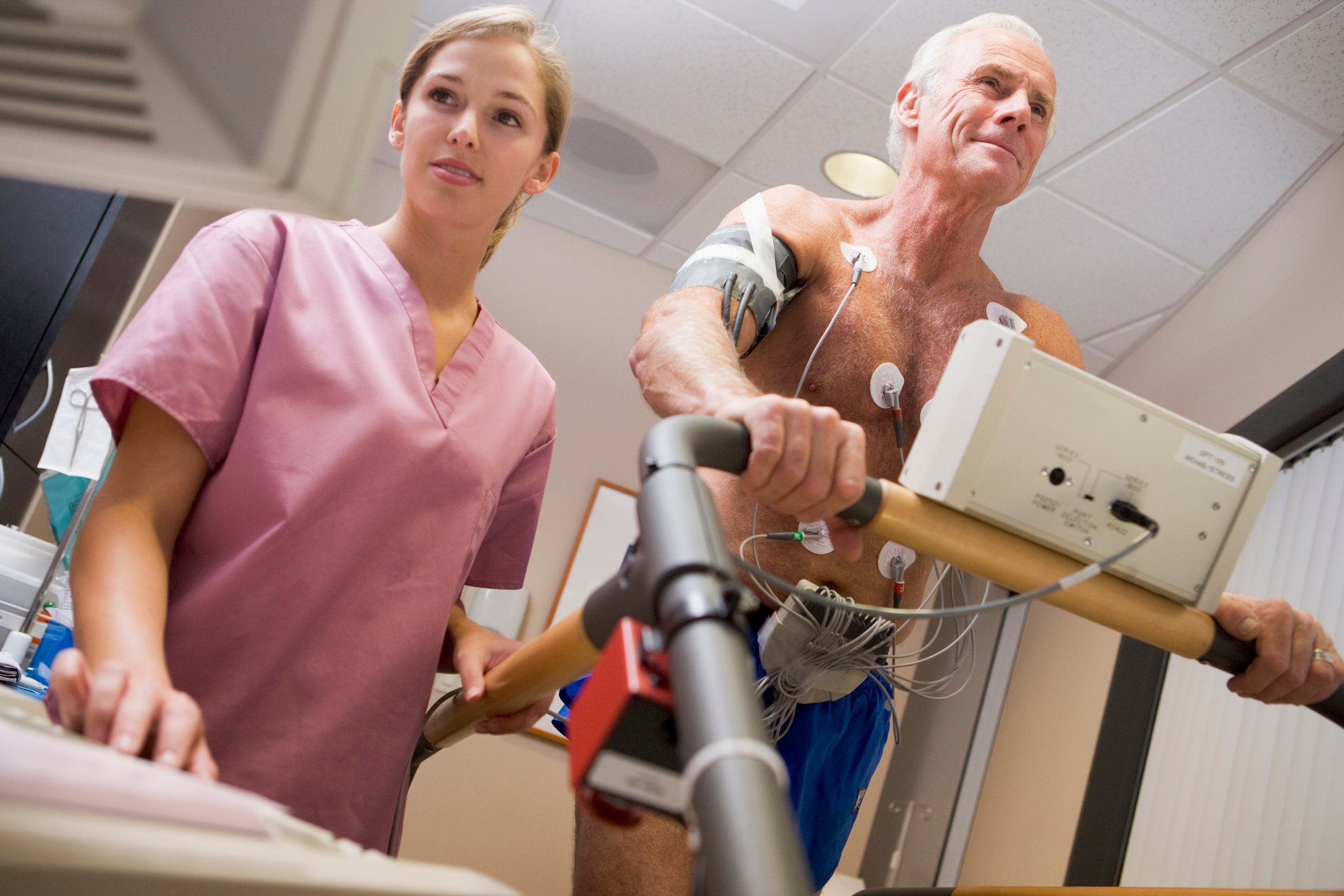
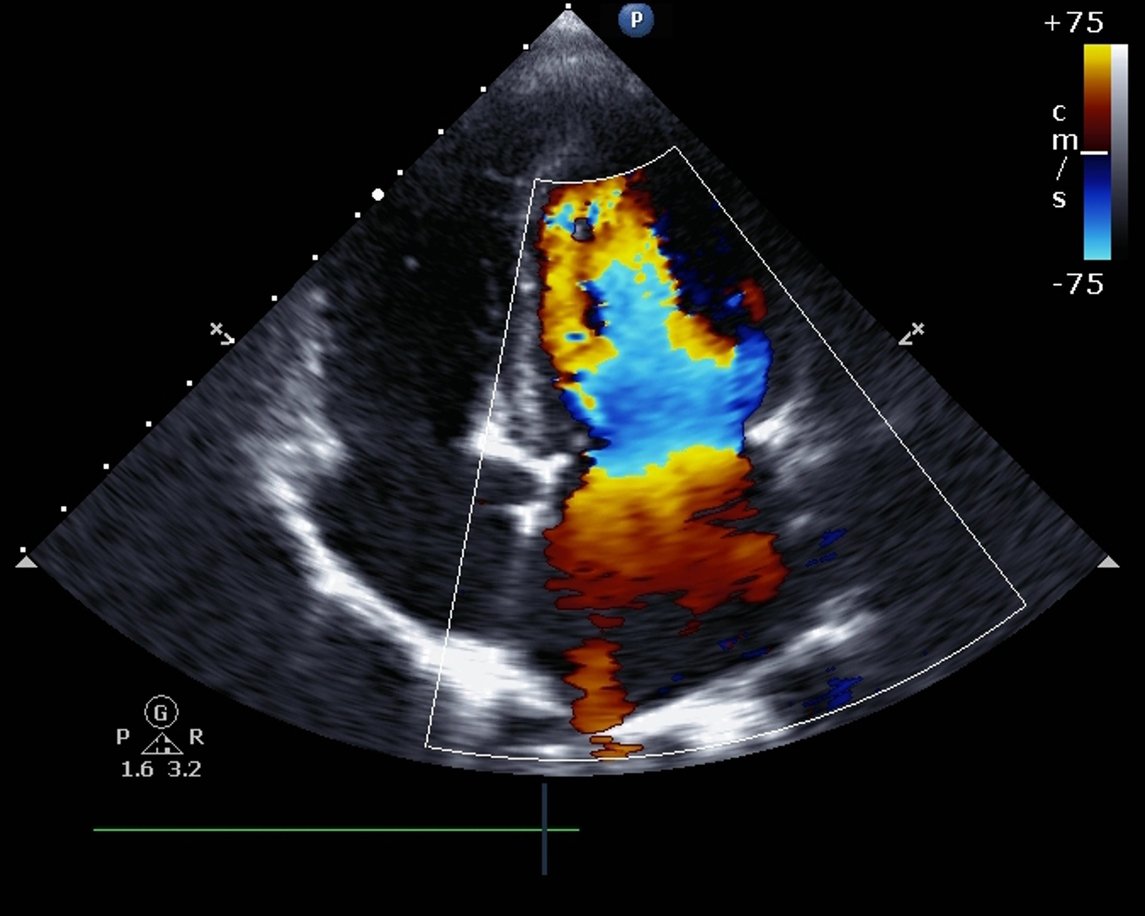

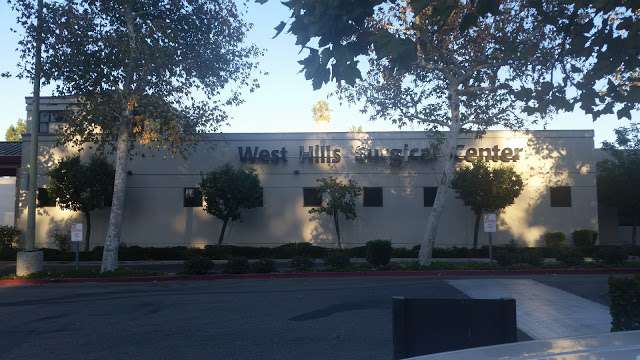







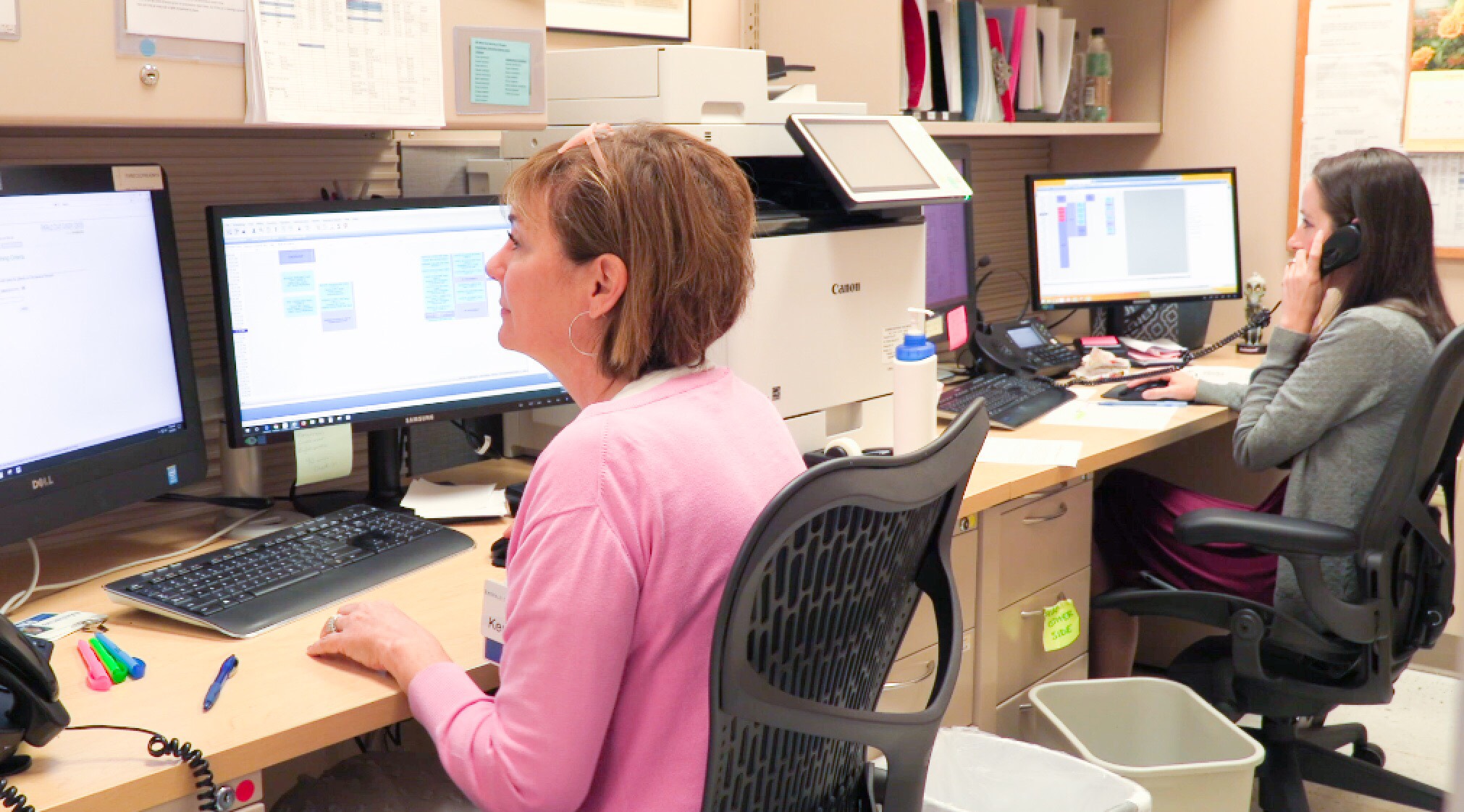

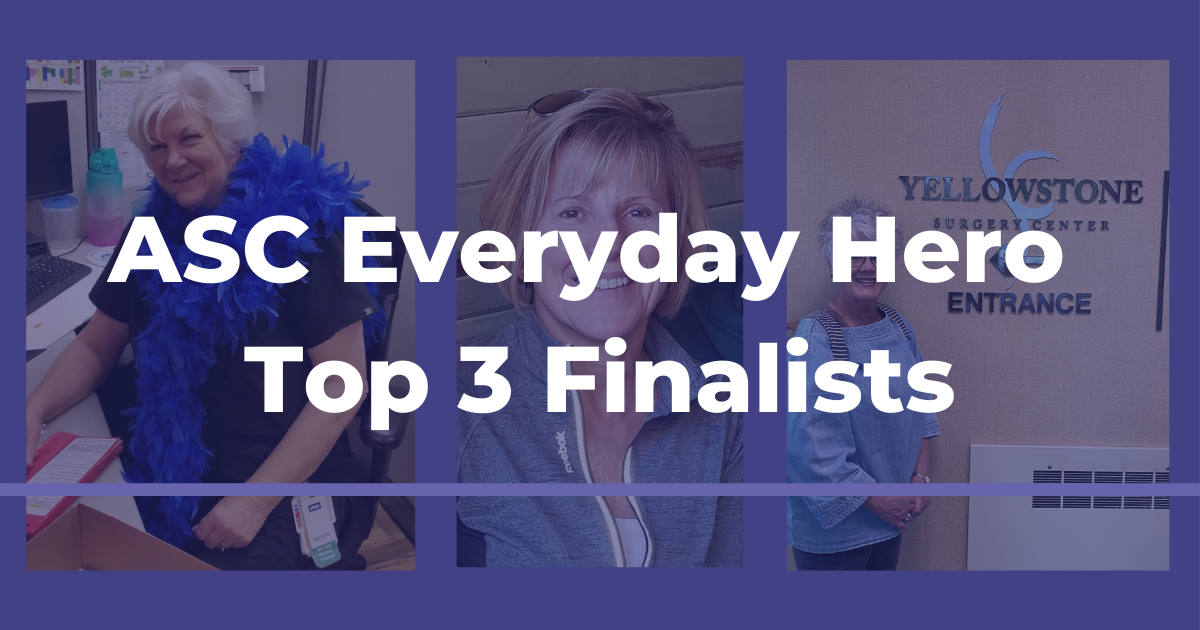
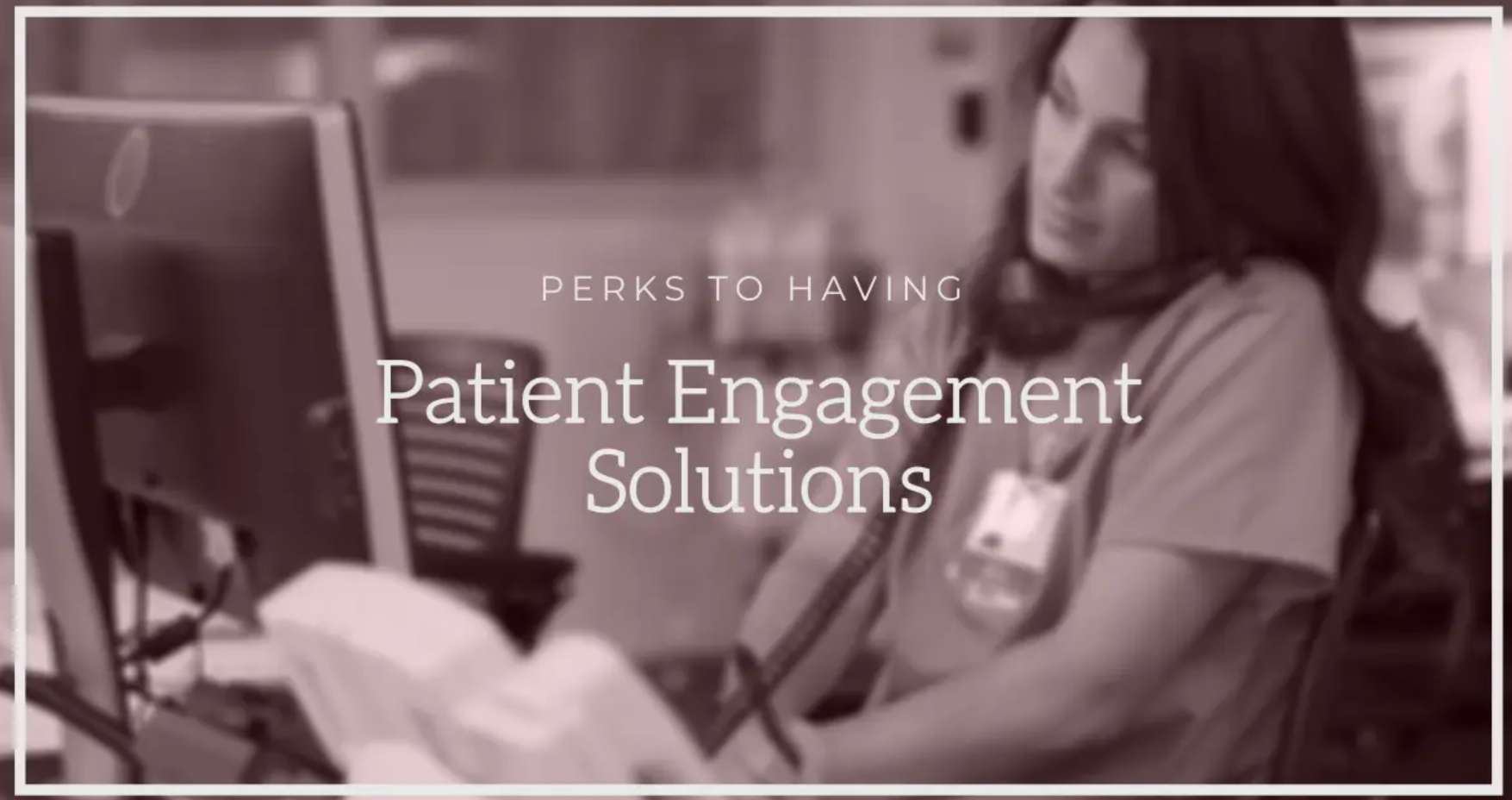
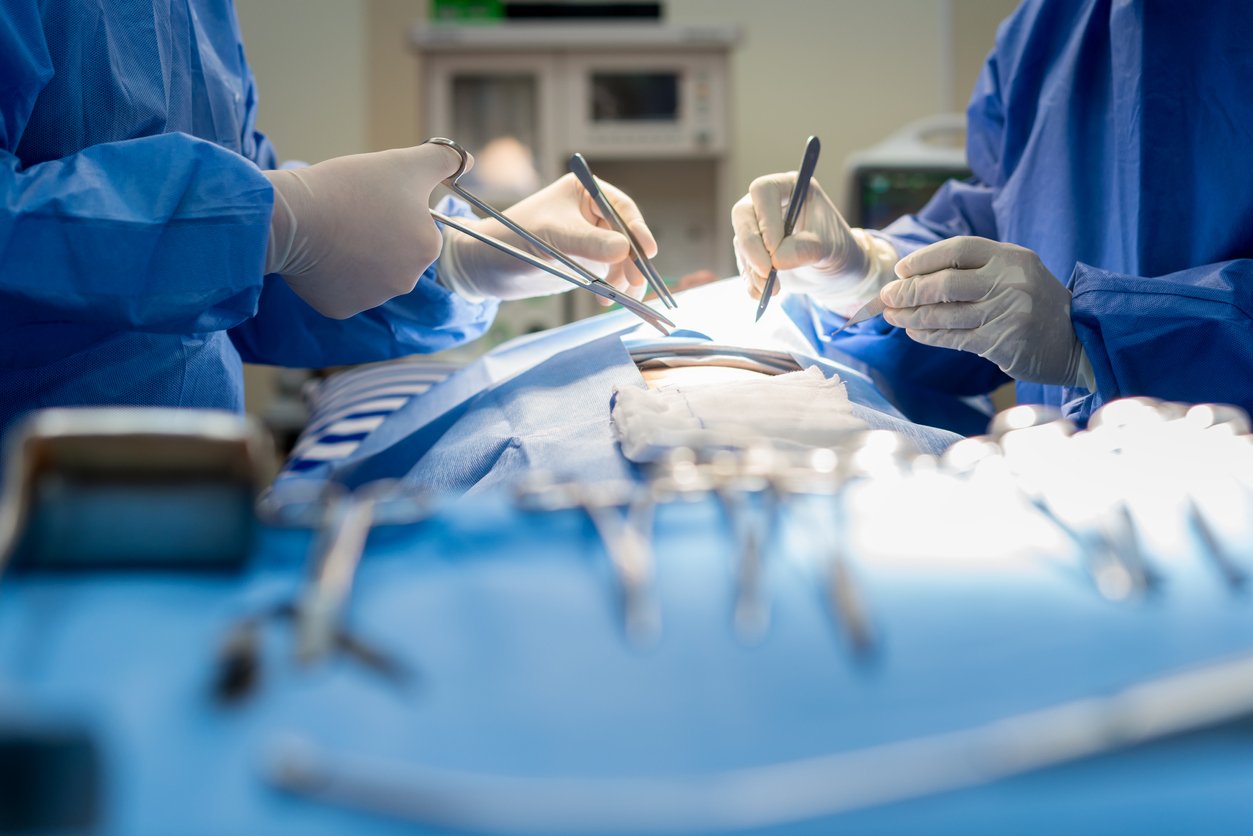

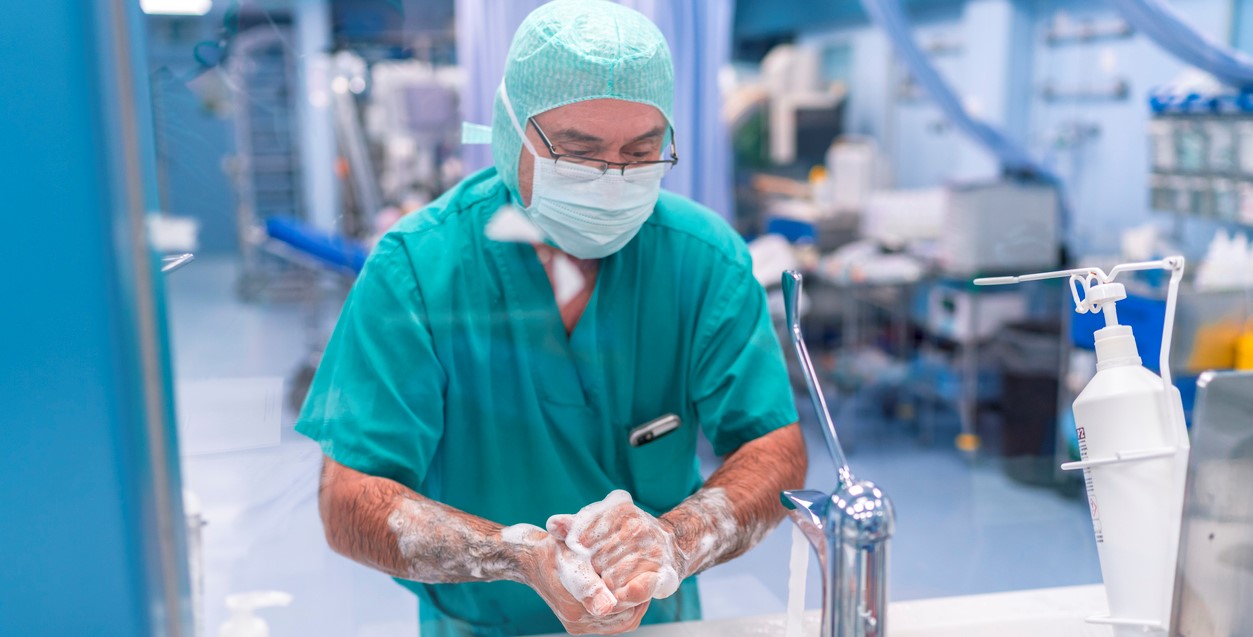
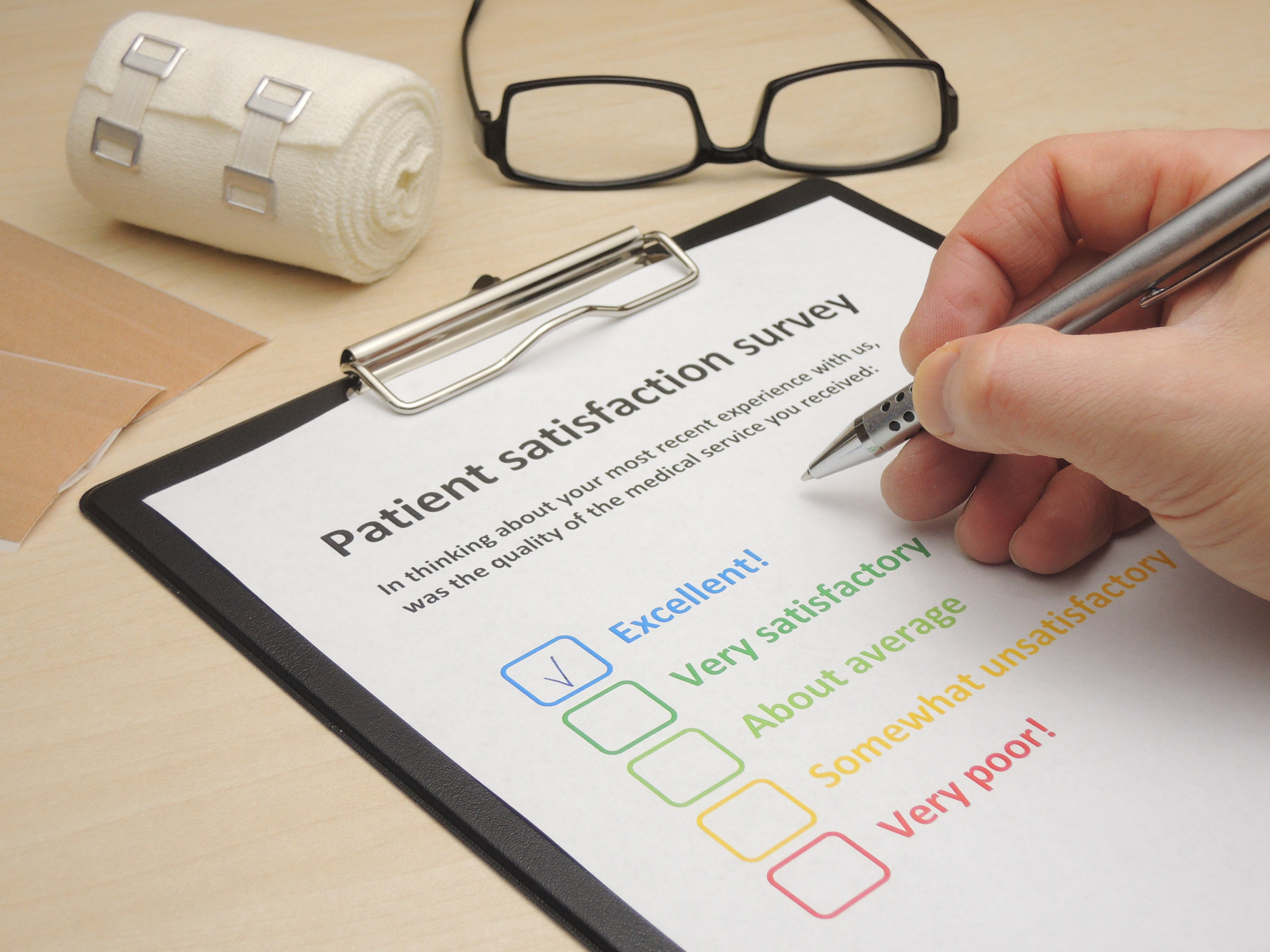
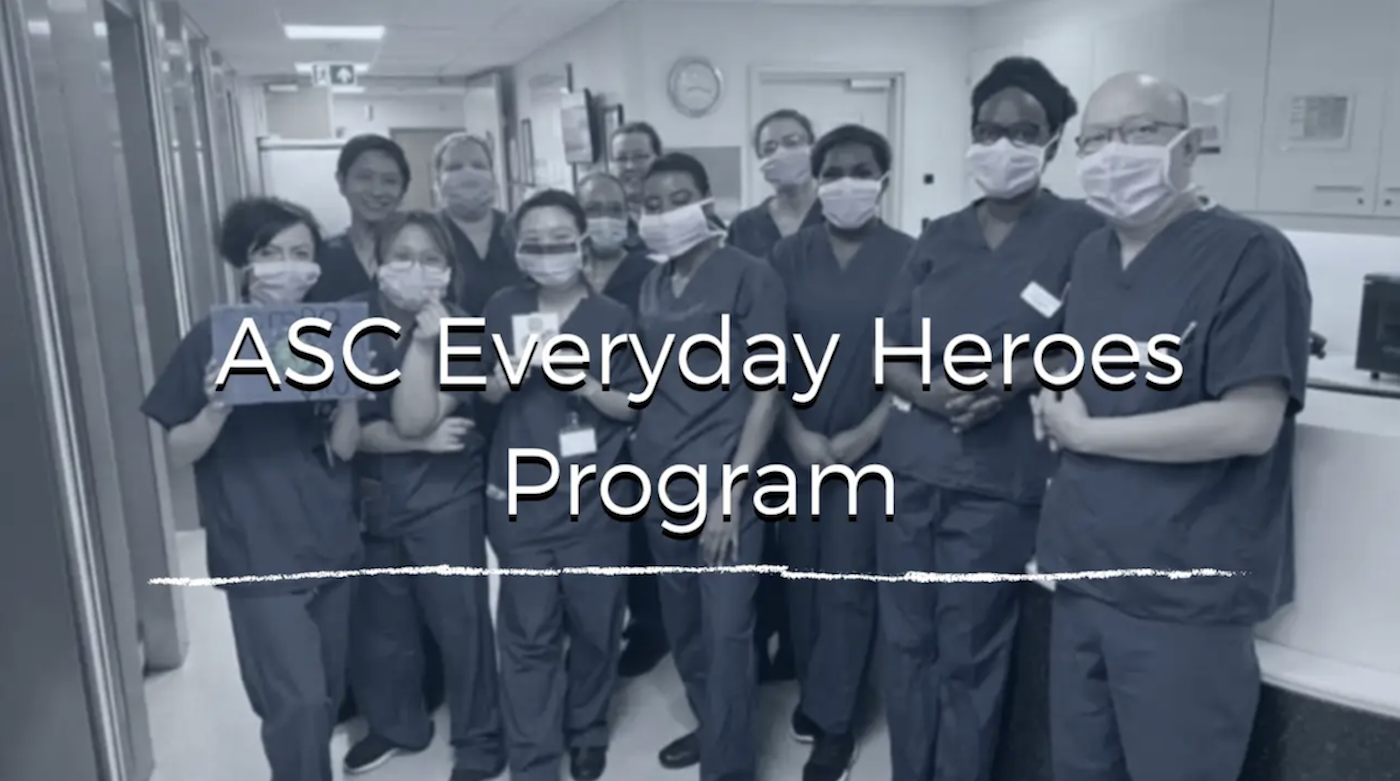




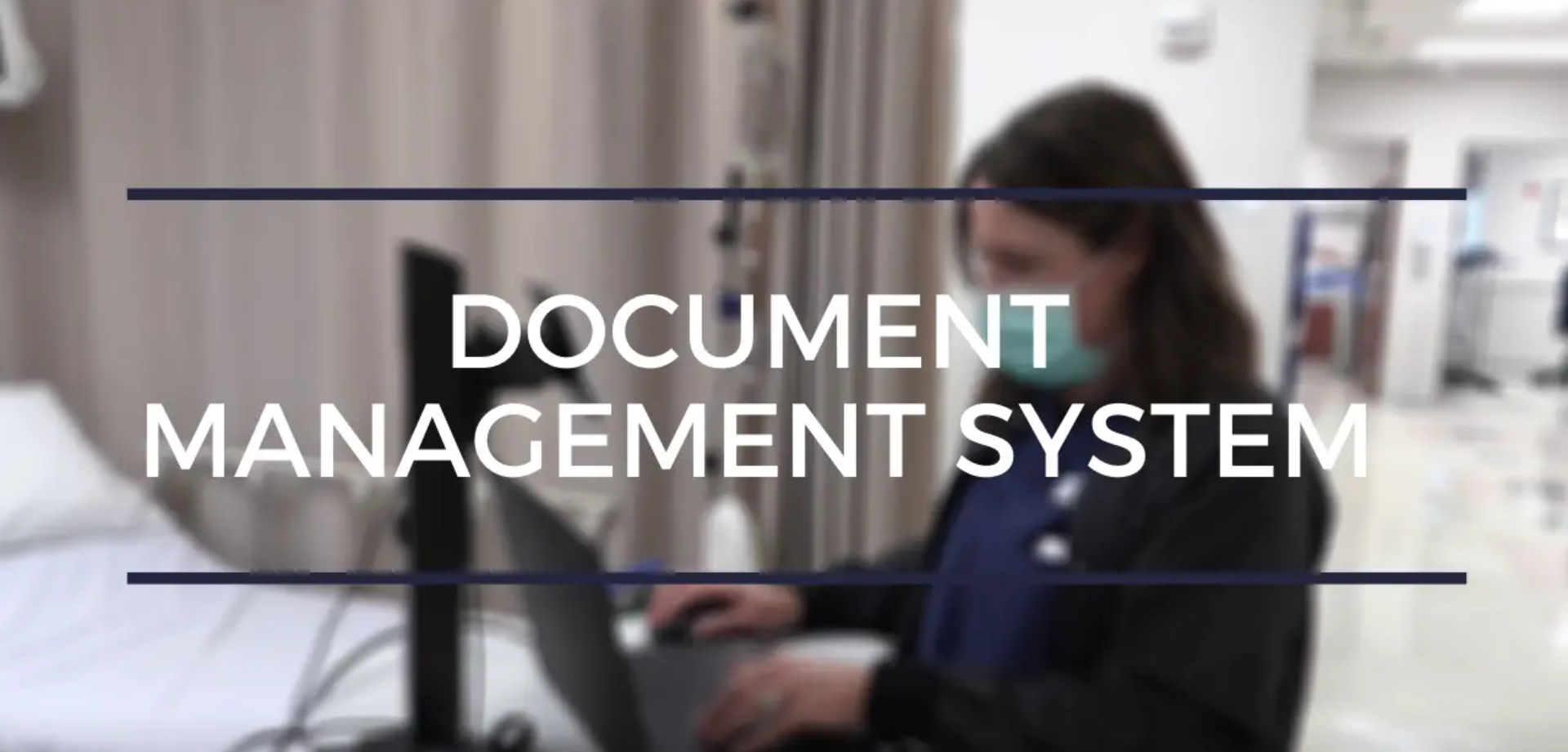
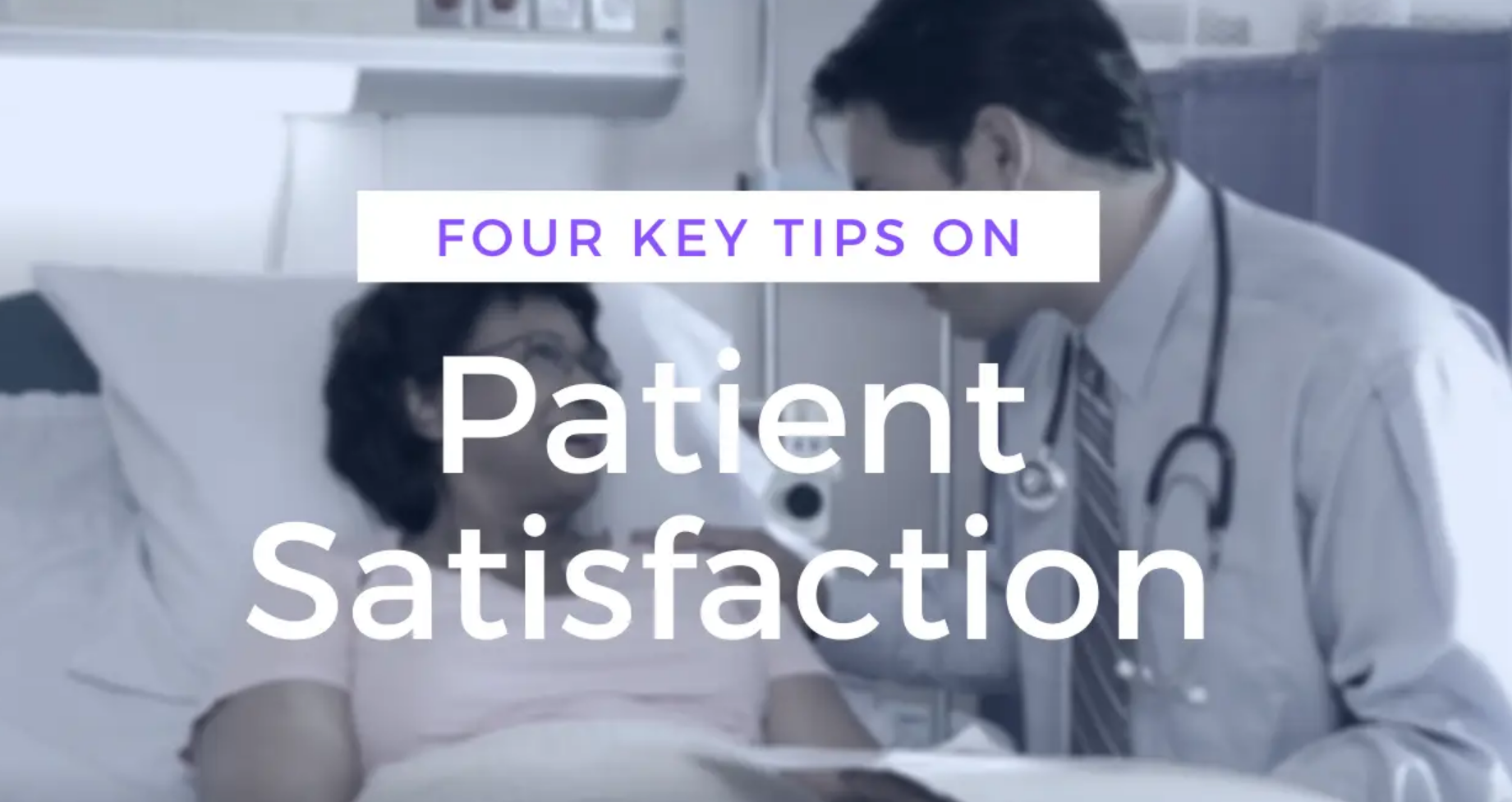
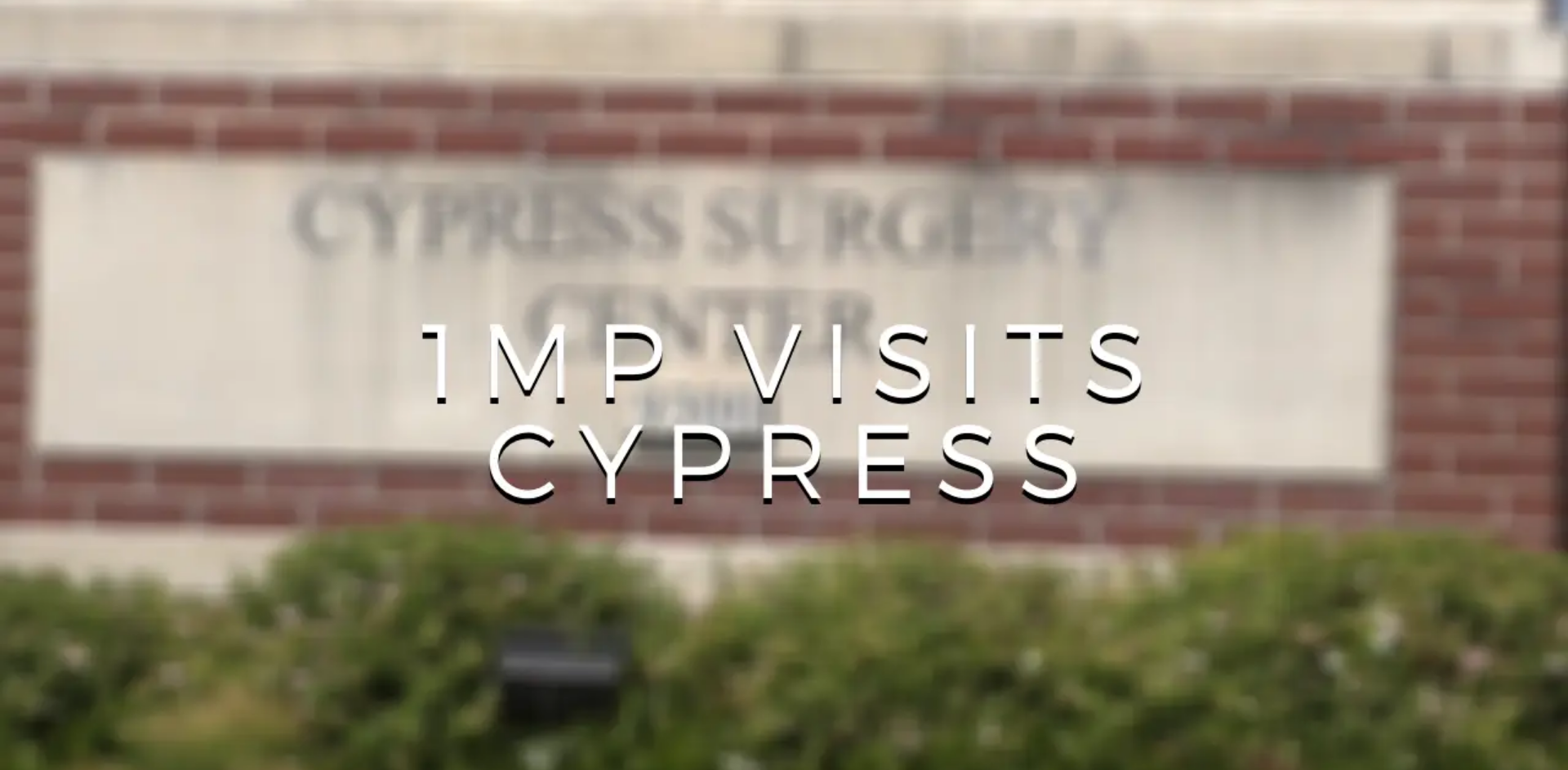




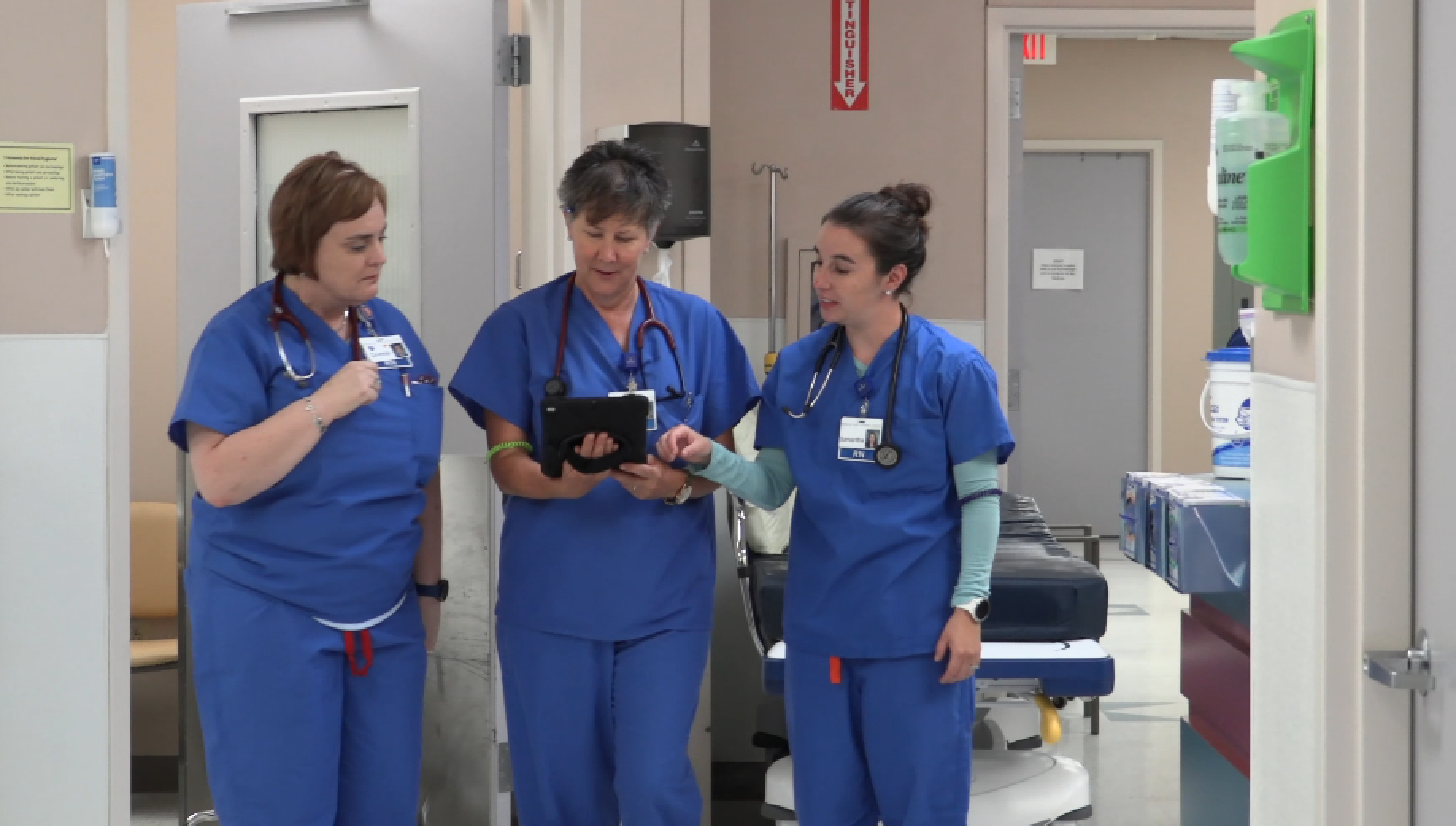
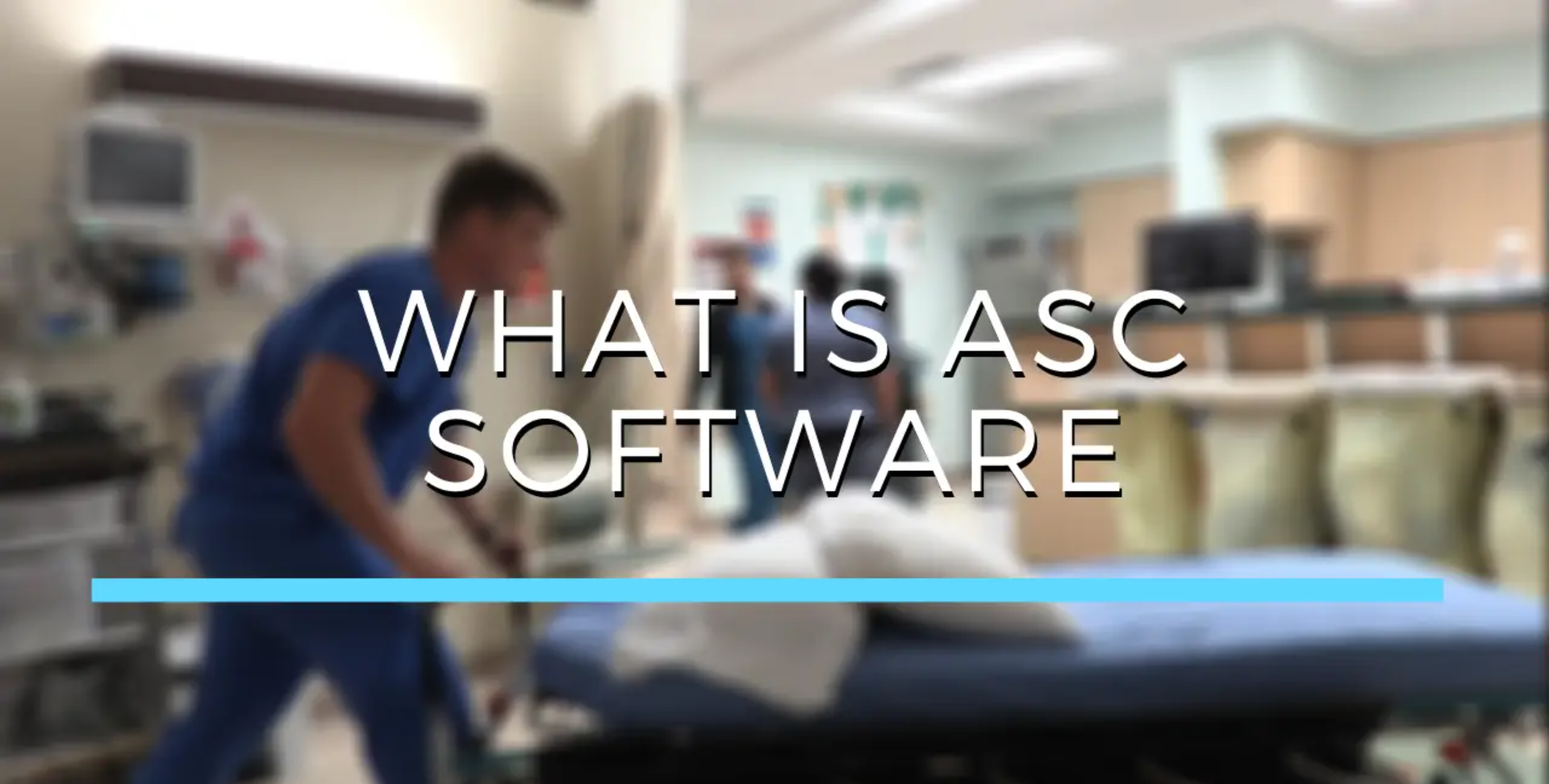
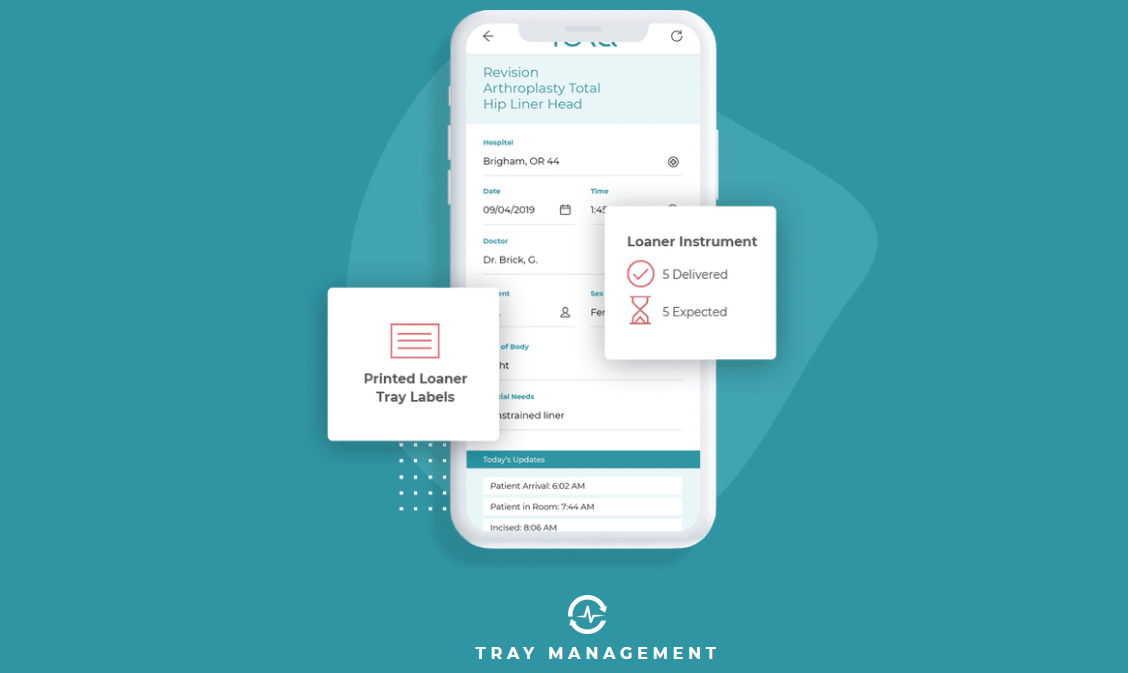
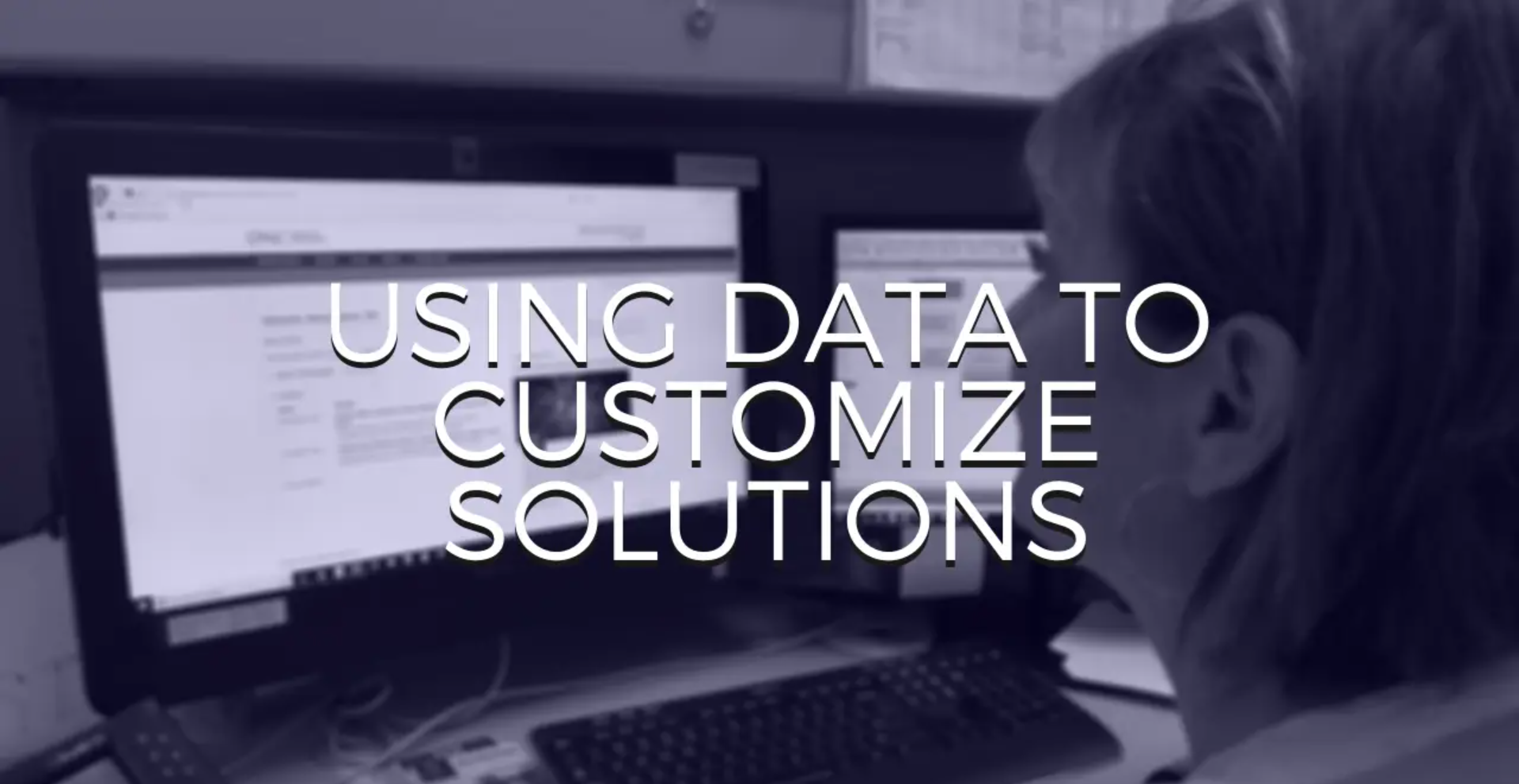




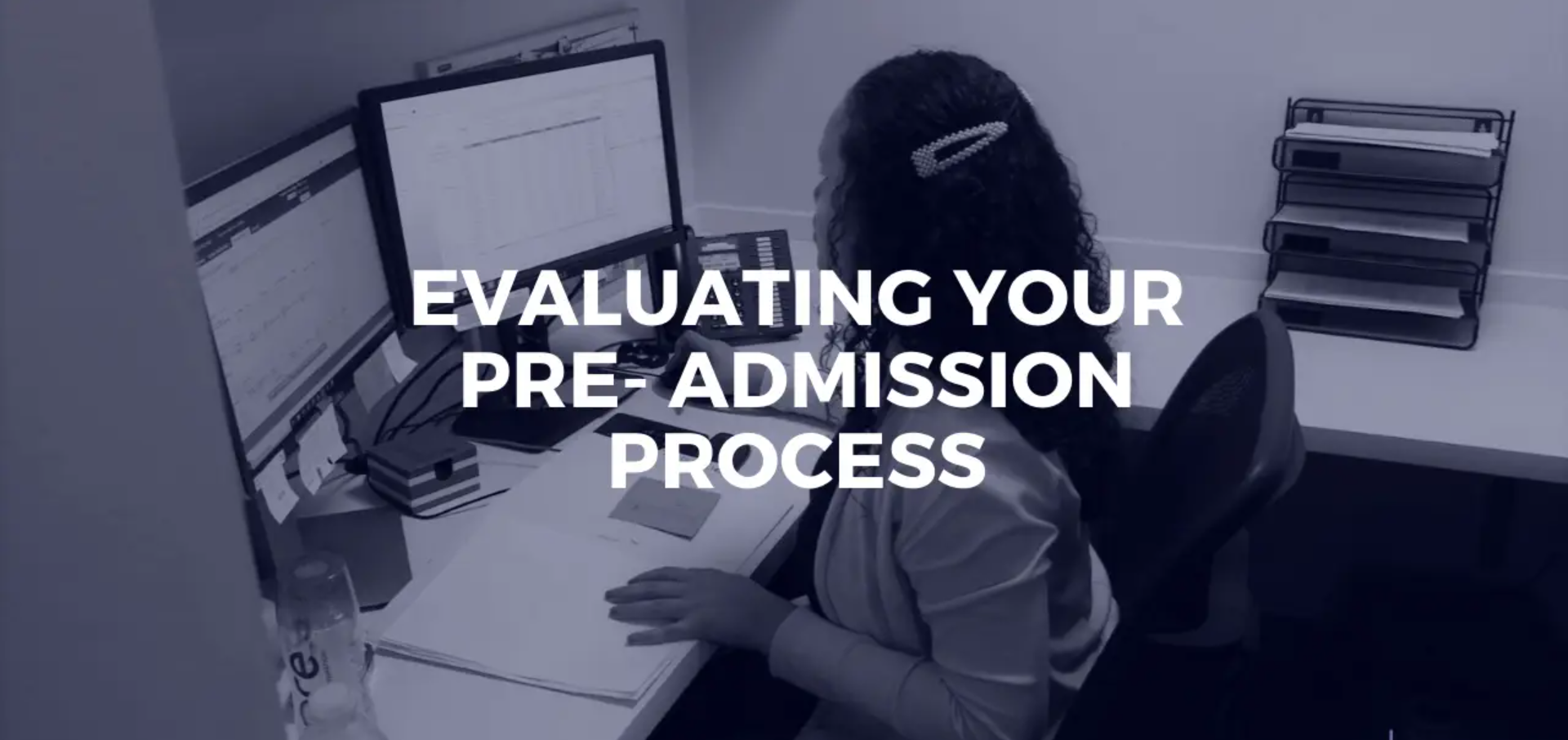

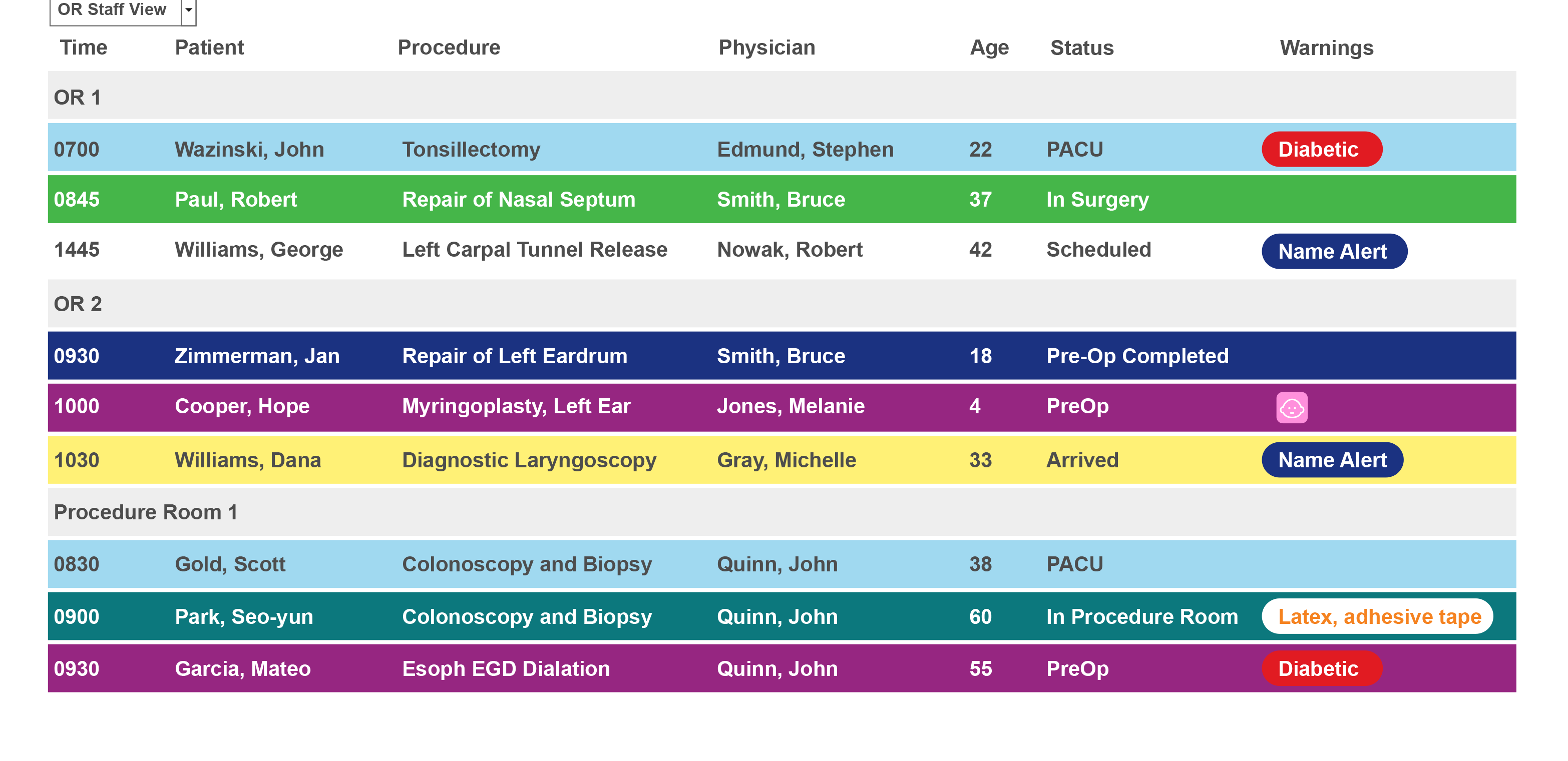
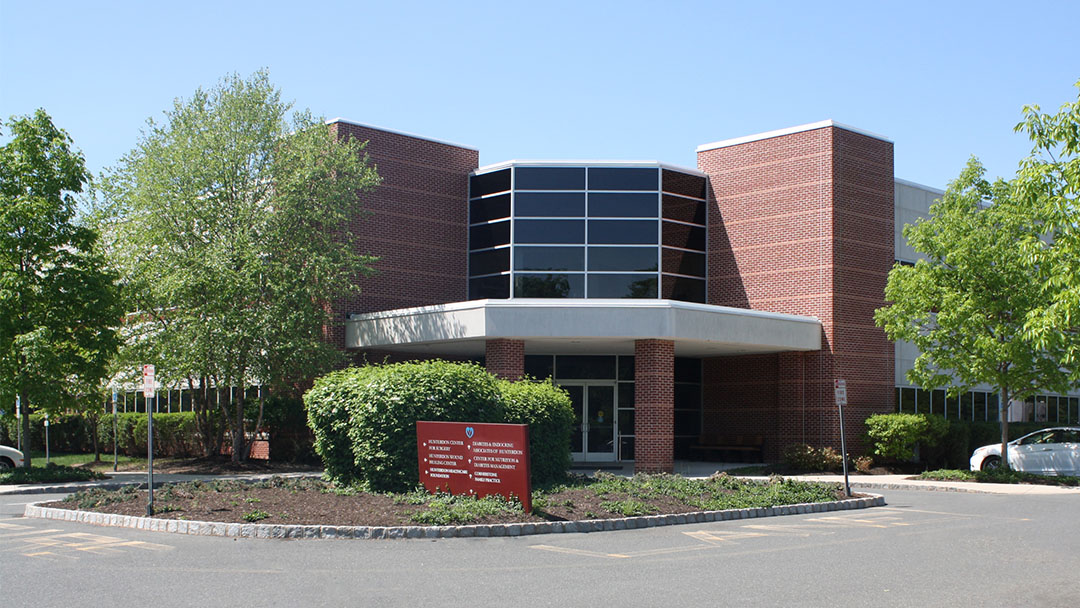

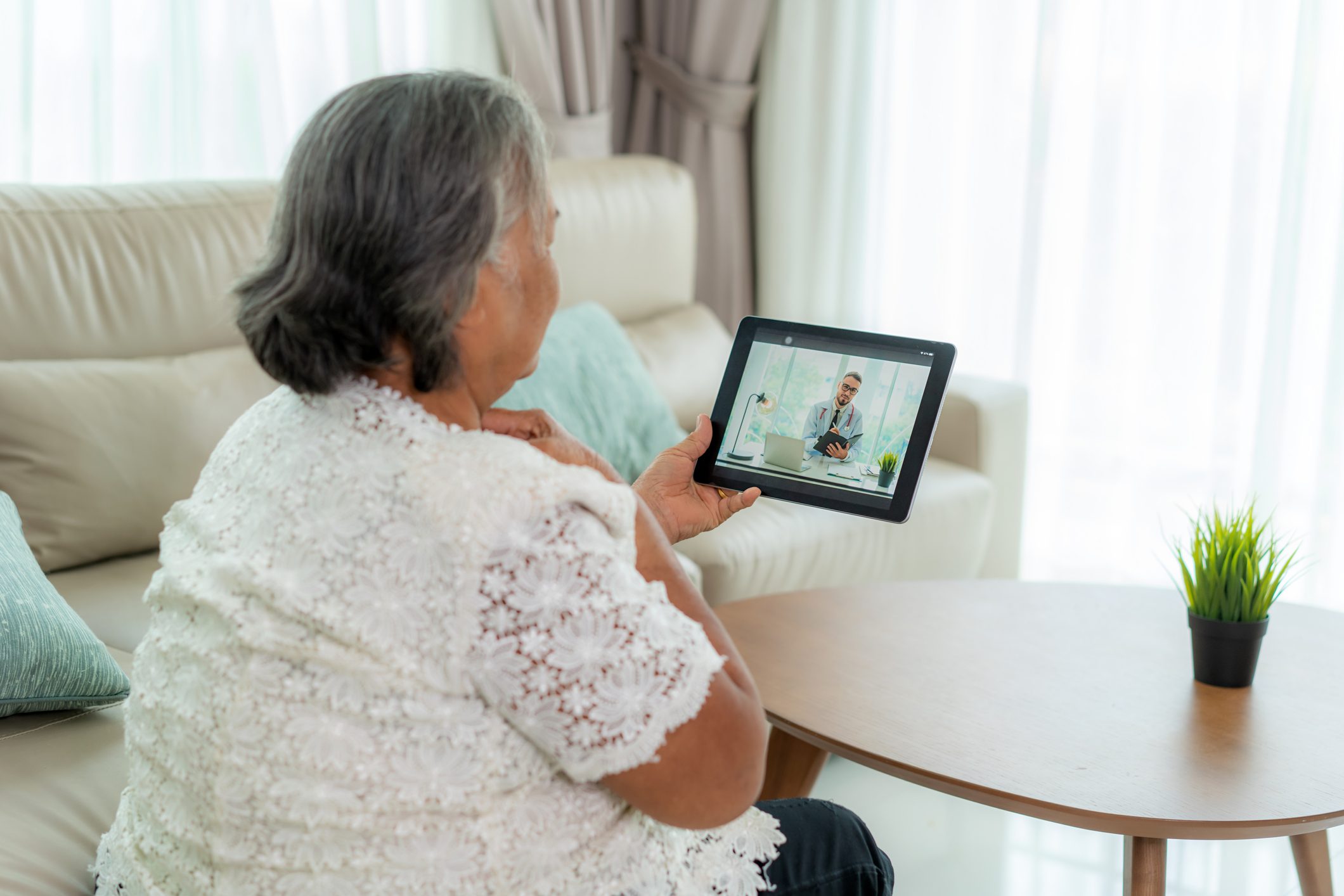
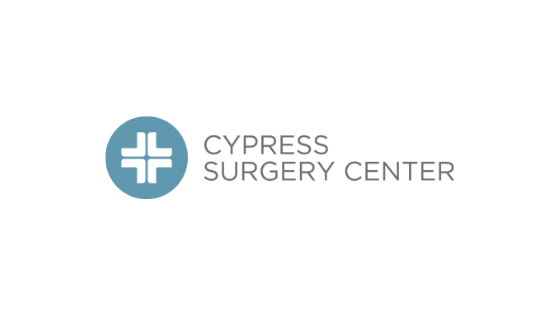



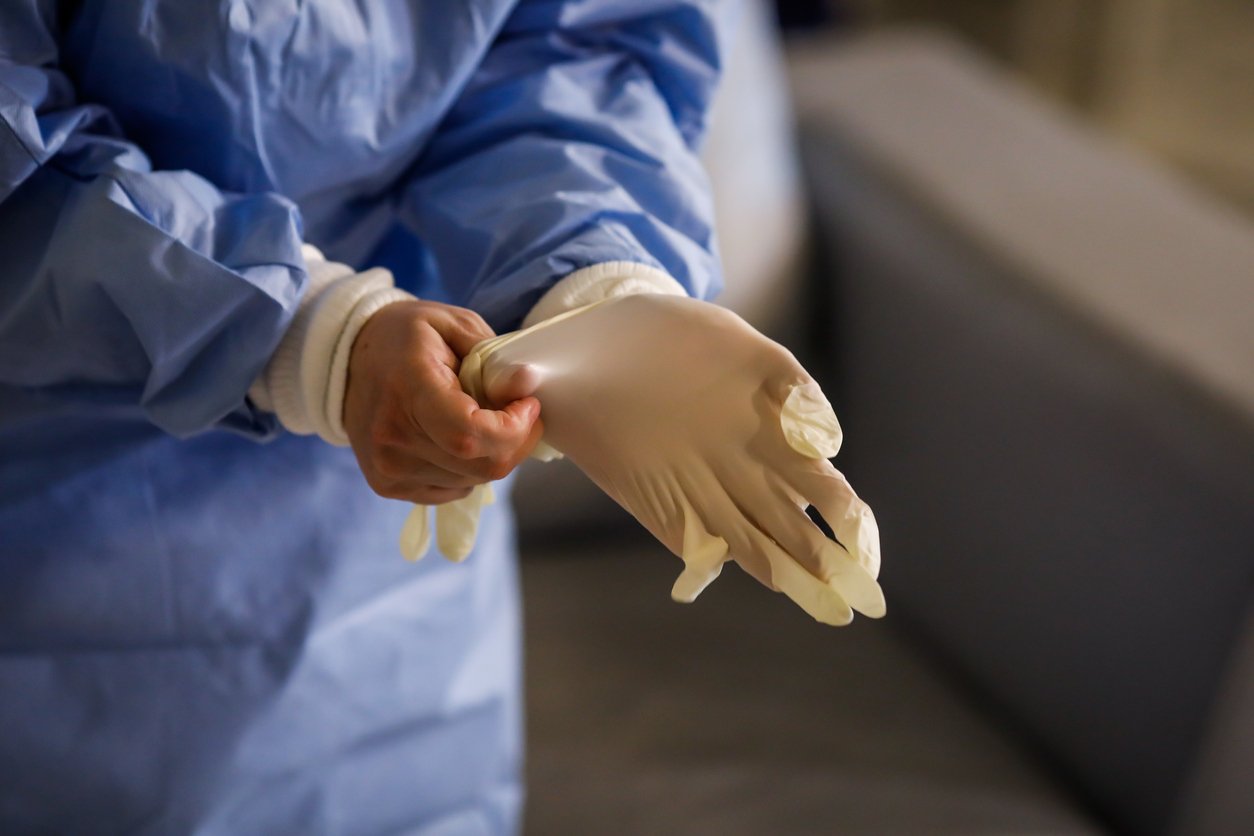



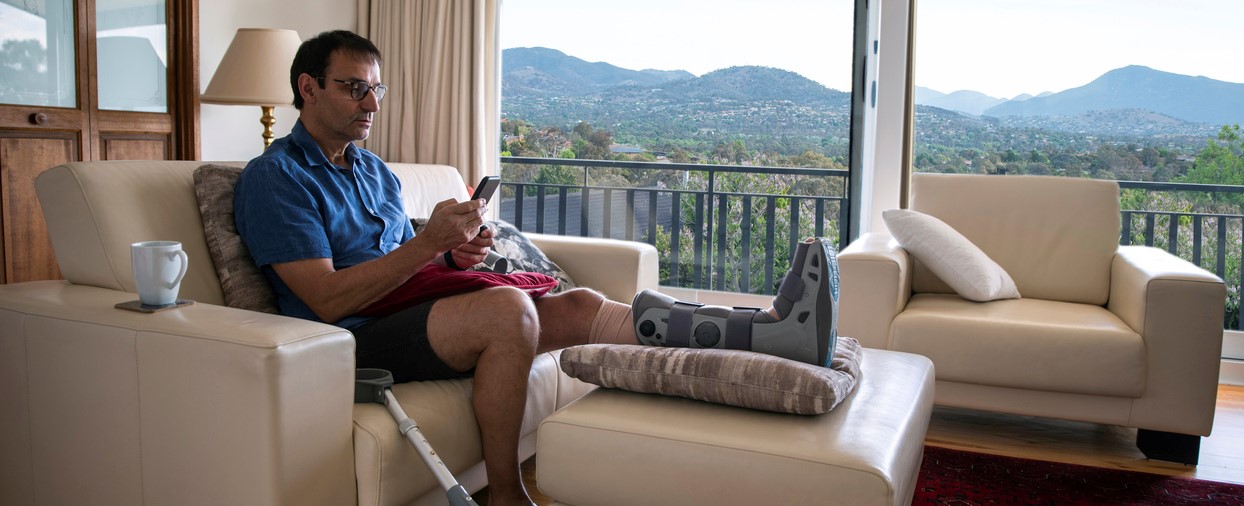
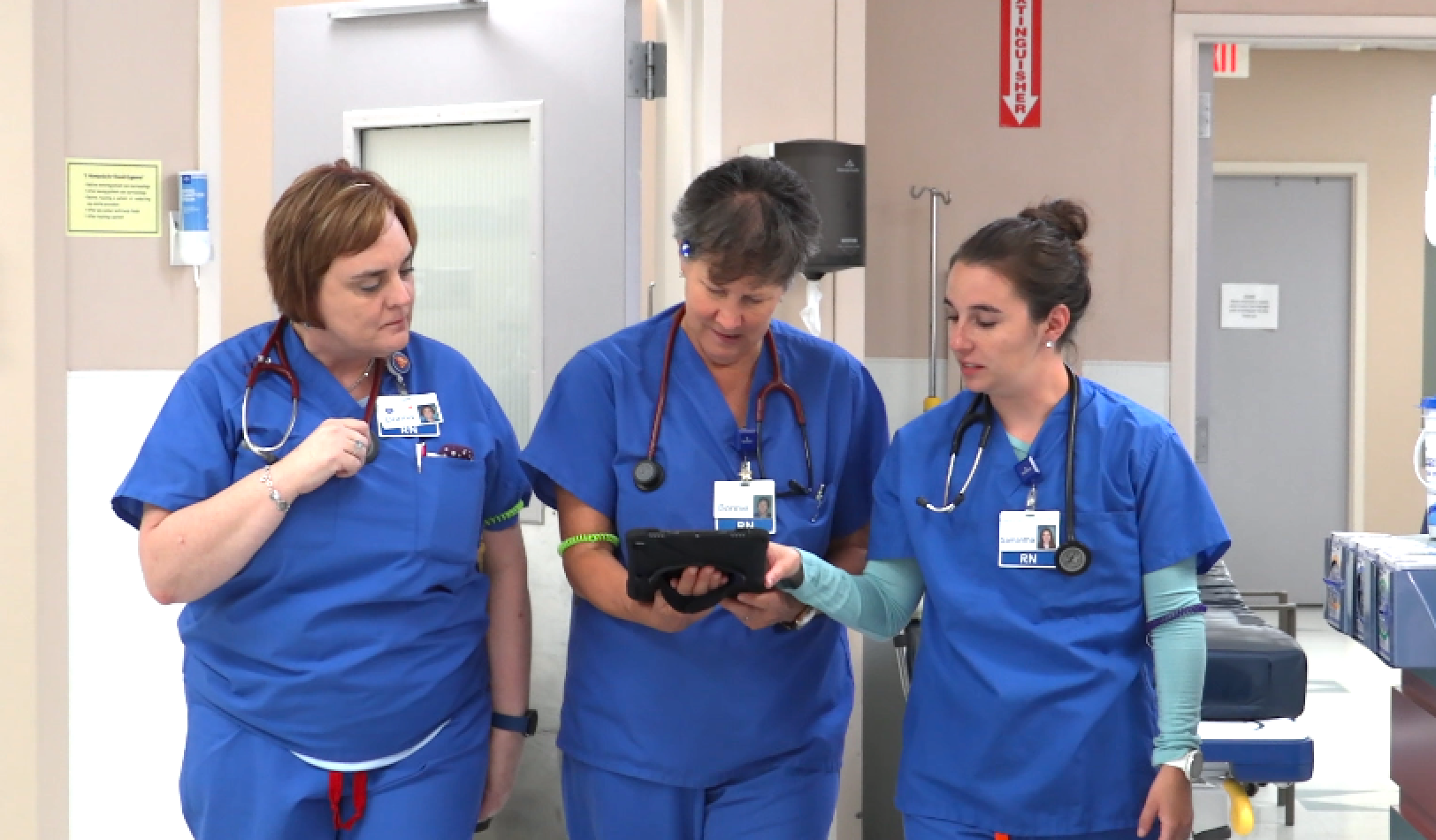


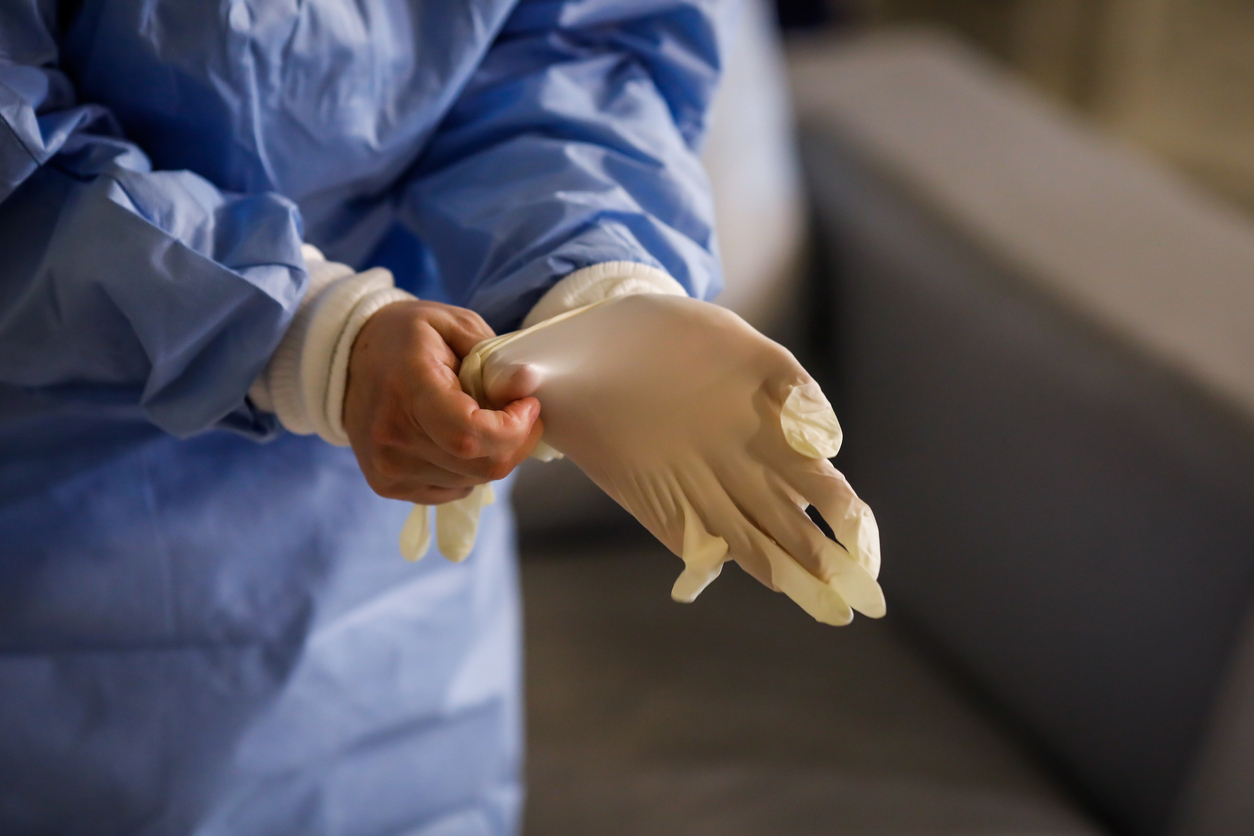

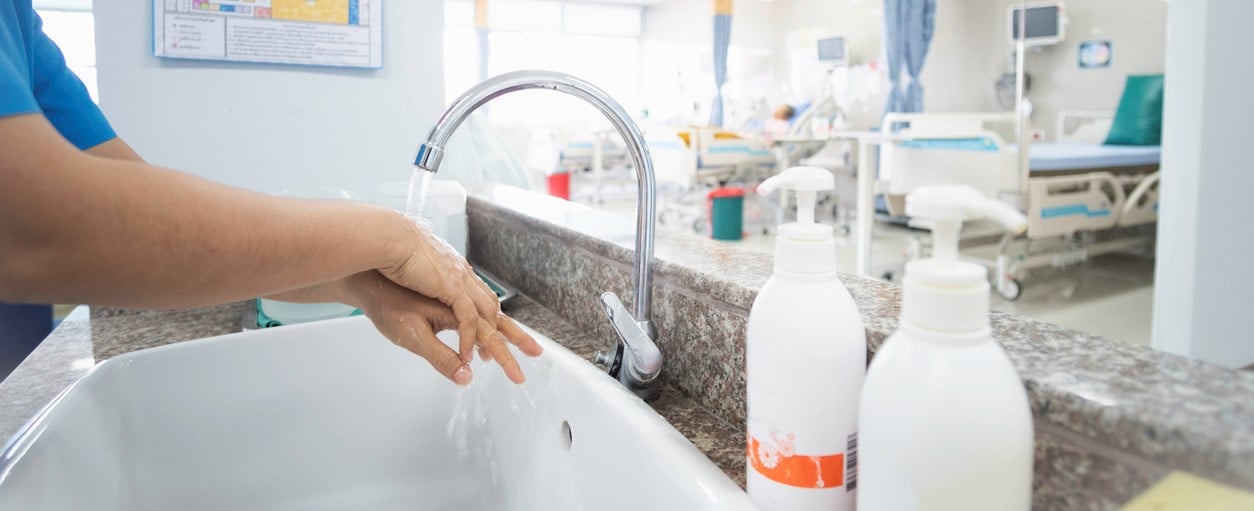



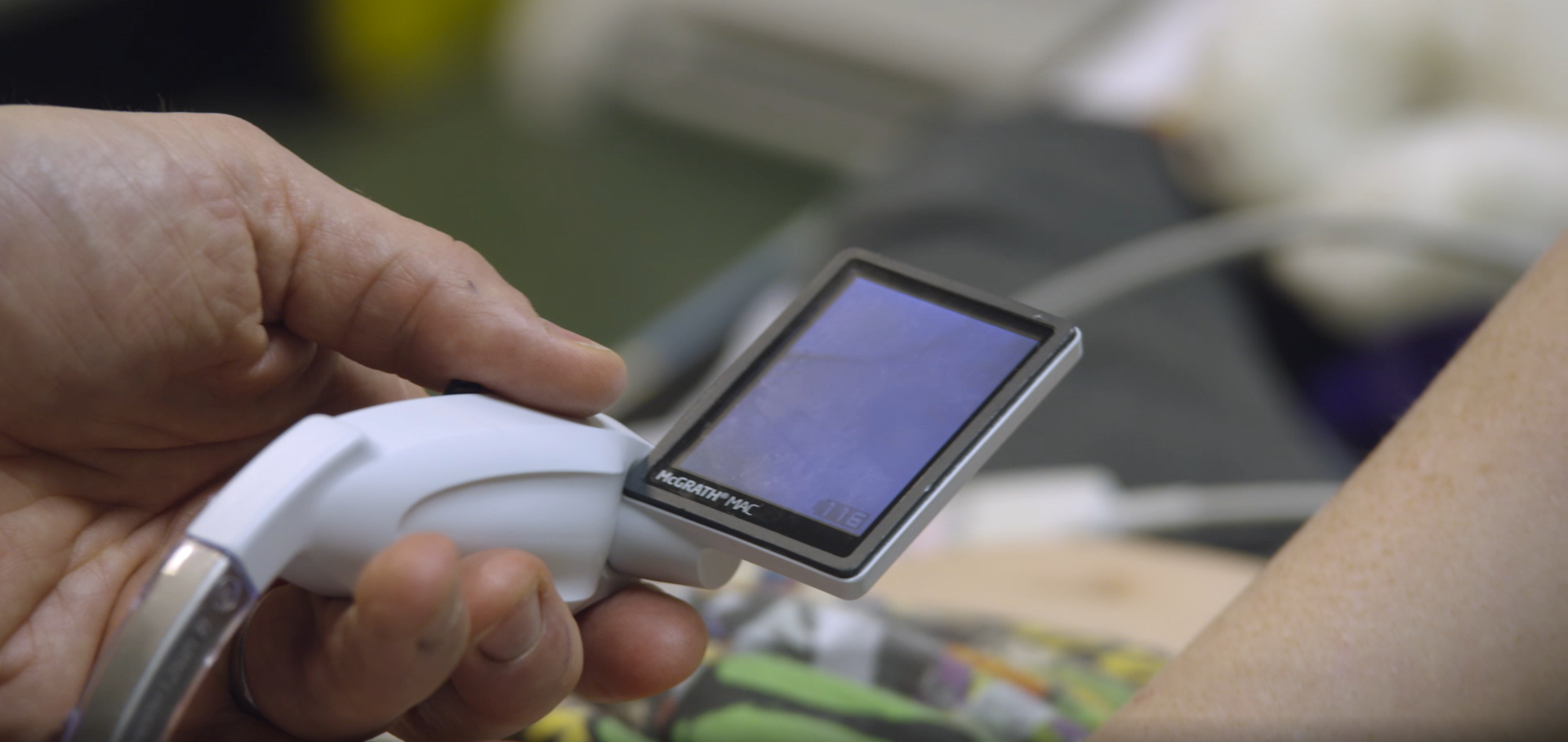



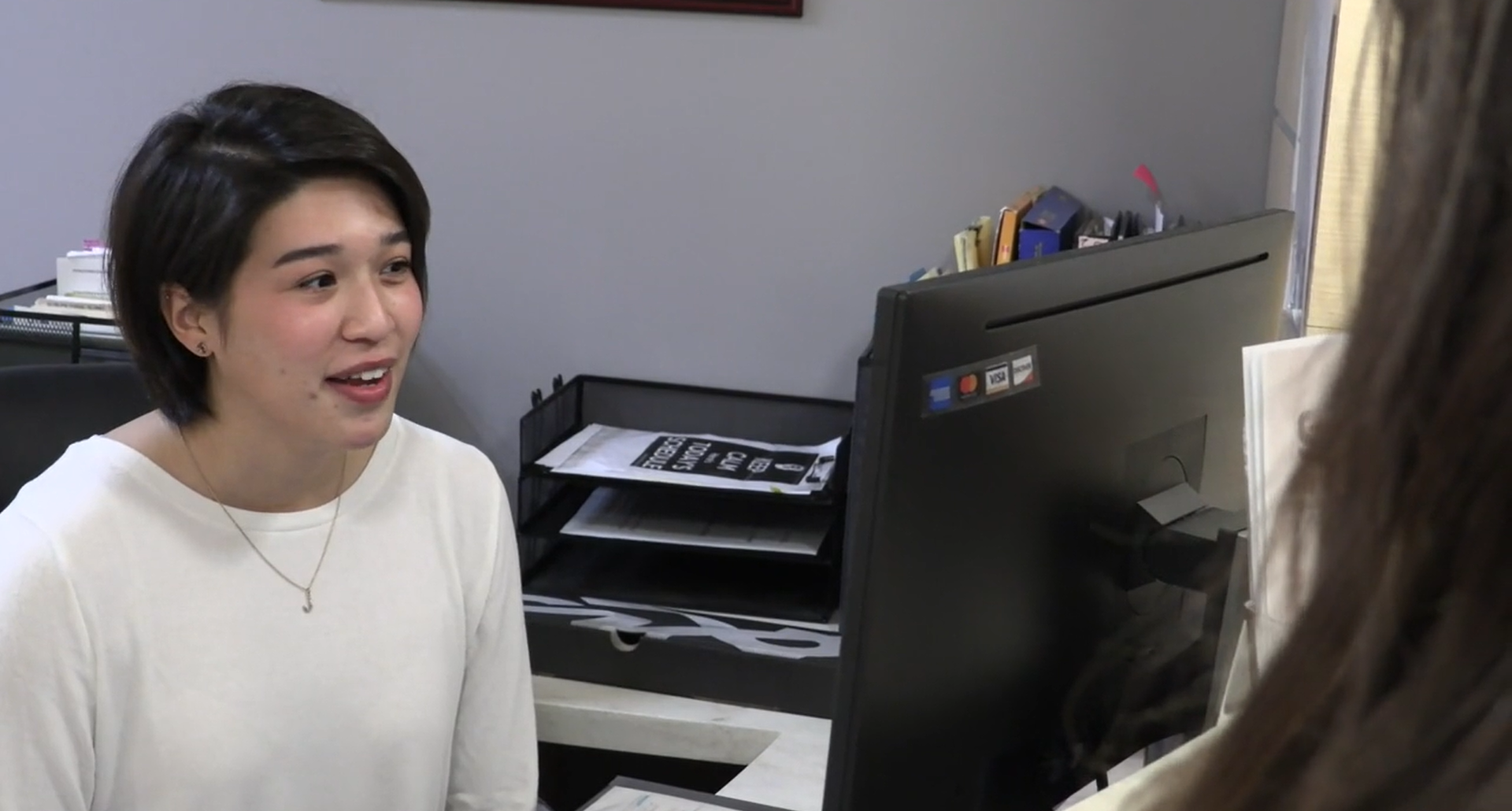

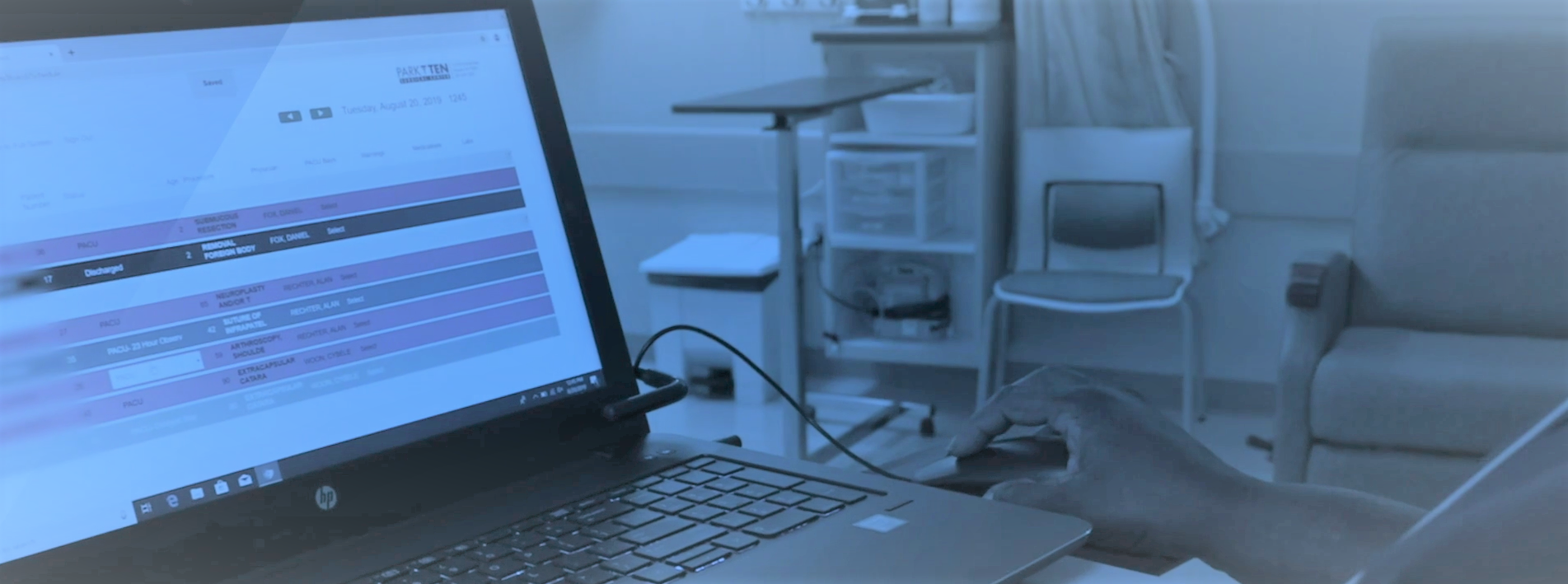



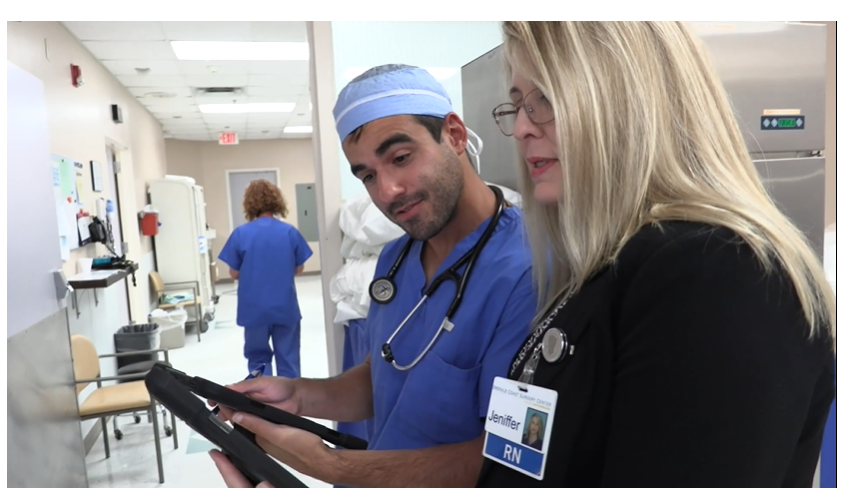





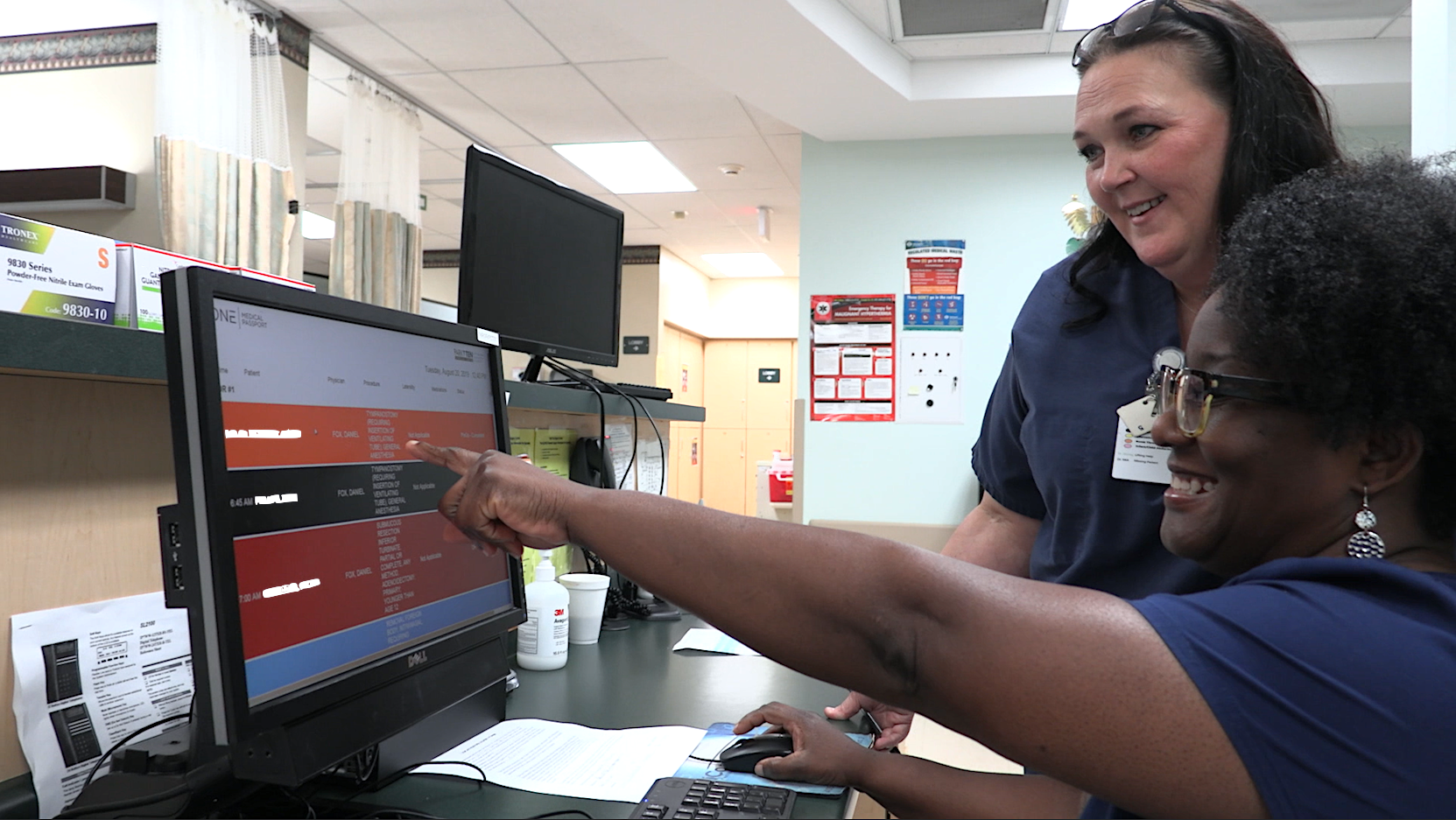
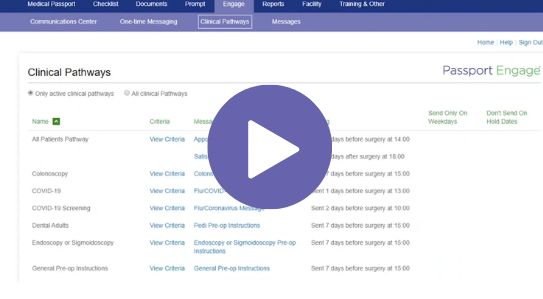


.jpg)
.png)

